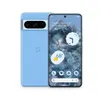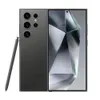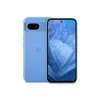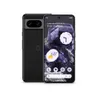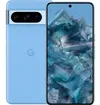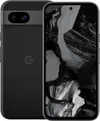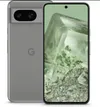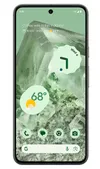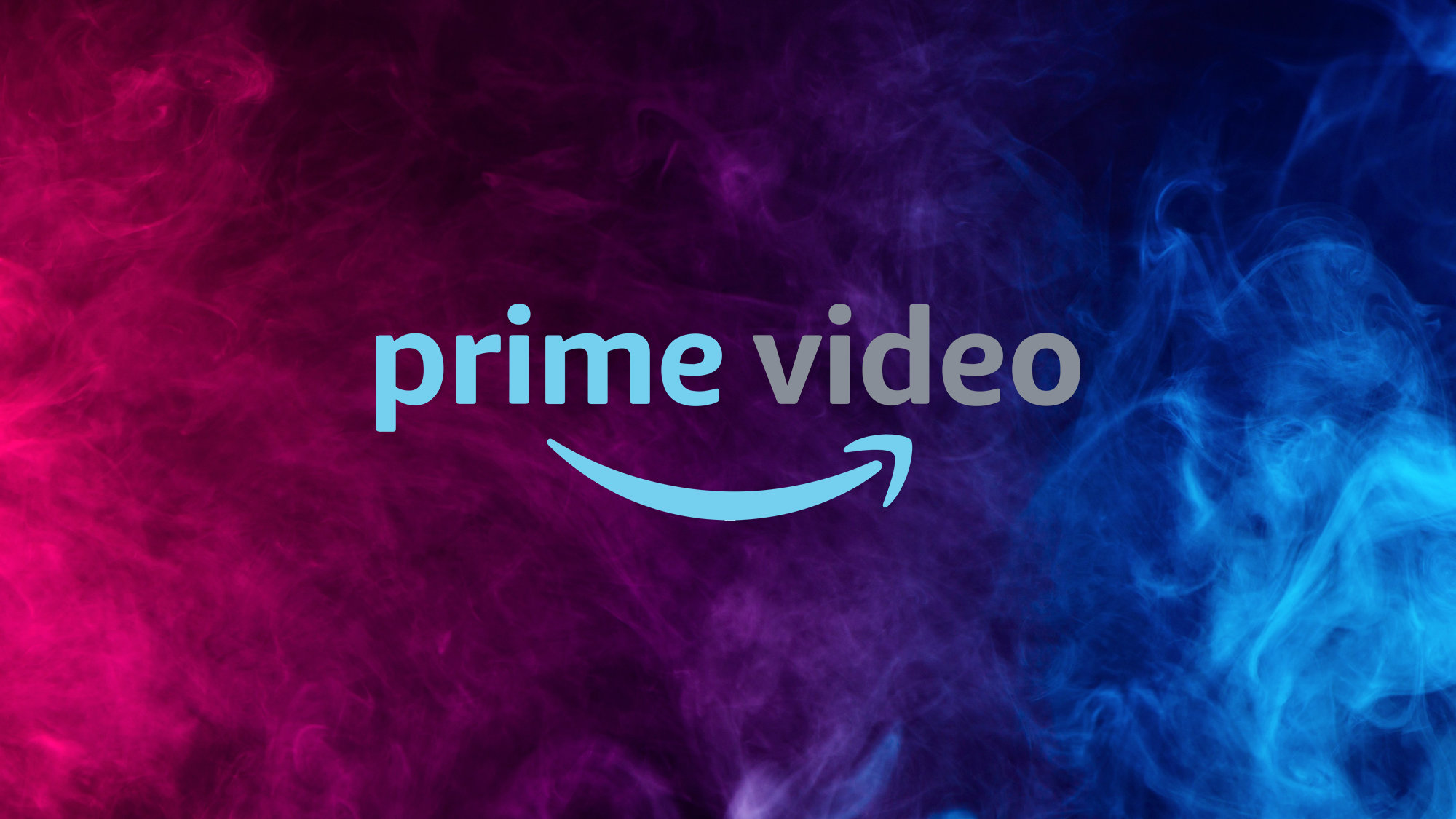I took over 200 photos with Pixel 8a and Pixel 6 Pro — here's the winner
Which is the better camera phone, a brand new mid-range device or a 3-year old flagship?
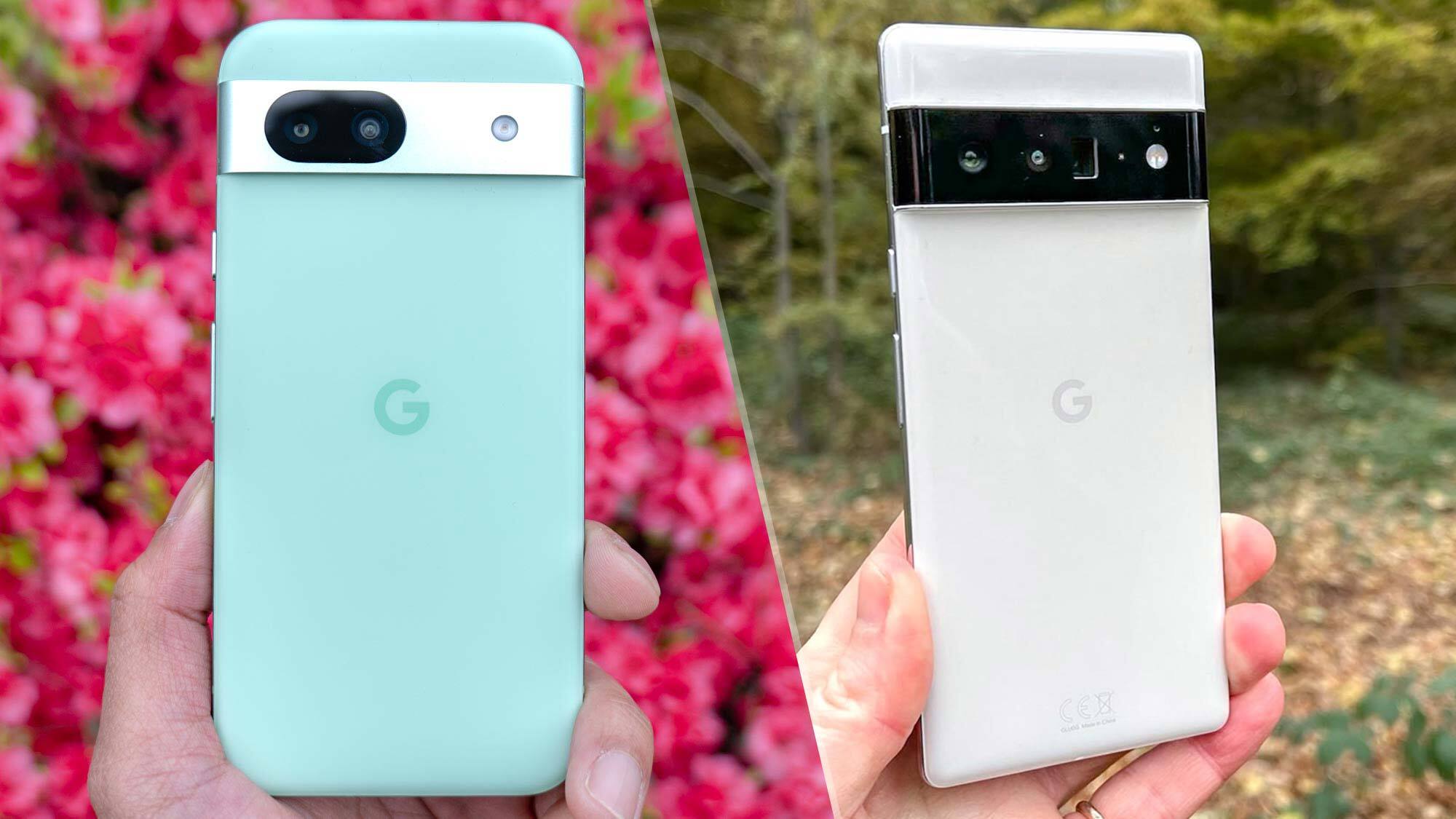
If you’re still rocking a Google Pixel 6 Pro like I am, odds are you’re thinking about upgrading at some point soon. While the Pixel 9 and Pixel 9 Pro are expected to arrive in a few months time, you may also be considering the Pixel 8a. Not only is it much cheaper, it also offers a lot more than the Pixel 6 Pro.
Better performance, better battery life and from the looks of things better camera quality. Not only has the camera hardware improved over the past couple of years, the software and image processing hardware has advanced alongside it. The question is, are the photos from the Pixel 8a actually better?
Comparing the two on paper is pretty difficult since the camera specs are all over the place. The Pixel 8a has a higher resolution main camera, but the 6 Pro also has a larger sensor and larger pixels — both of which can give it a boost in low-light photography. The same is true of the 6 Pro’s ultrawide camera, though not to the same extreme, and the telephoto lens should offer a zooming advantage.
Then again, there’s a lot more to mobile photography than hardware. These days the software plays just as big a part in the final image as the hardware. So the fact the Pixel 8a has a more powerful Tensor G3 chipset means it should have more advanced image processing and computational photography abilities. Even if it won’t make it to the top of our list of the best camera phones.
So to put these two cameras to the test, I took over 200 photos with both phones at the same time. I then compared those photos on my laptop so I could see them side-by-side and figure out all the differences. And to decide whether the Pixel 8a or Pixel 6 Pro takes the best photos, I graded them in 10 categories to figure out which one is the winner.
Daytime
It's immediately apparent that there's a difference in color when comparing the Pixel 8a and Pixel 6 Pro during the day. The contrast is more obvious on the Pixel 8a and the colors look a little more vivid and realistic in the process. There isn't a noticeable difference in quality until you start looking a little closer.
Zoom in even just a little bit and you'll see the Pixel 6 Pro's sharpness dip quite considerably. Whether its the higher resolution, Tensor G3 advancements or some mixture of the two, the Pixel 8a's photos look considerable better — not to mention less washed out.
Get instant access to breaking news, the hottest reviews, great deals and helpful tips.
Winner: Pixel 8a
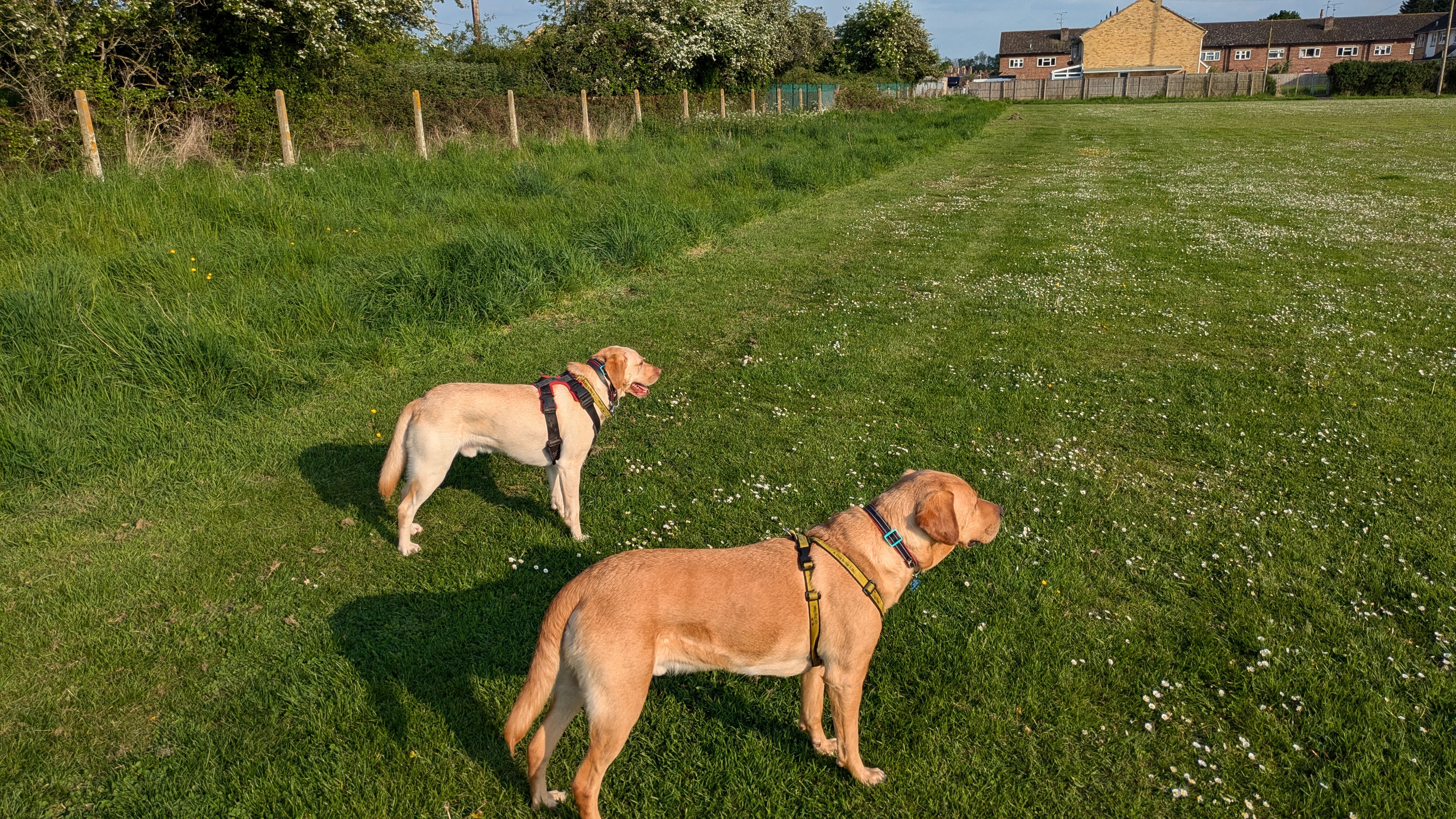
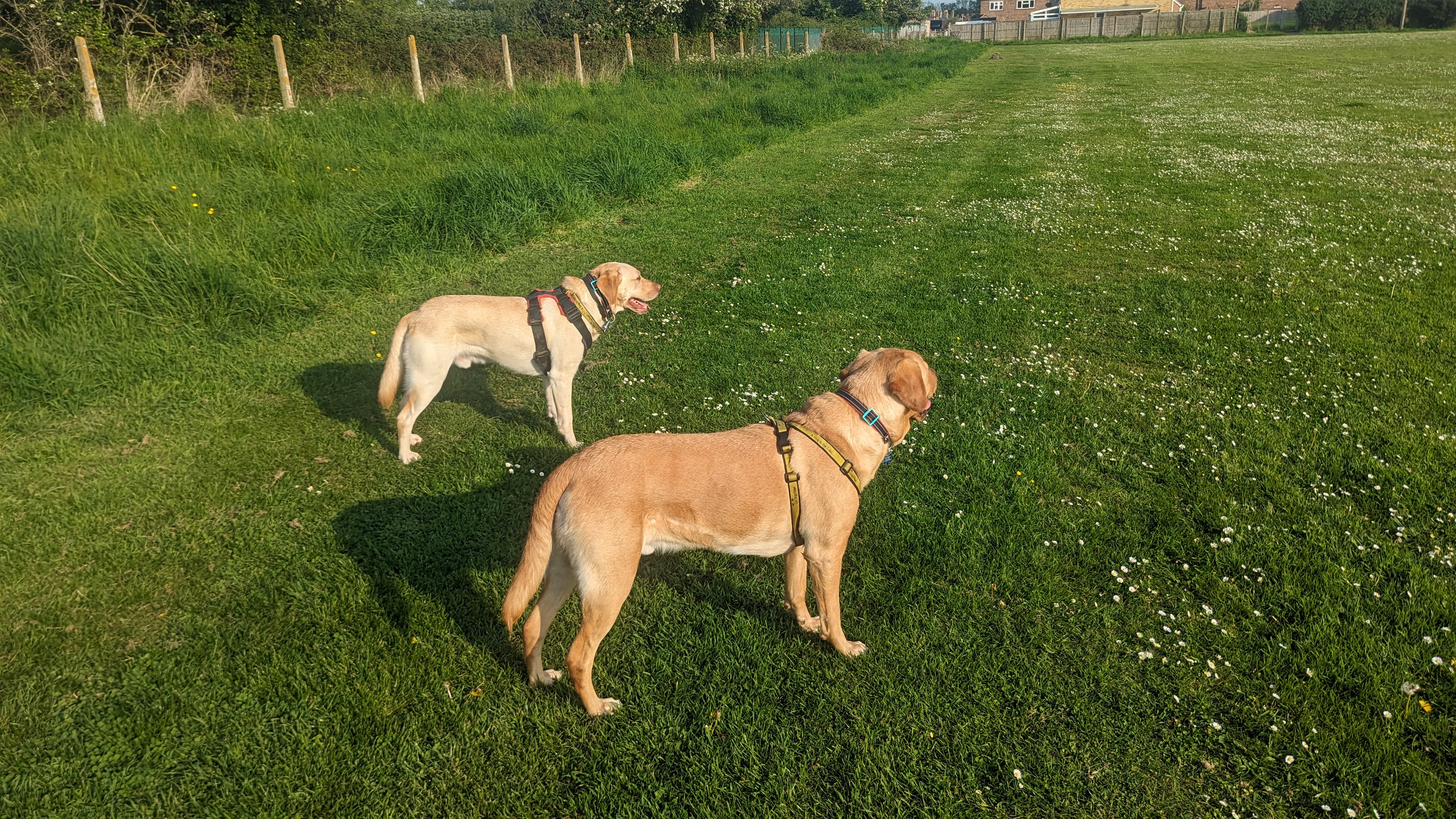
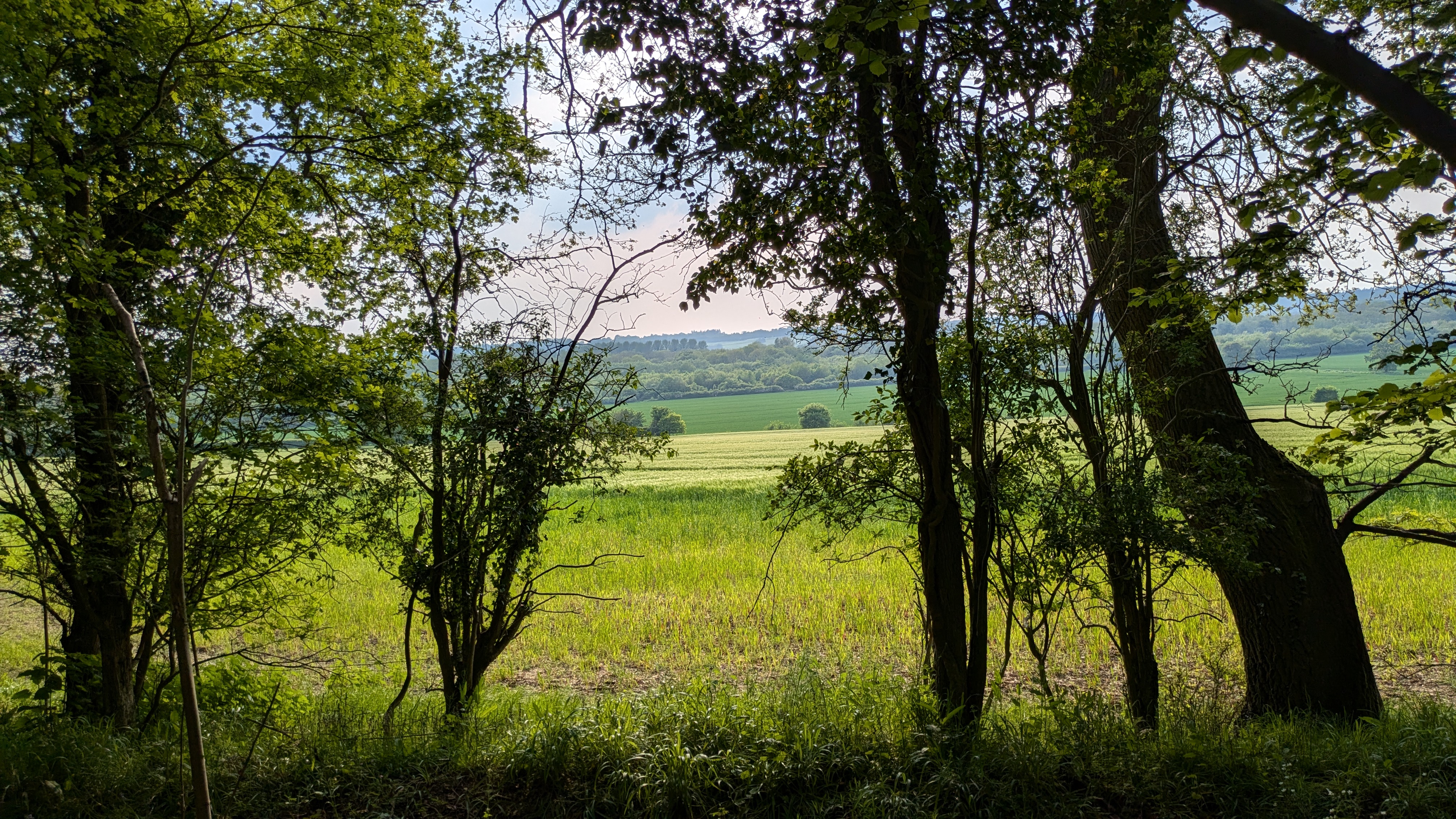
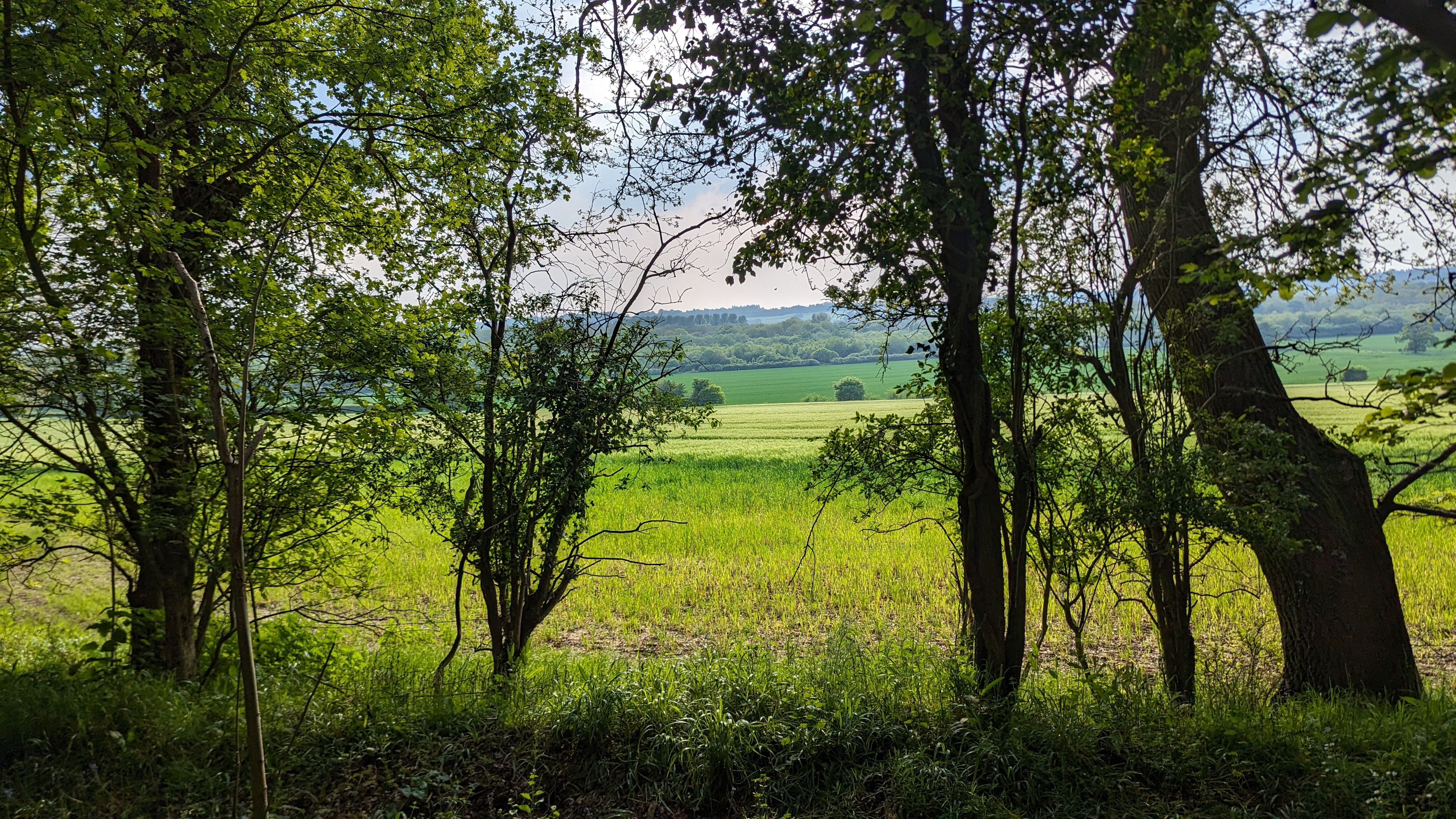
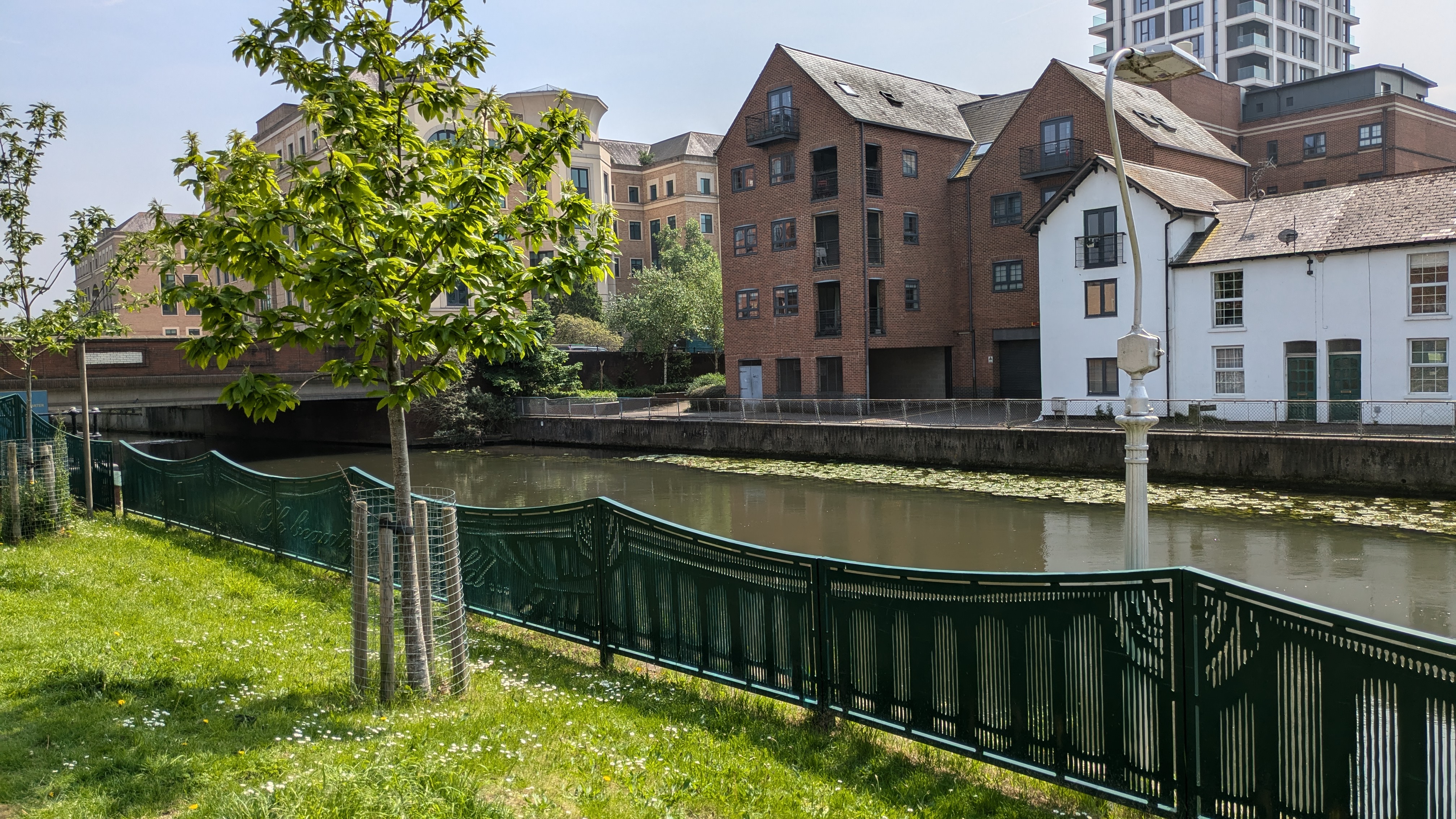
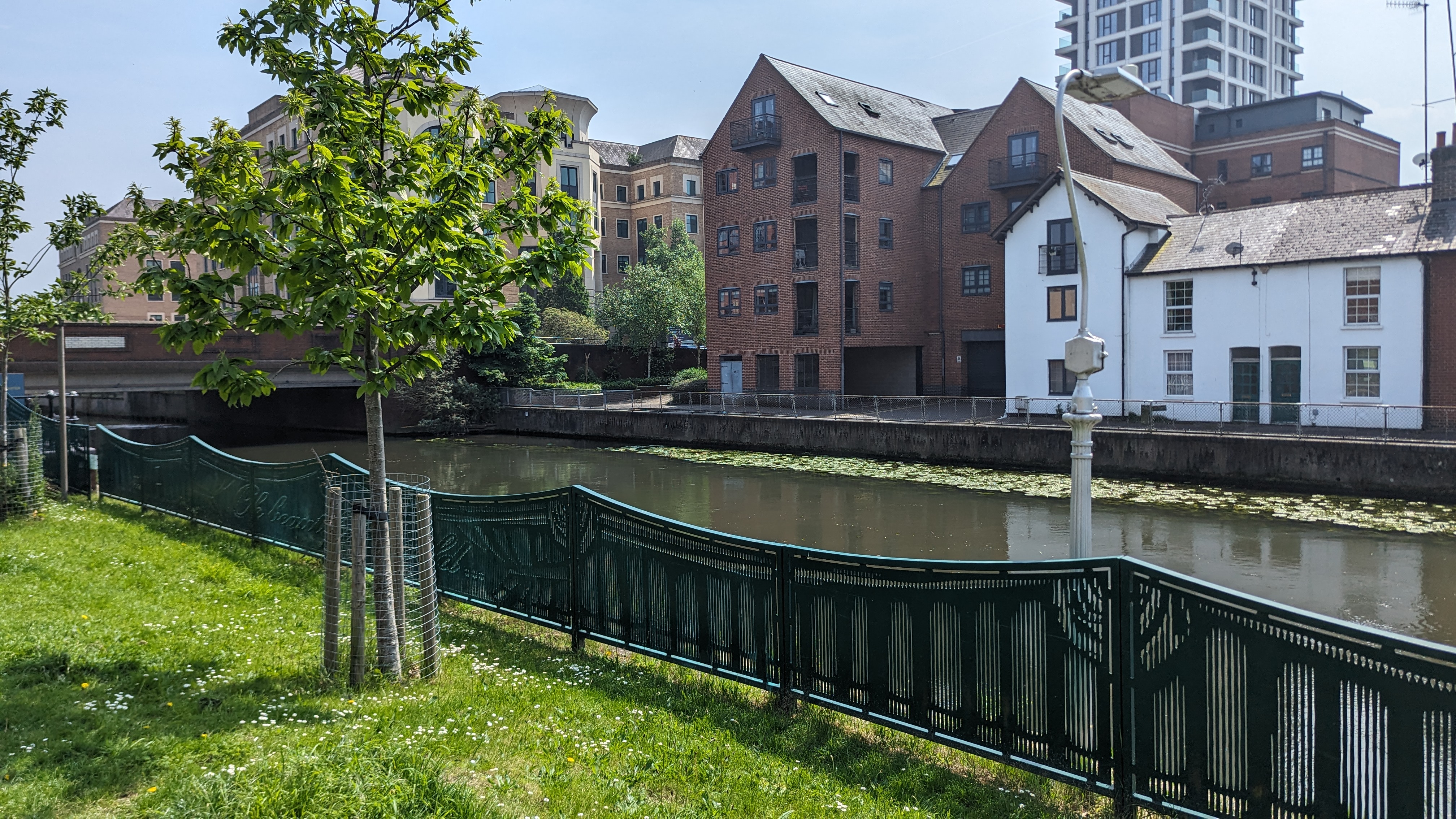
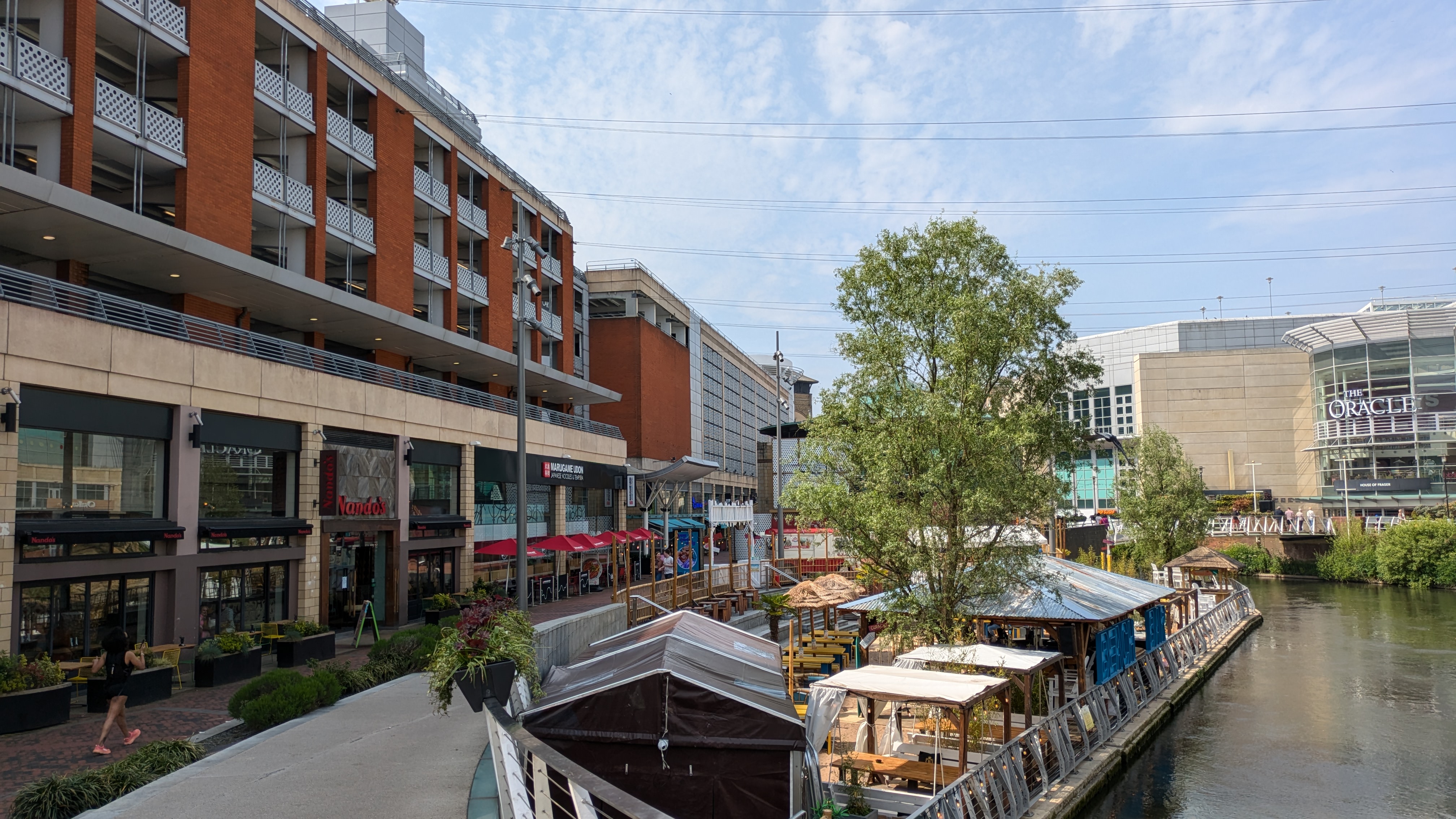
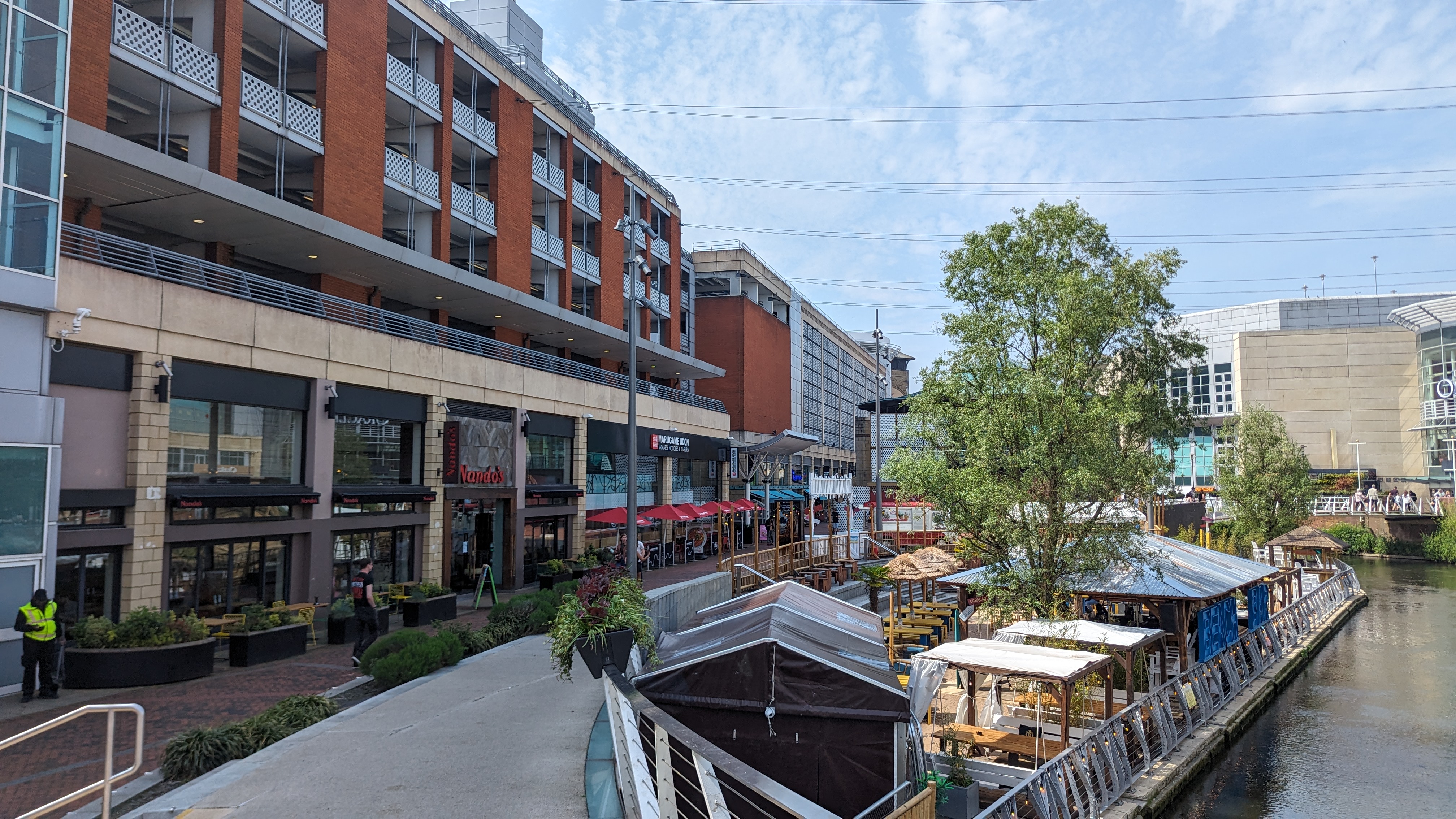
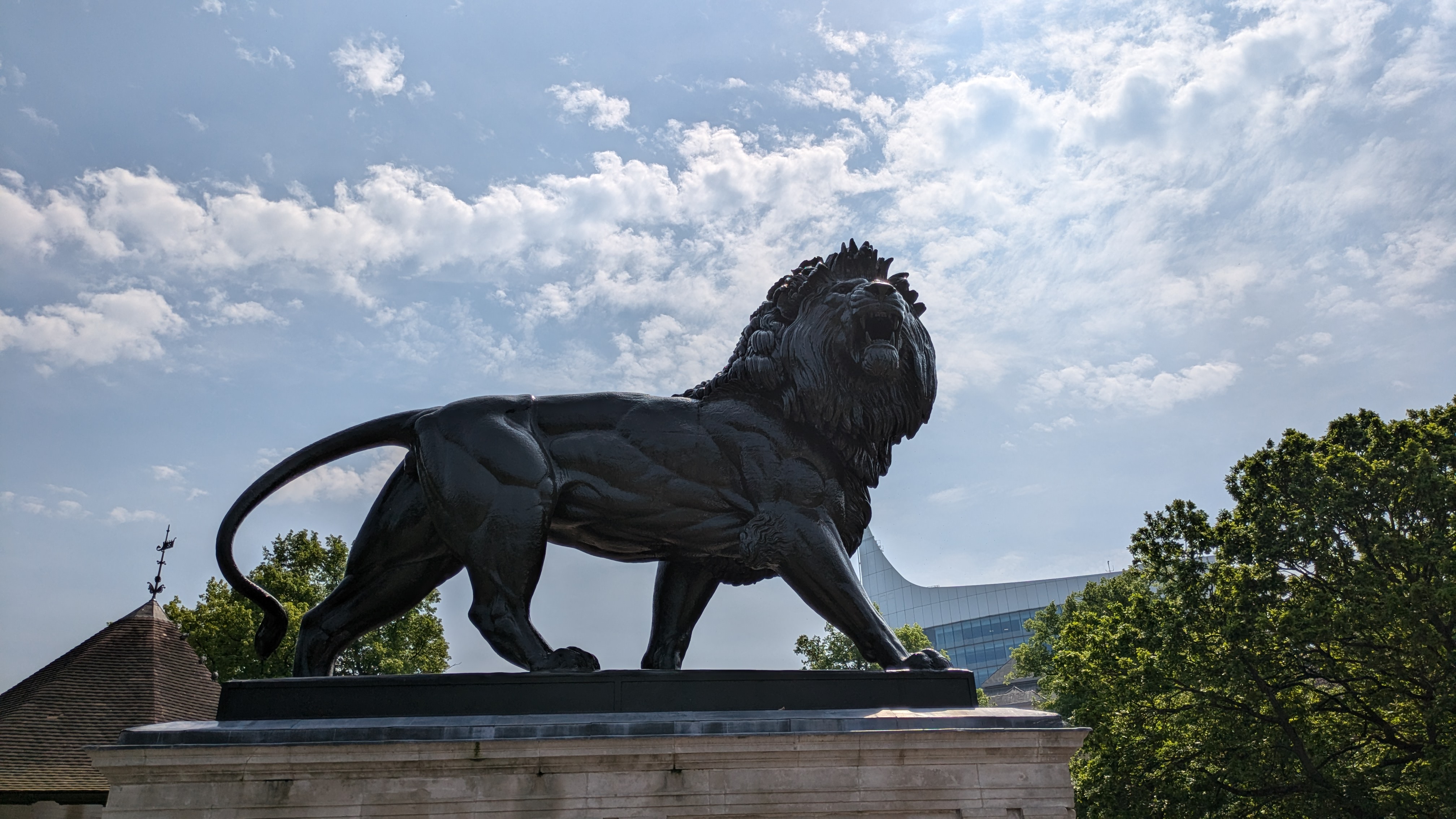
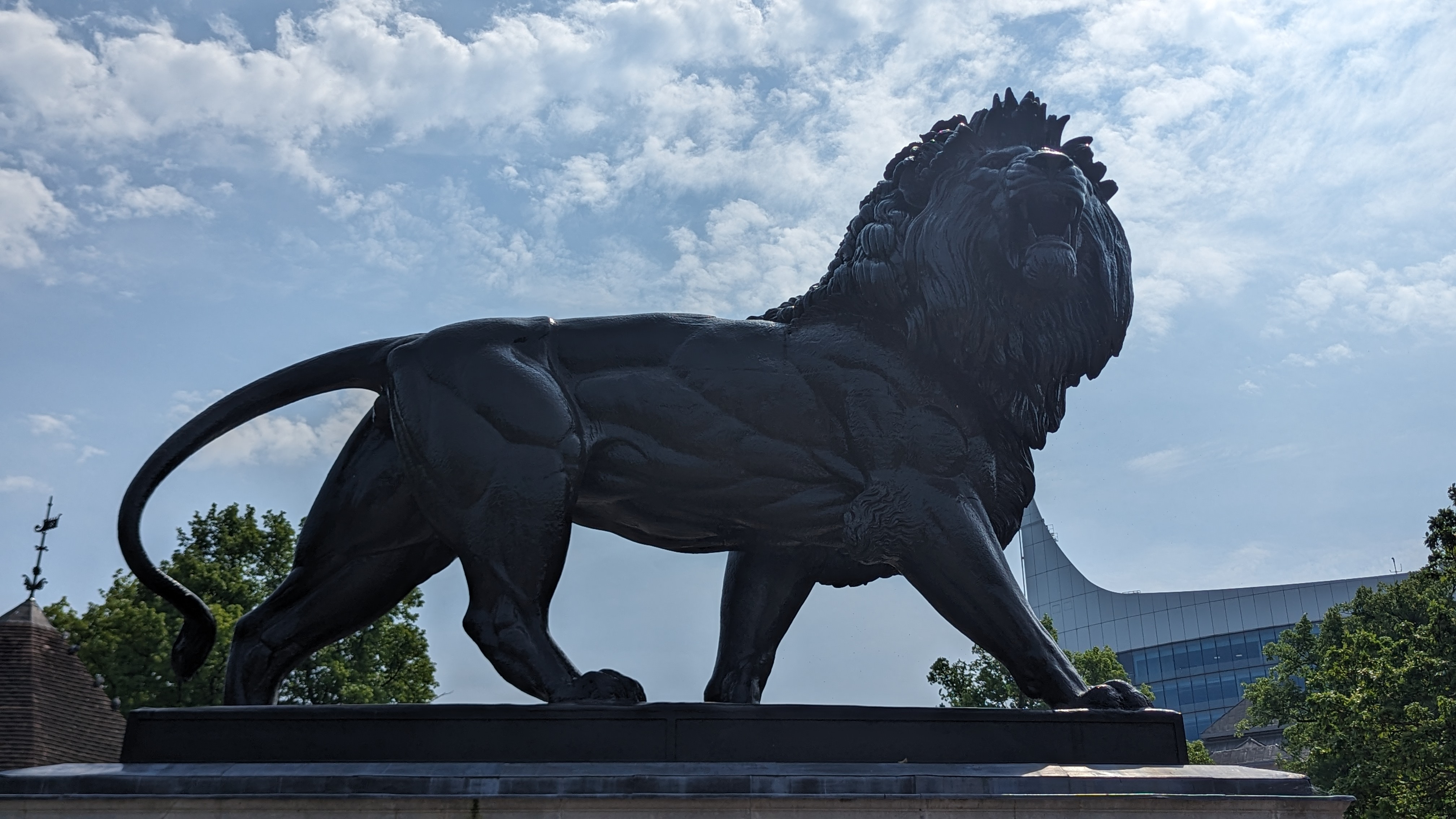
Ultrawide
It's a very similar situation with the ultrawide lens. The Pixel 8a offers better contrast and realistic coloring whereas the Pixel 6 Pro seems rather washed out. However, zooming in shows that the actual difference in quality isn't nearly as extreme. In fact, these shots are virtually indistinguishable.
The Pixel 8a's 120-degree field of view also means you can capture more than the 114-degree Pixel 6 Pro. Too bad a number of shots on the A series came out with some serious distortion along the edges. It hasn't happened on every photo, but it was a common enough occurrence that it could prove to be a problem. Let's just hope it can be fixed with a software update somewhere down the line.
Winner: Tie.
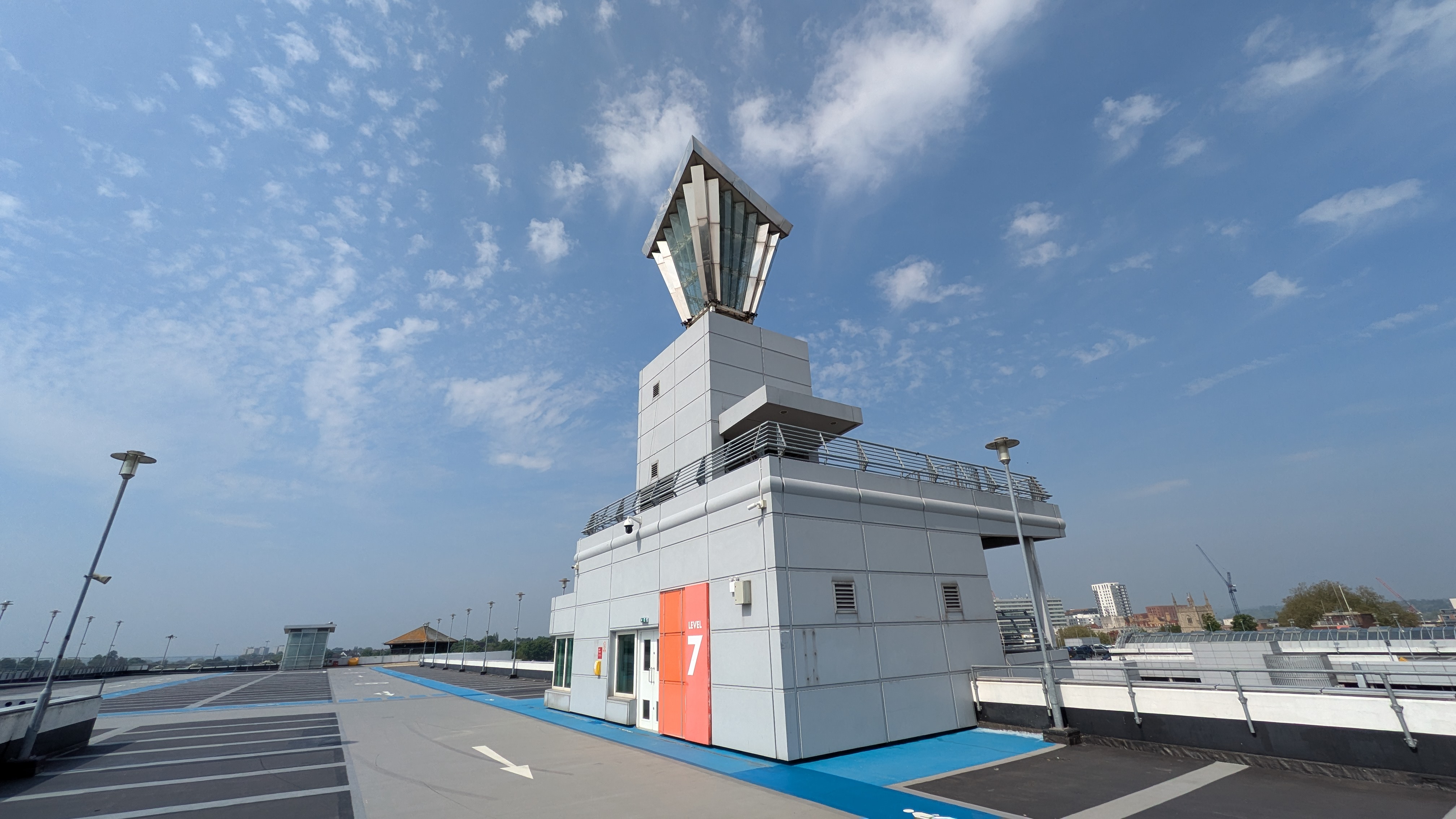
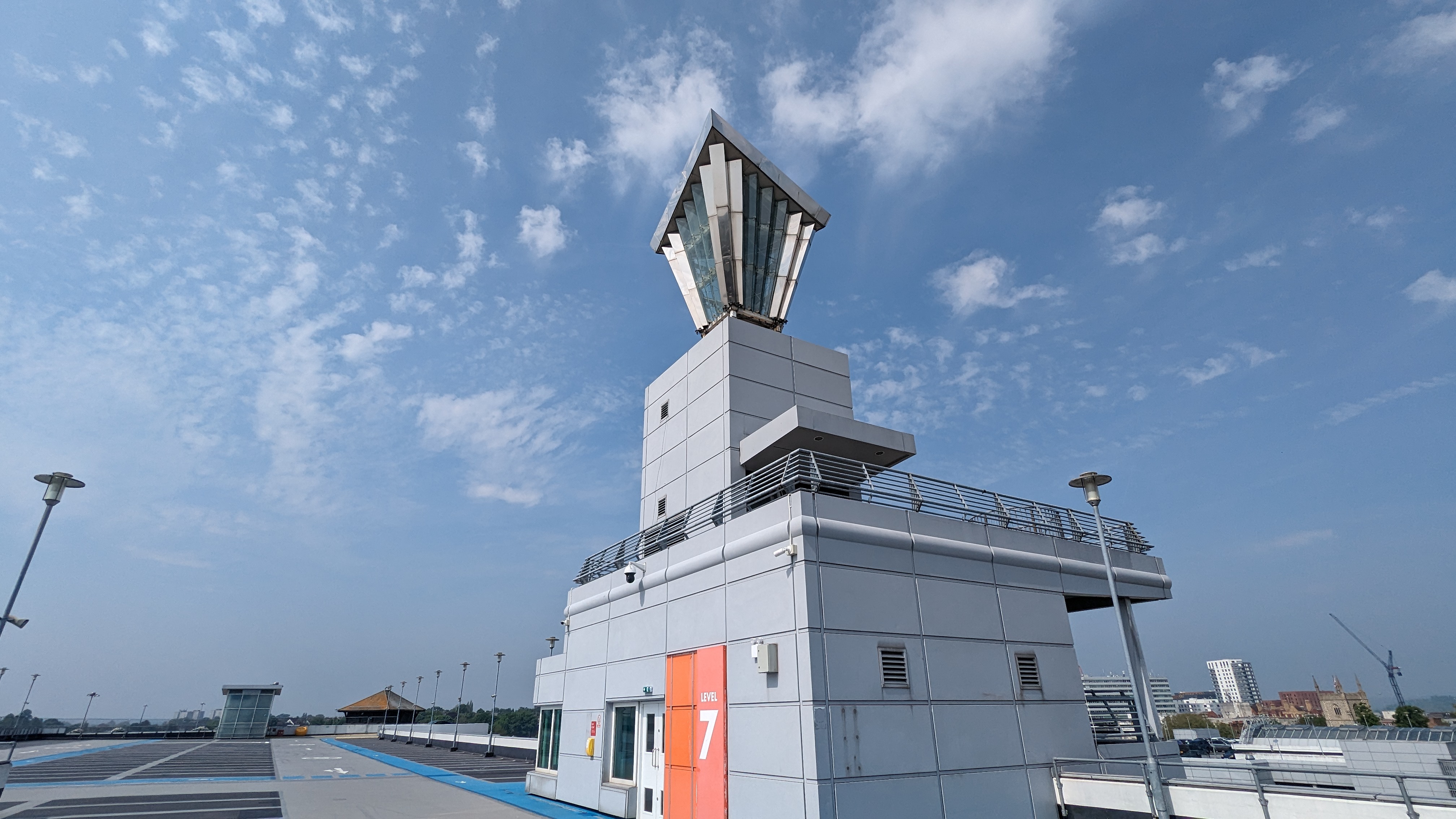
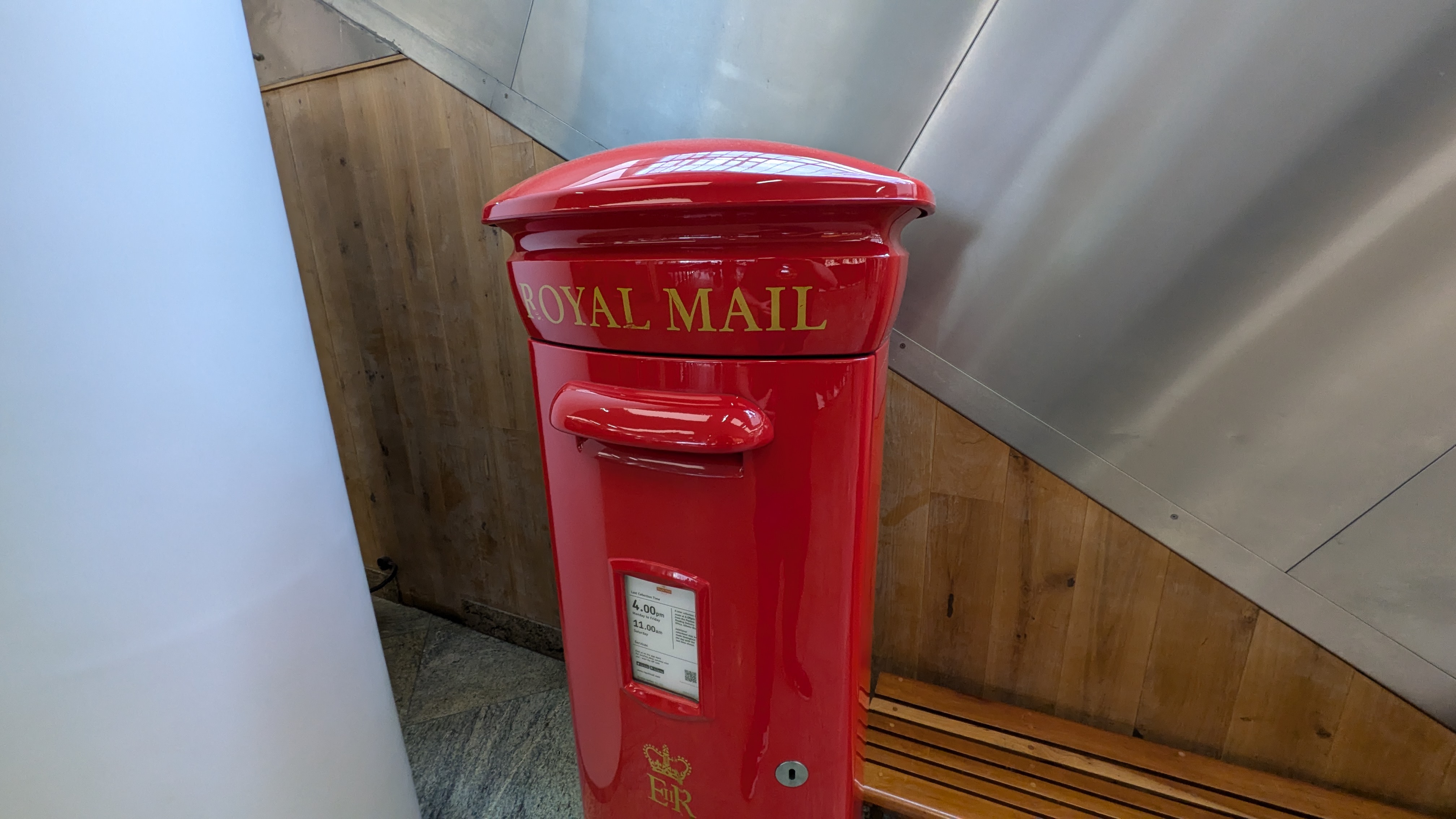
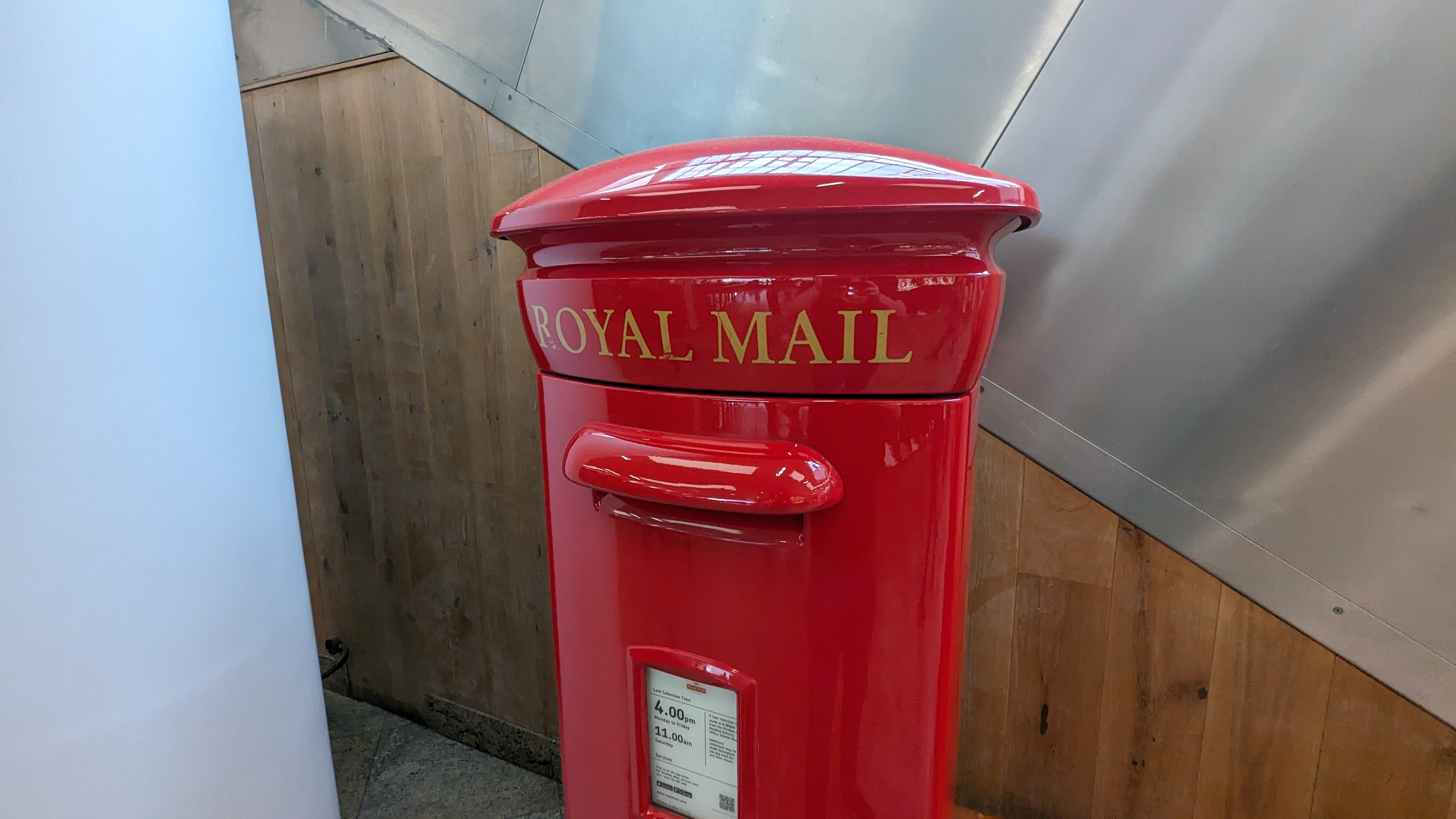
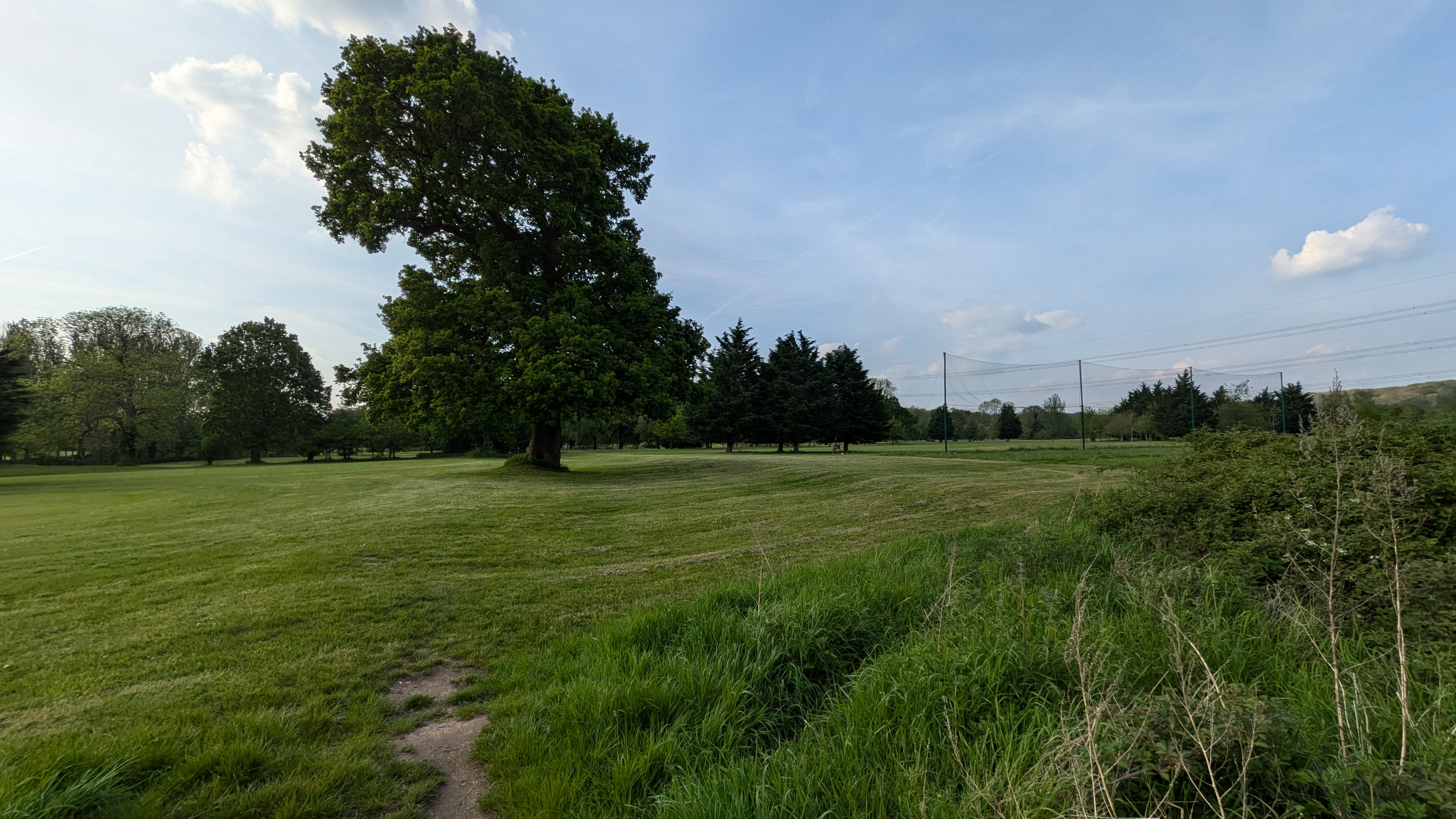
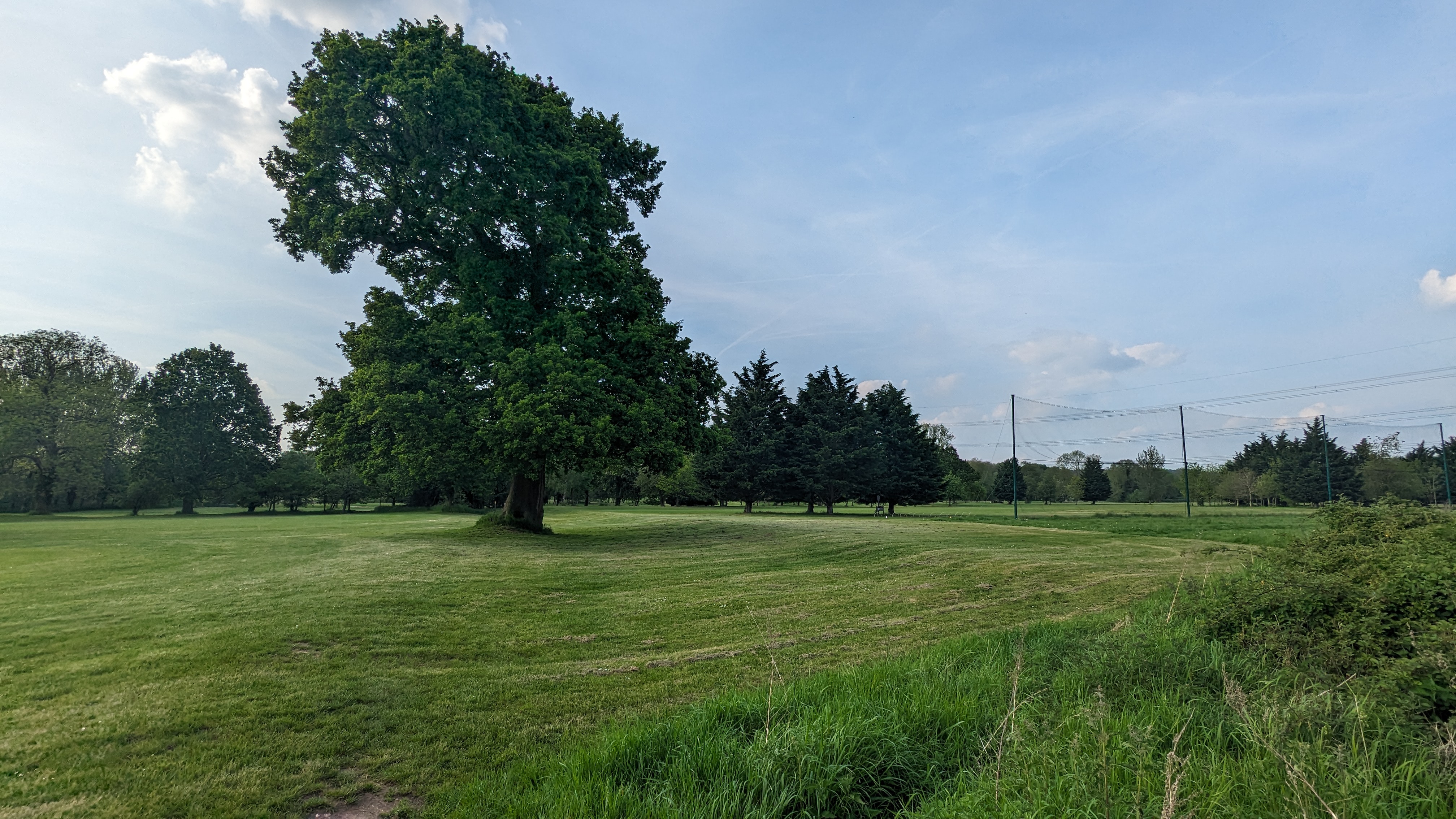
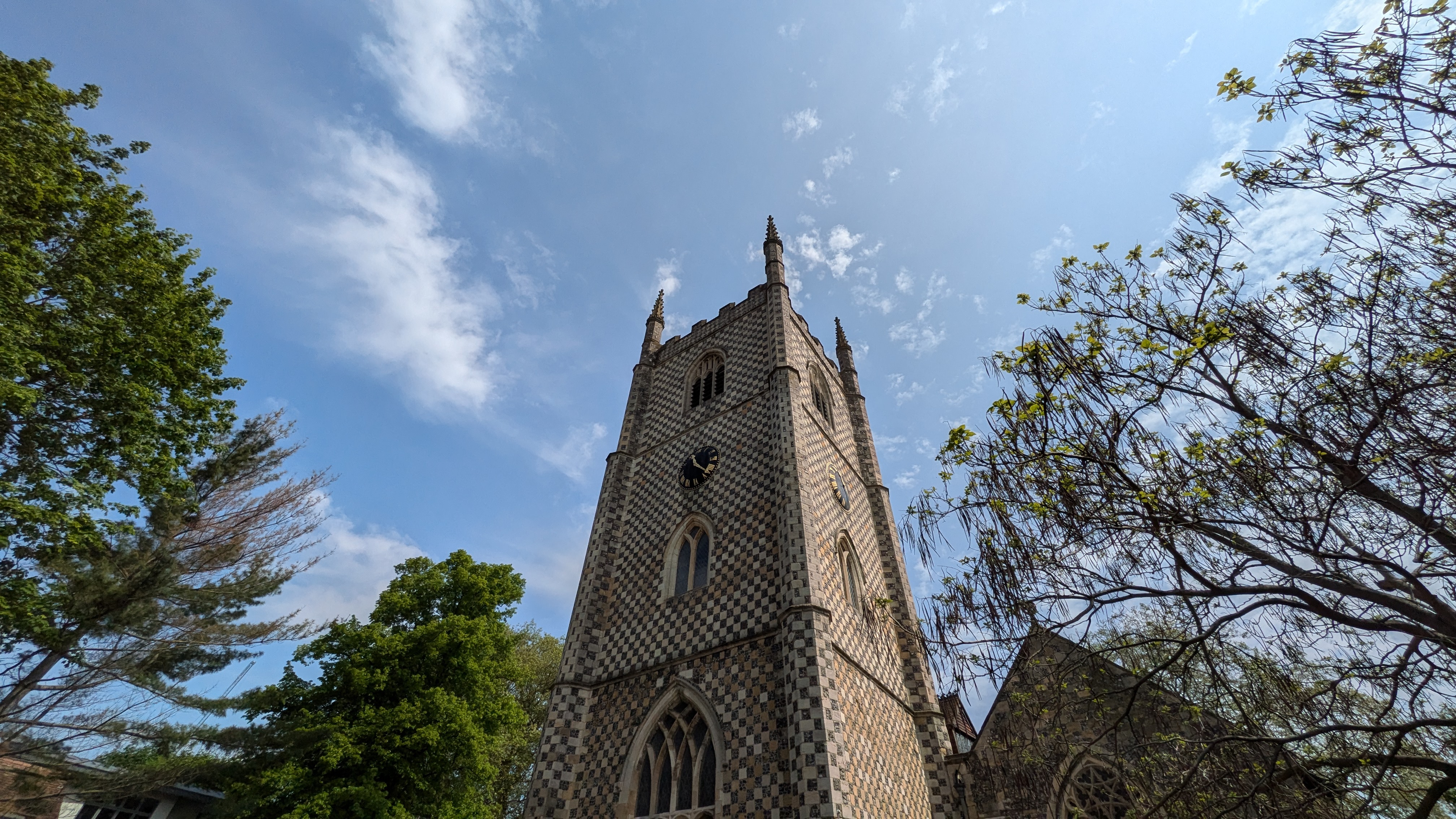
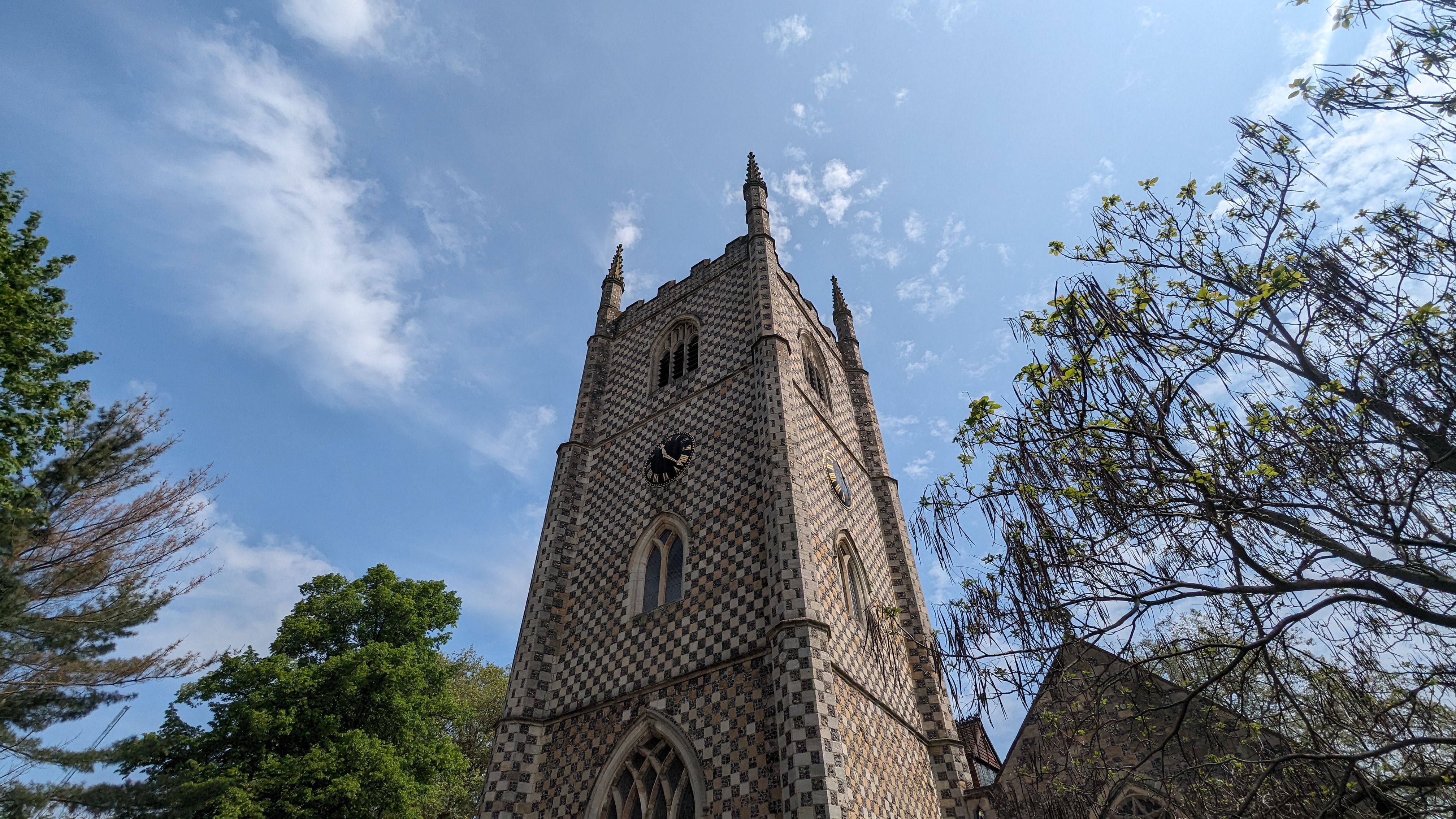
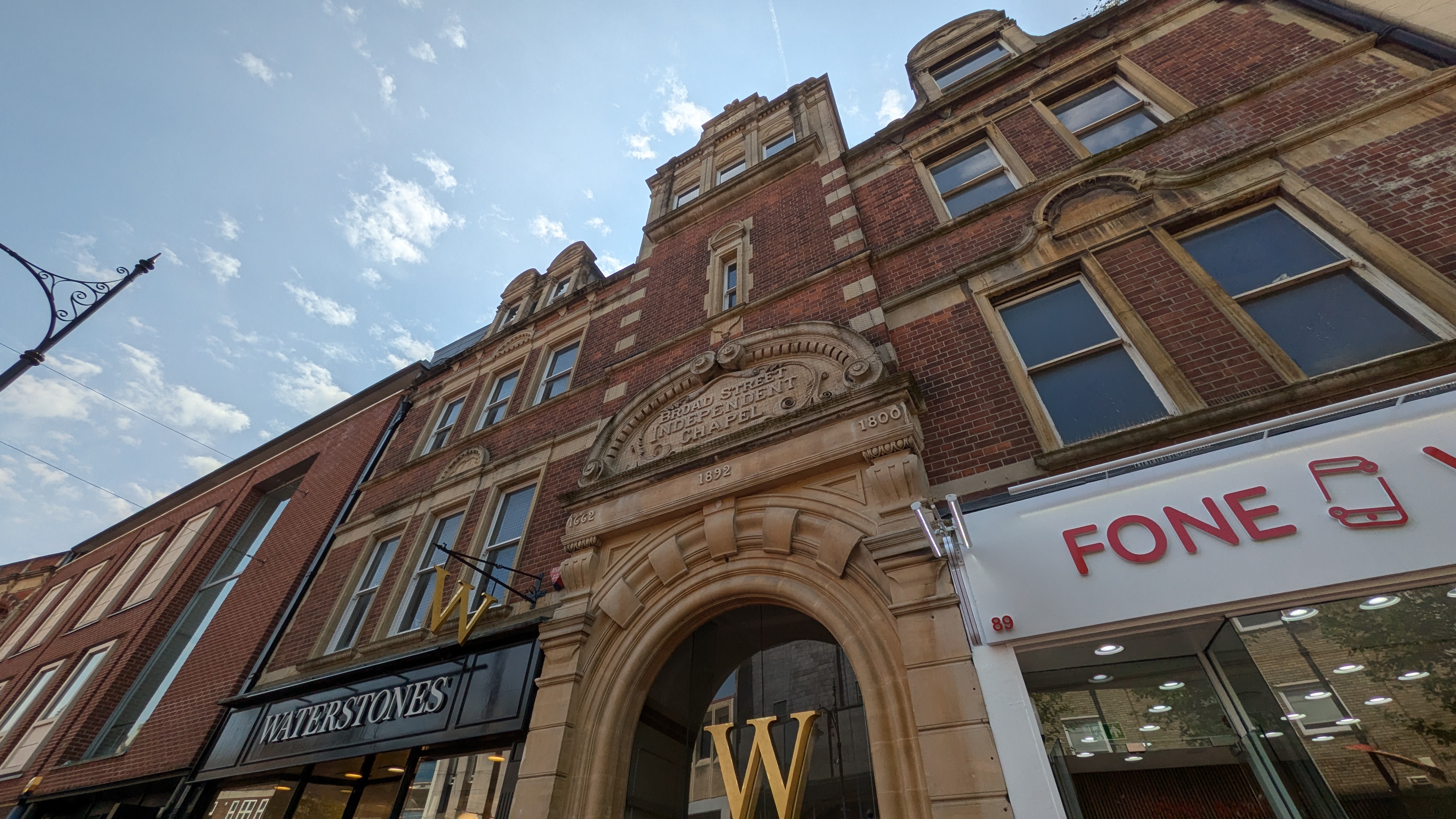
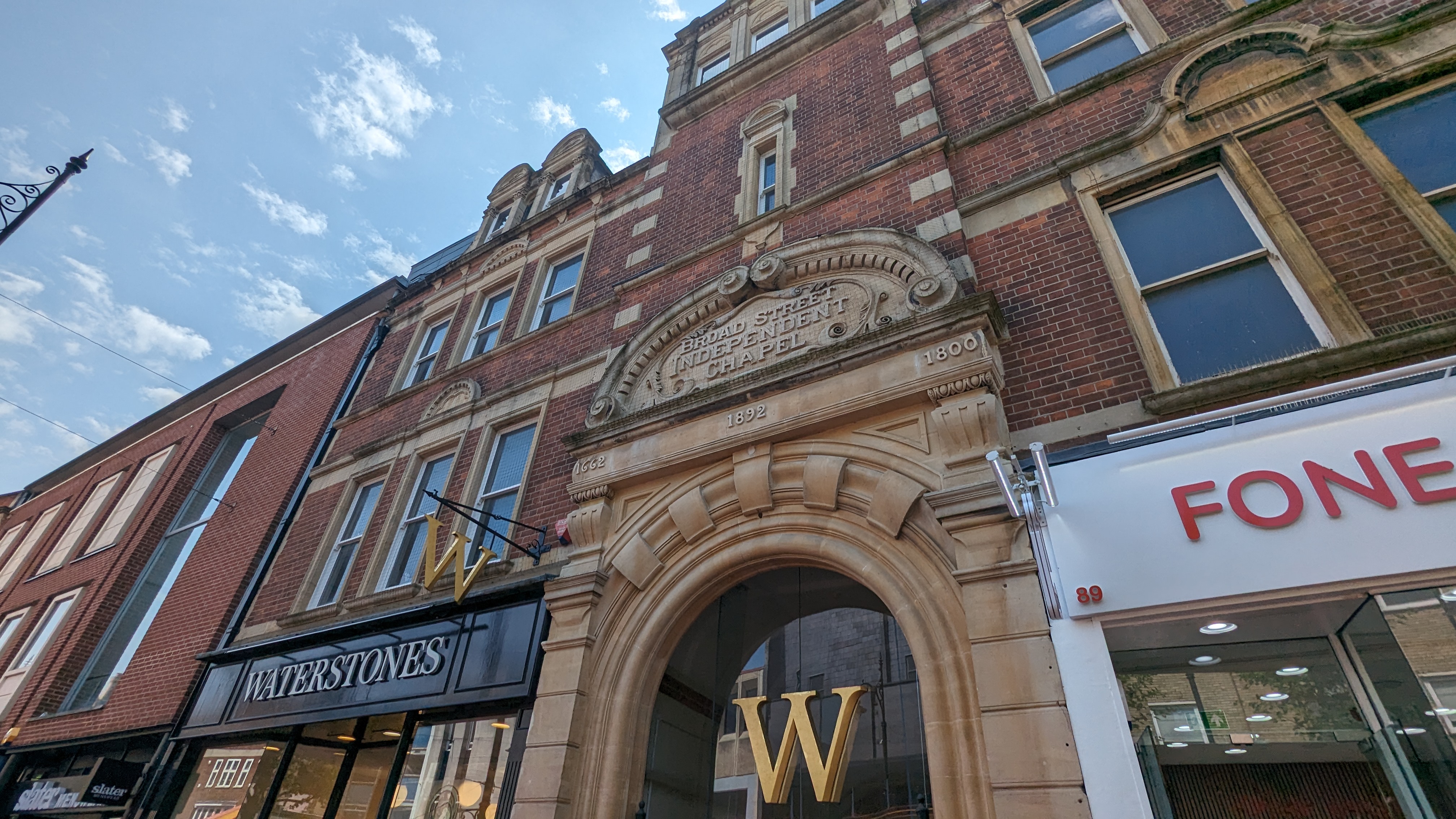
Dynamic Range
The better contrast and coloring on the Pixel 8a means it excels at dynamic range. At least, it does compared to the Pixel 6 Pro. There's a lot of detail to be found and there's a very clear boundary between light and shadow.
But you have to hand it to the Pixel 6 Pro. While the definition is a little blurred between the light and darkened areas, it was able to pick up a lot more detail in areas that otherwise look pitch black on the Pixel 8a. That larger camera sensor comes in handy.
Winner: Pixel 8a.
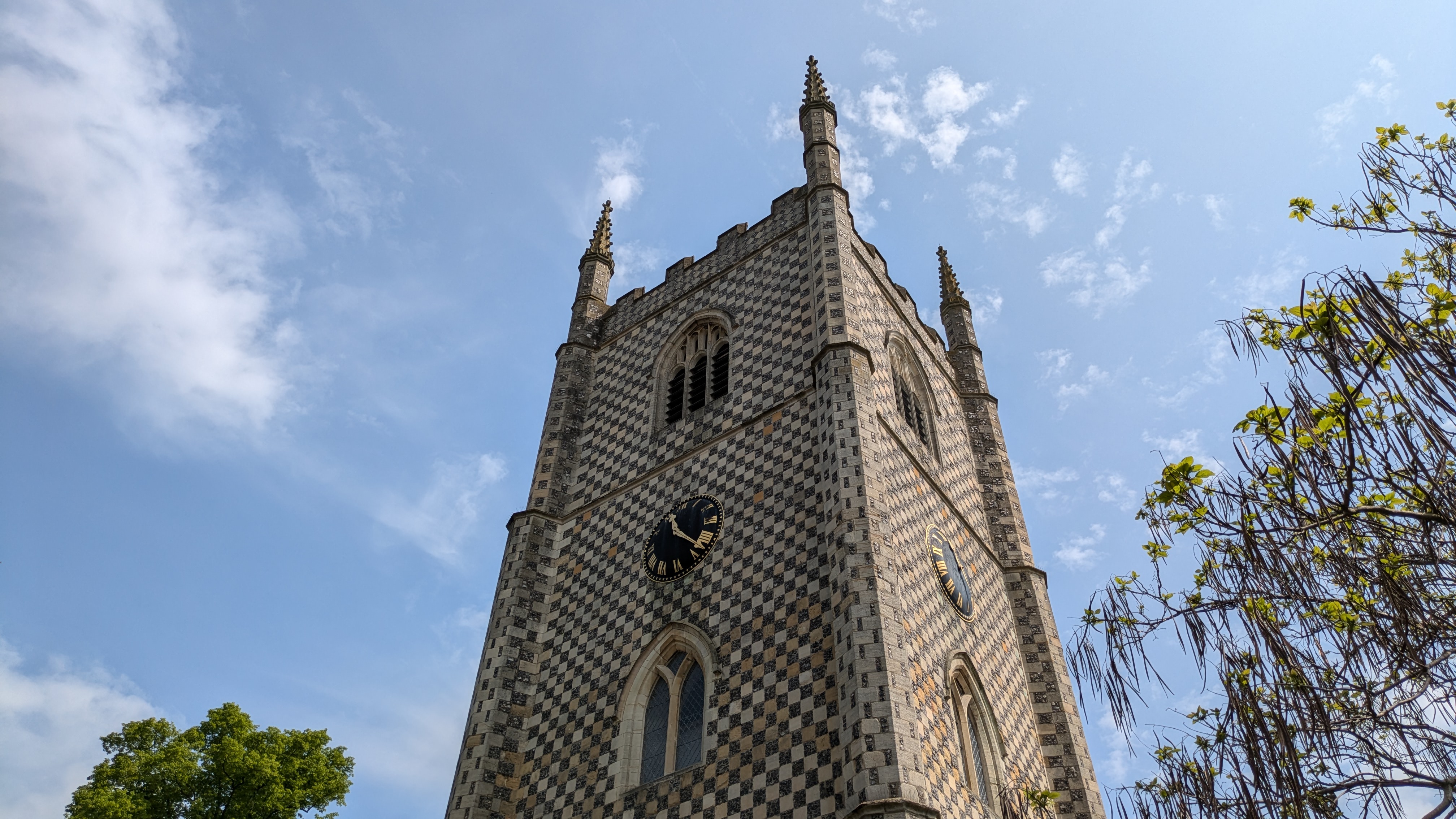
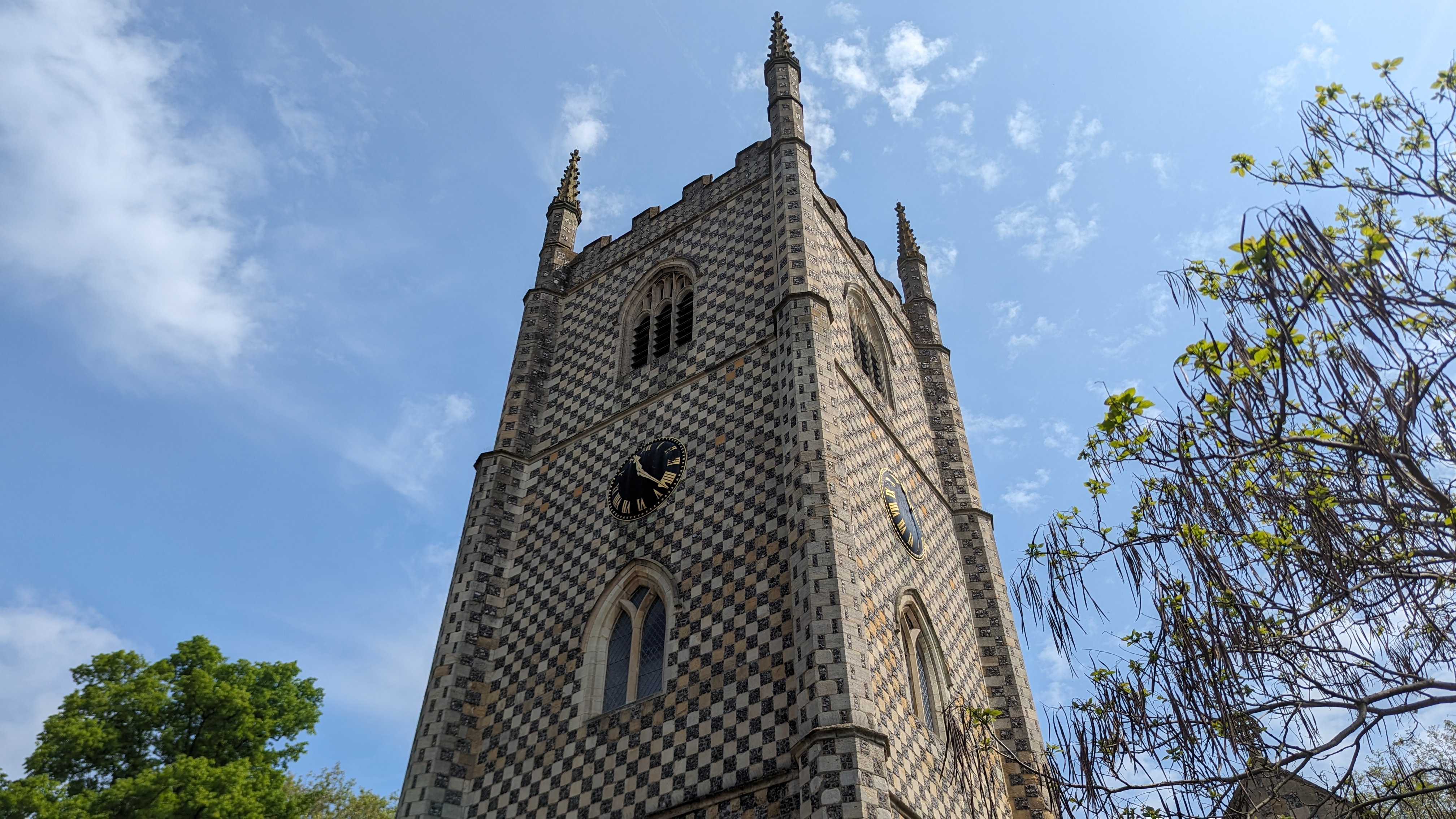
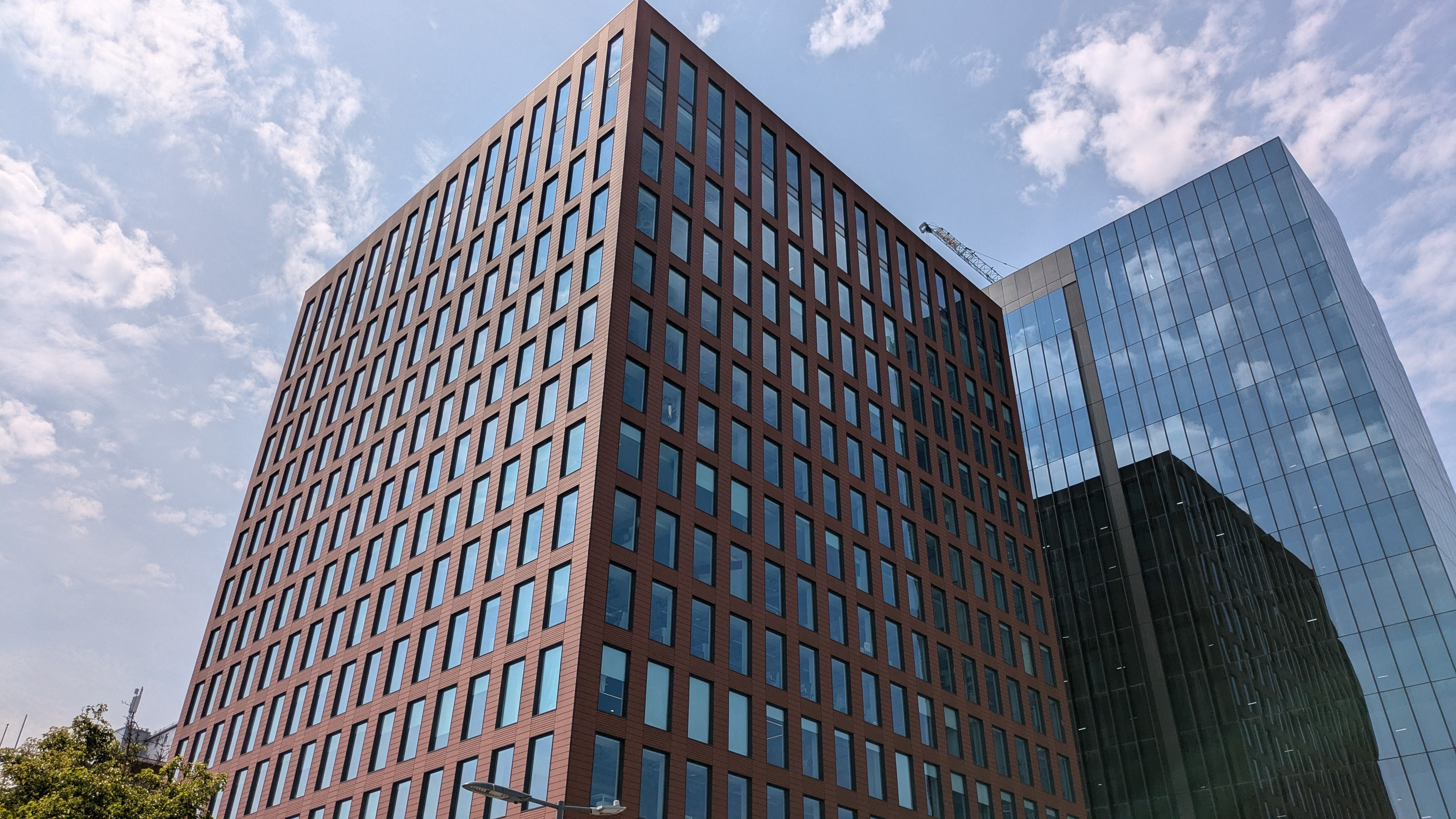
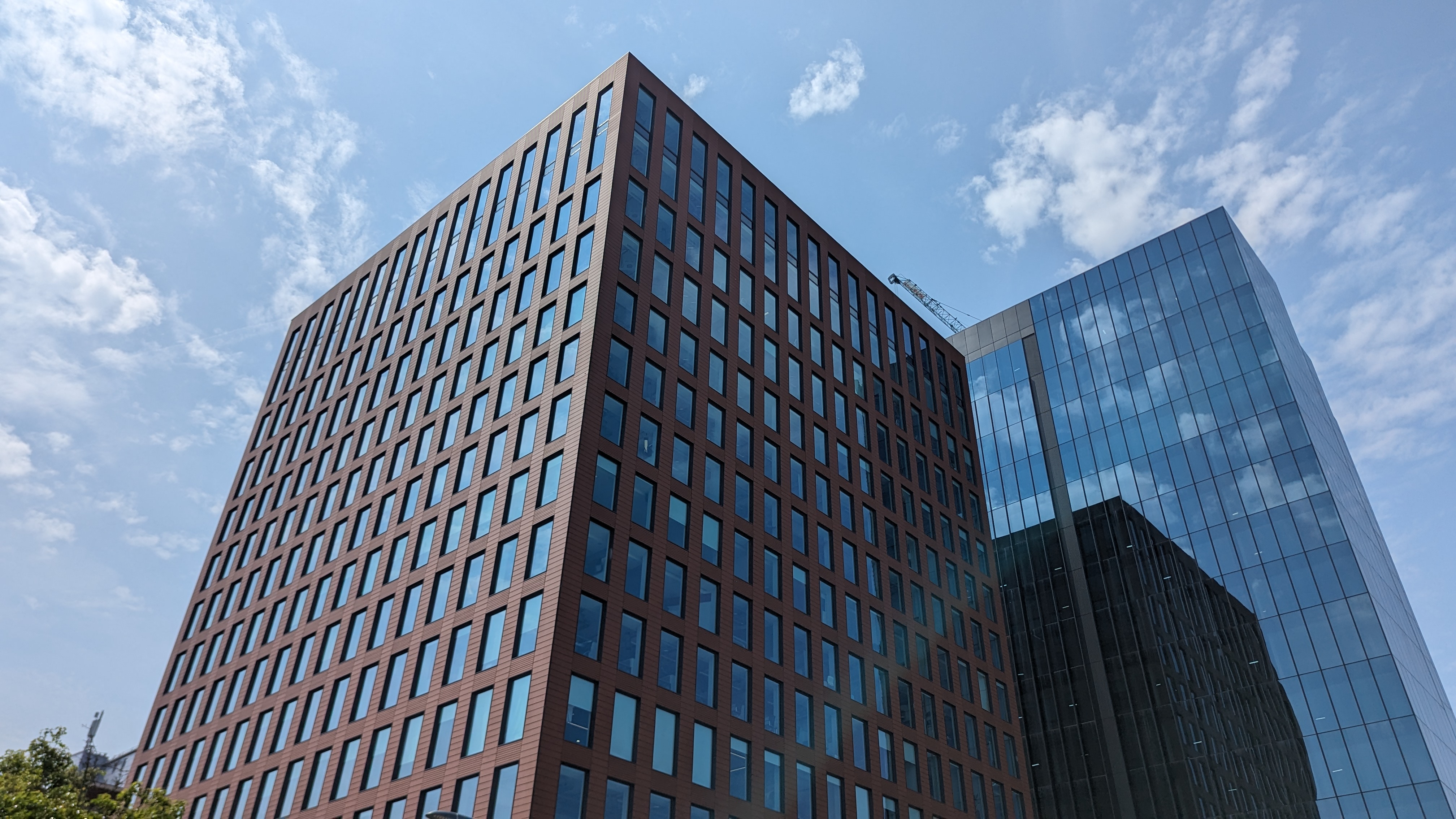
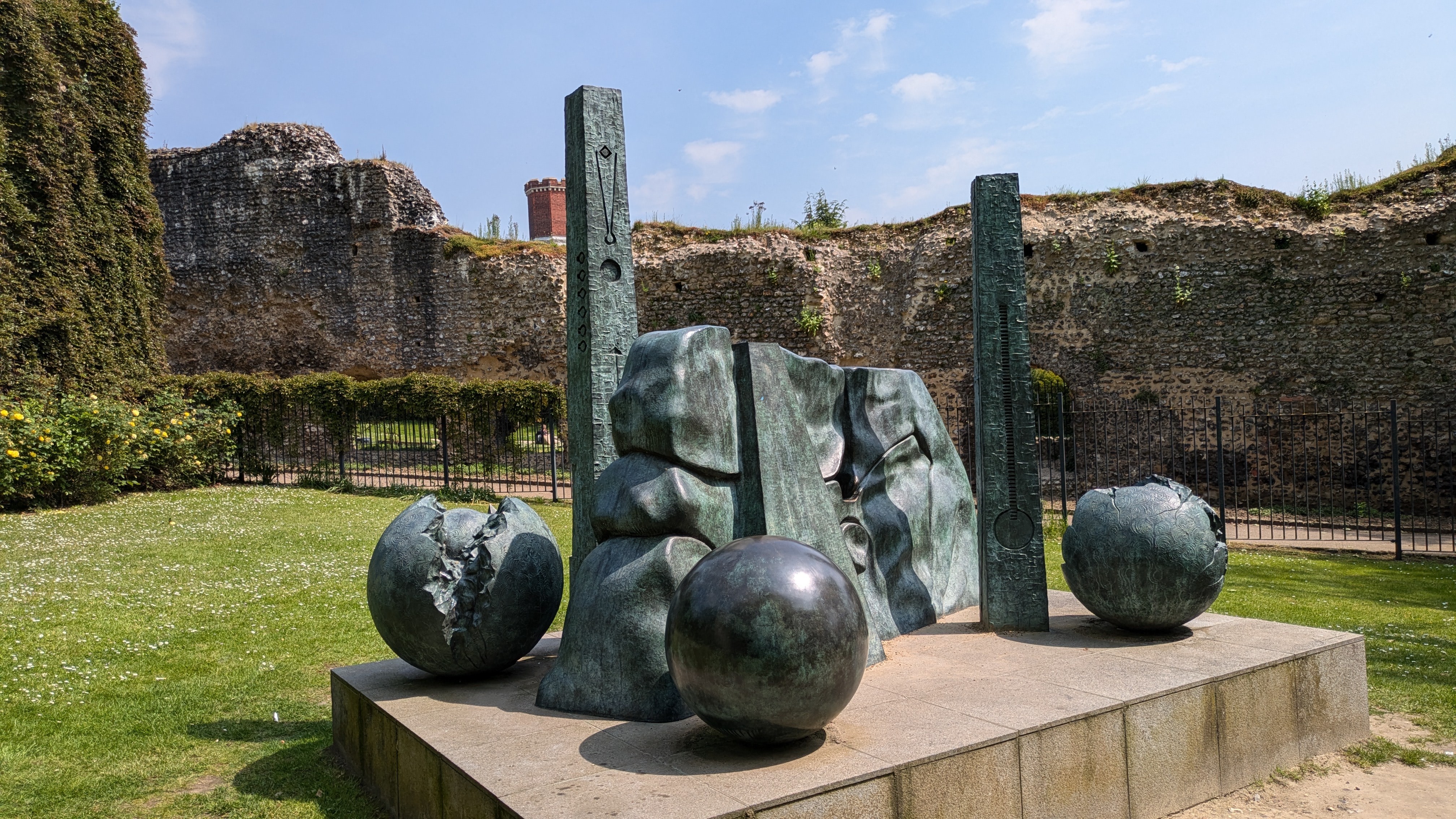
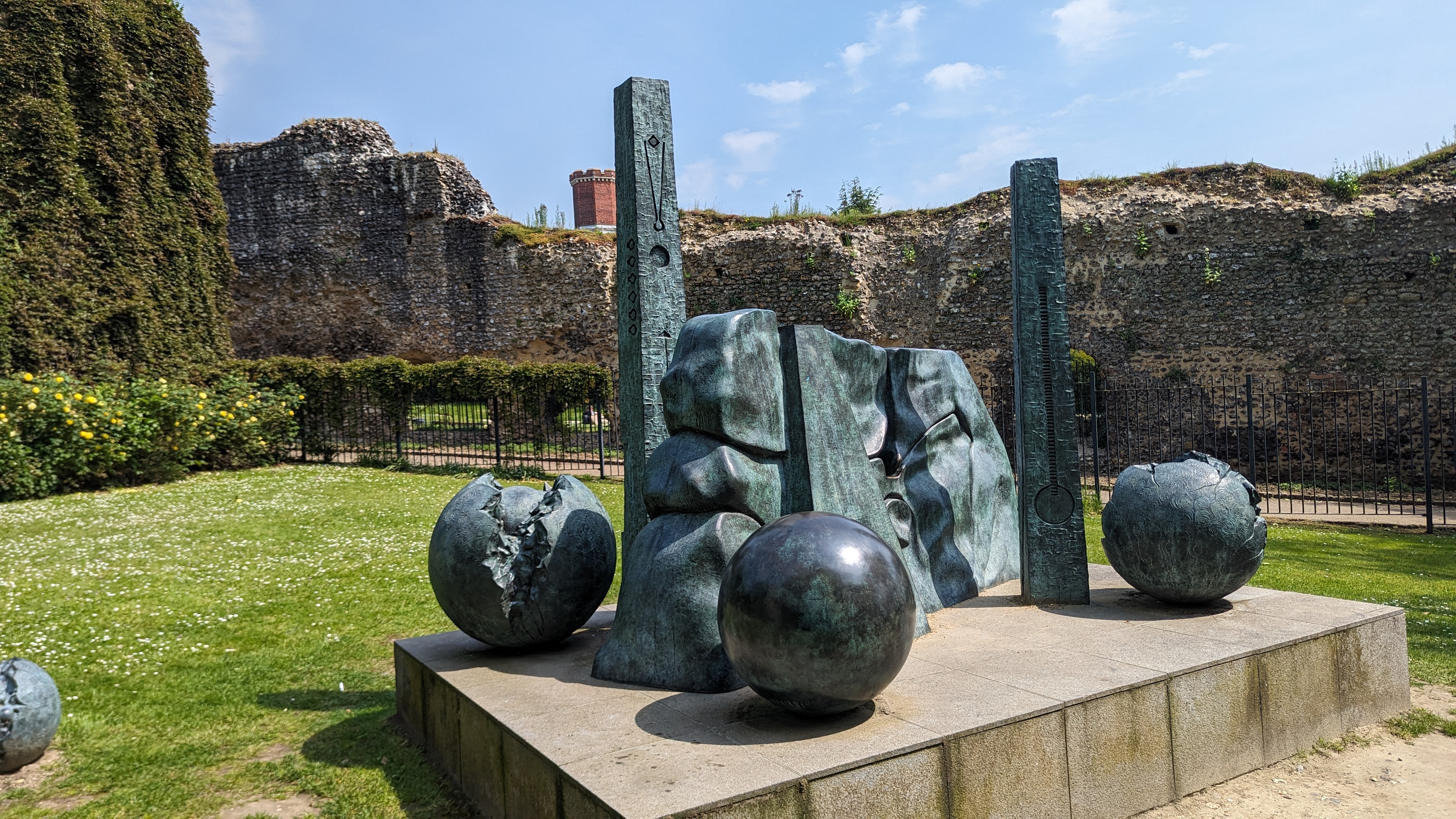
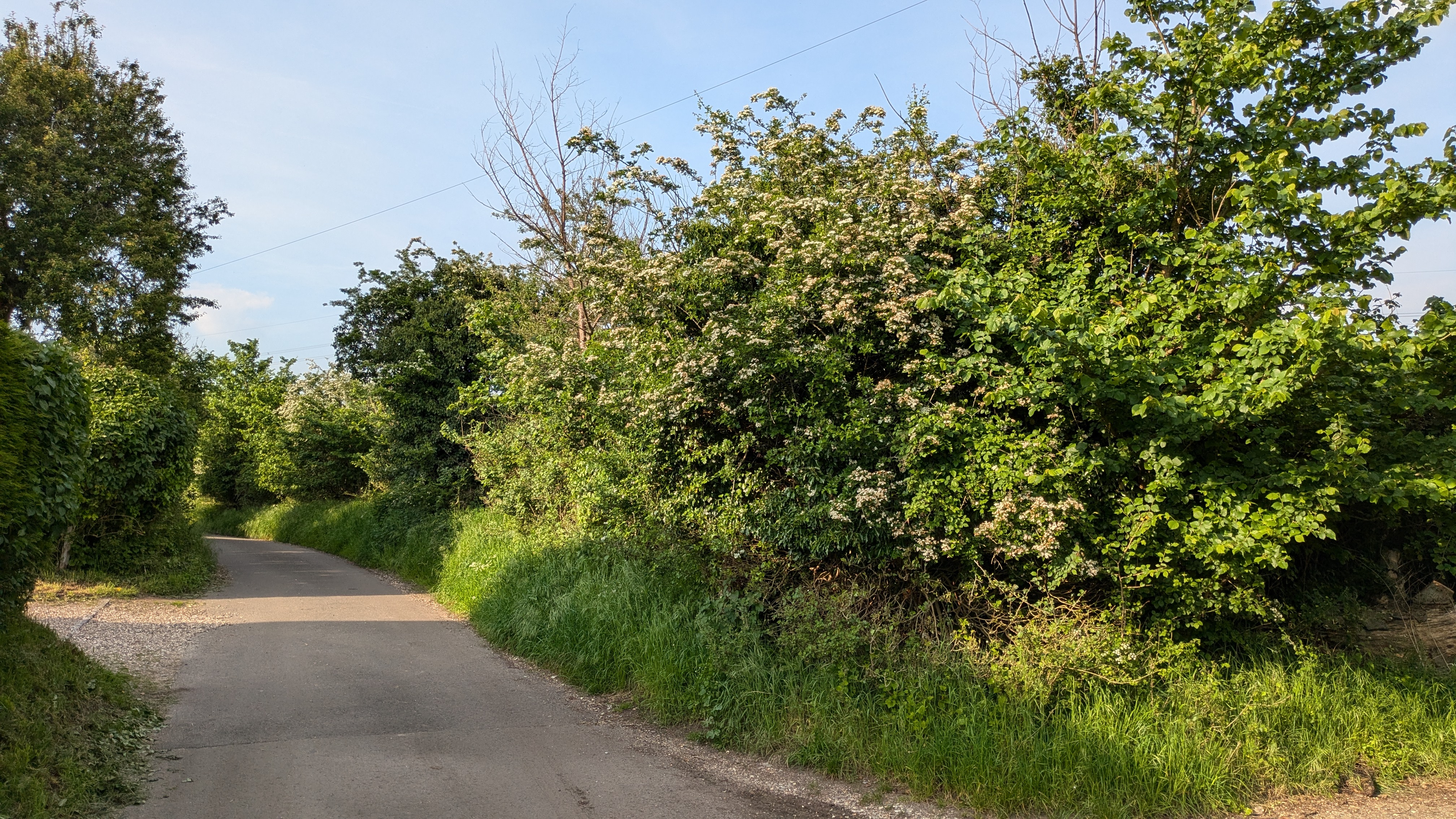
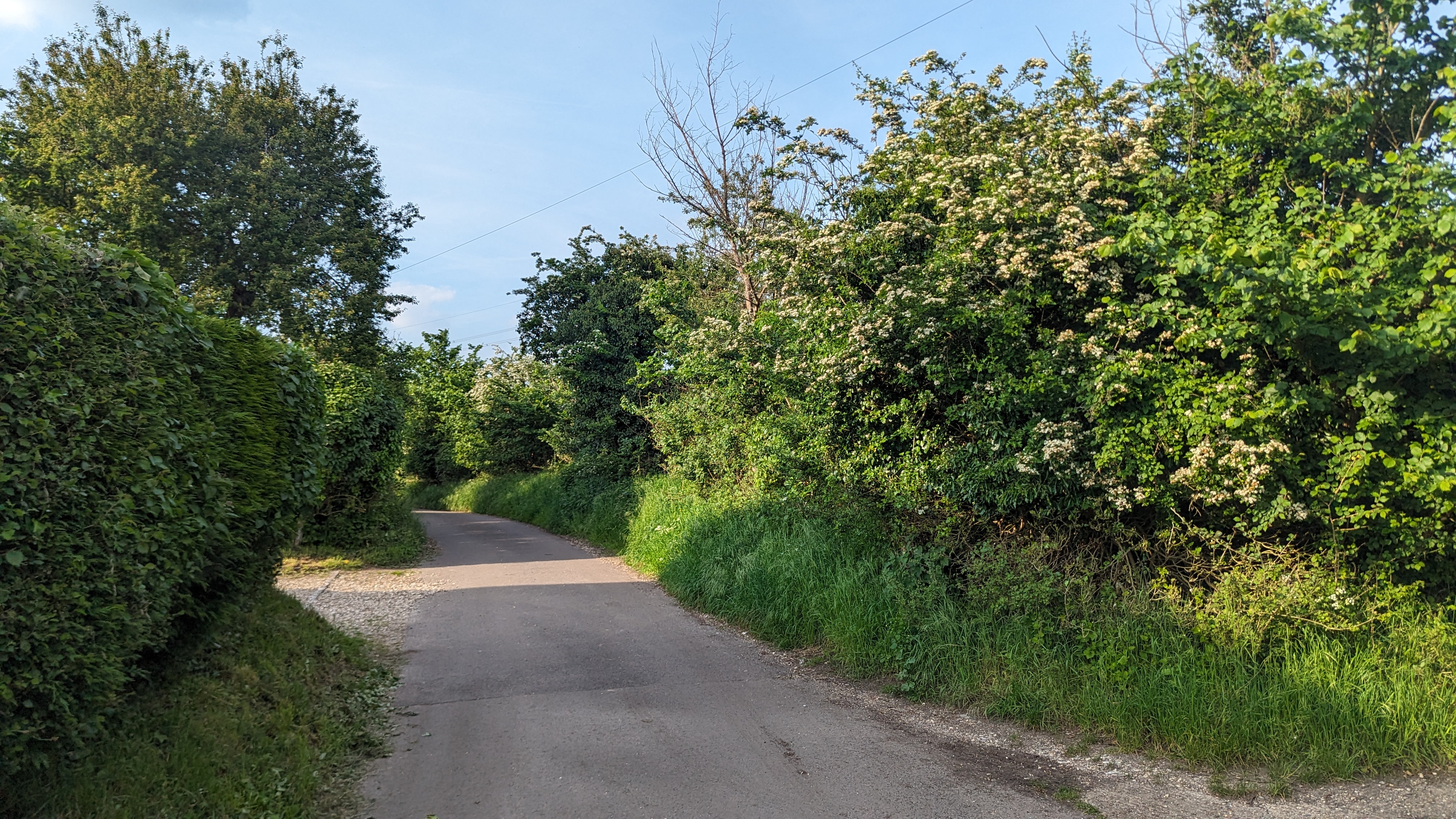
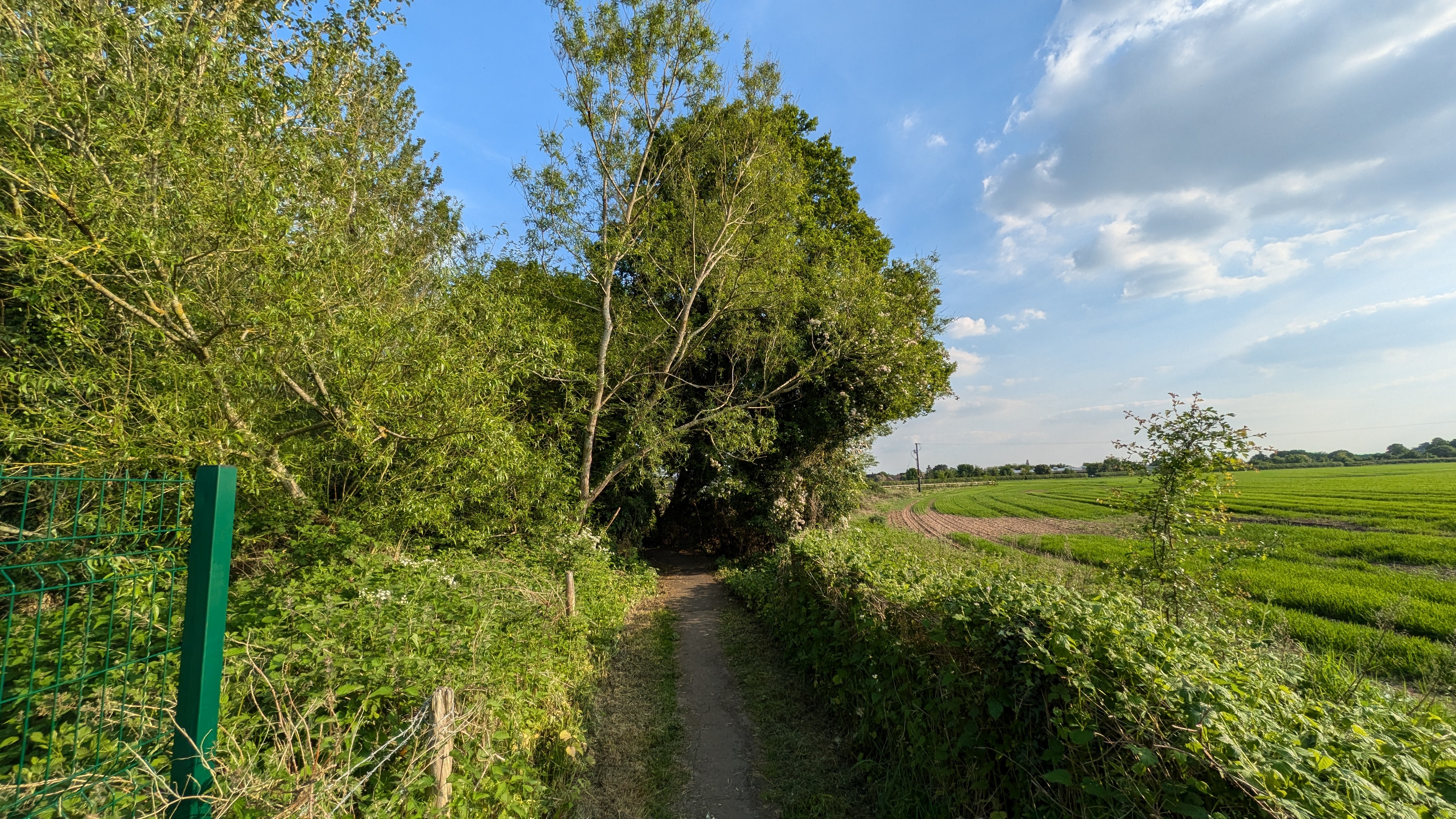
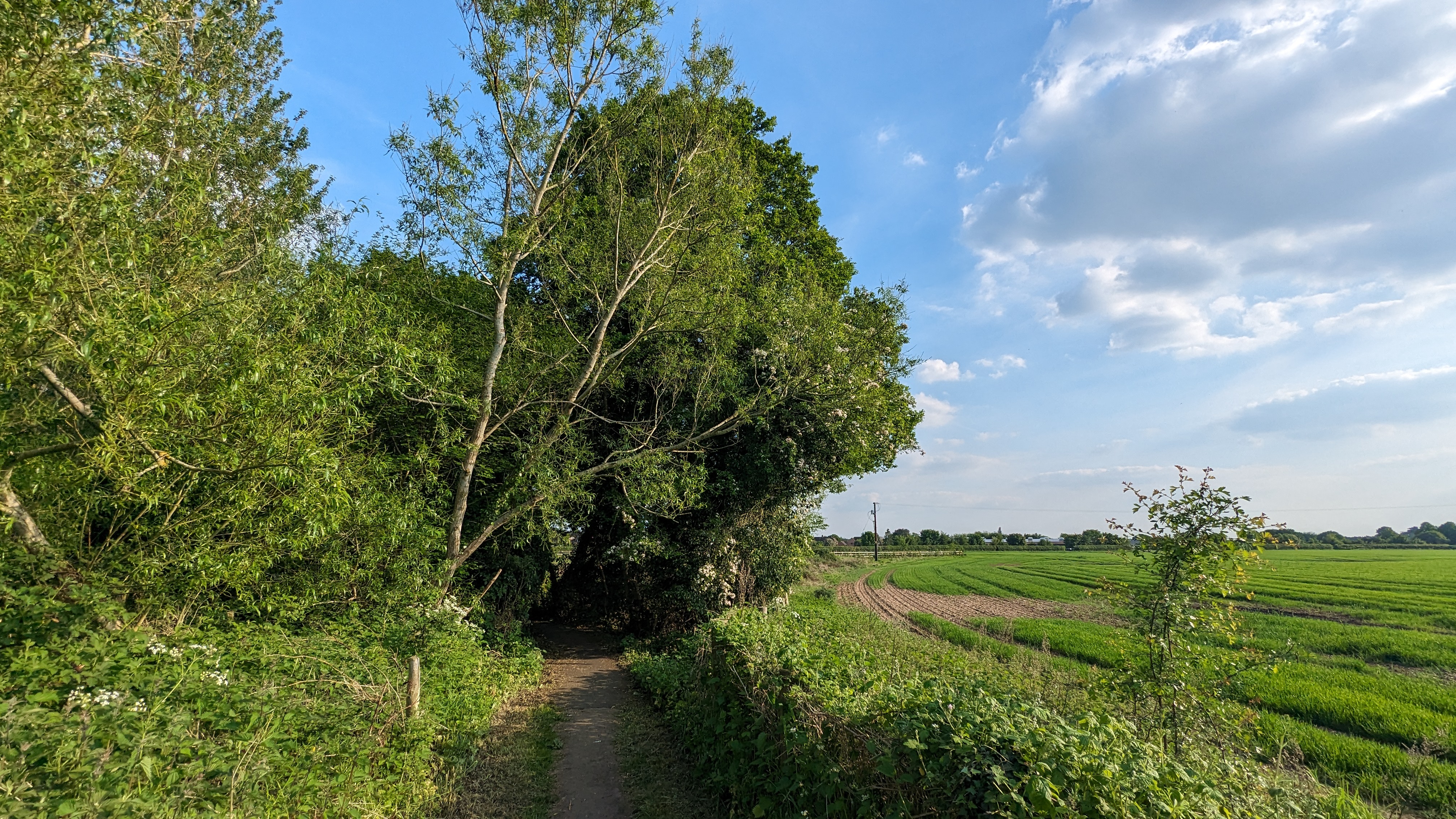
Color Reproduction
The color reproduction on the Pixel 8a definitely pops a lot more than it does on the Pixel 6 Pro. There's an extra level of realism there that the Pixel 6 Pro wasn't quite able to replicate.
That's not to say The Pixel 6 Pro does a bad job, but the slight lack of visual quality and oversaturated appearance doesn't do it any favors — especially outdoors.
Winner: Pixel 8a.
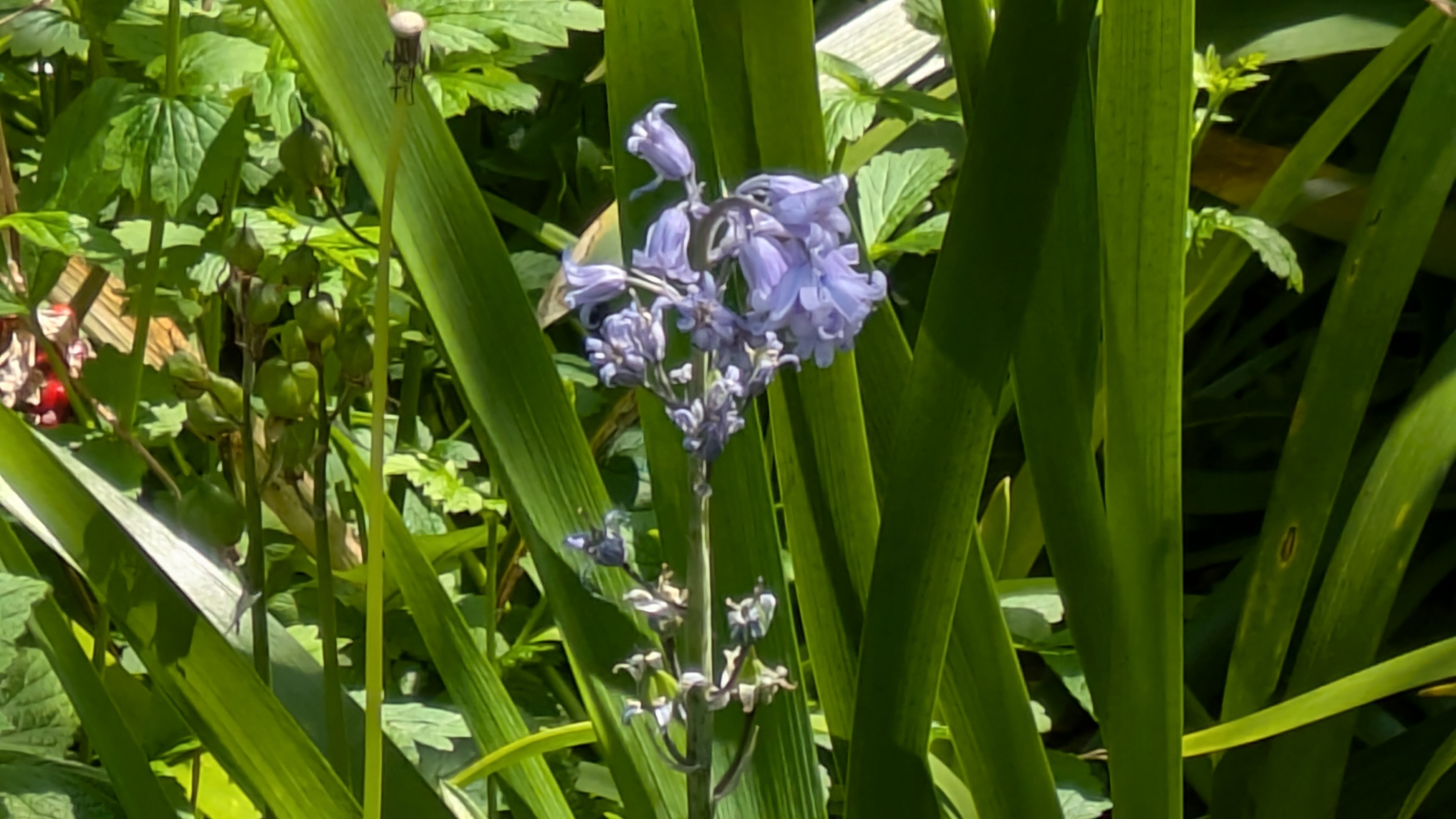
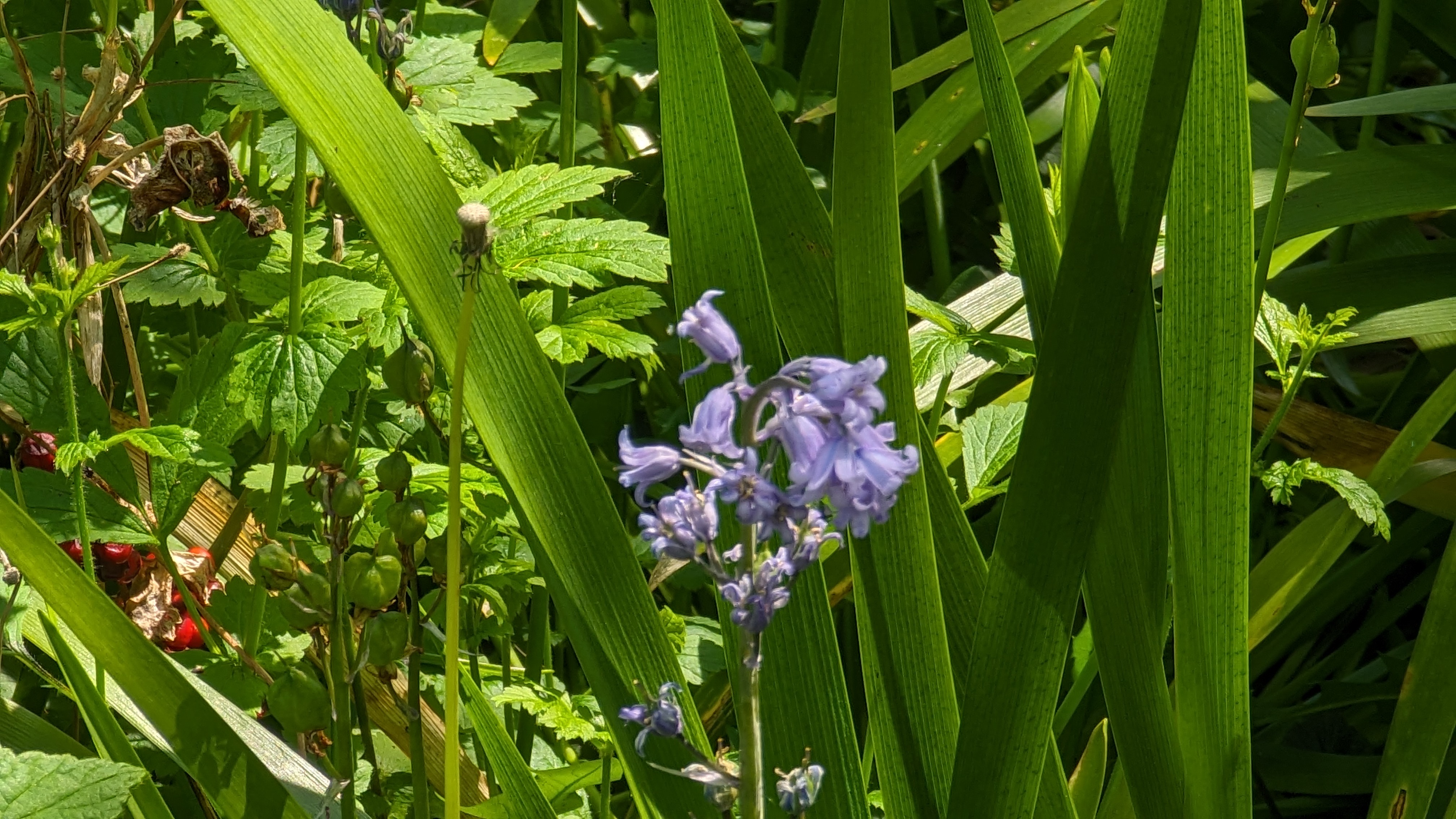
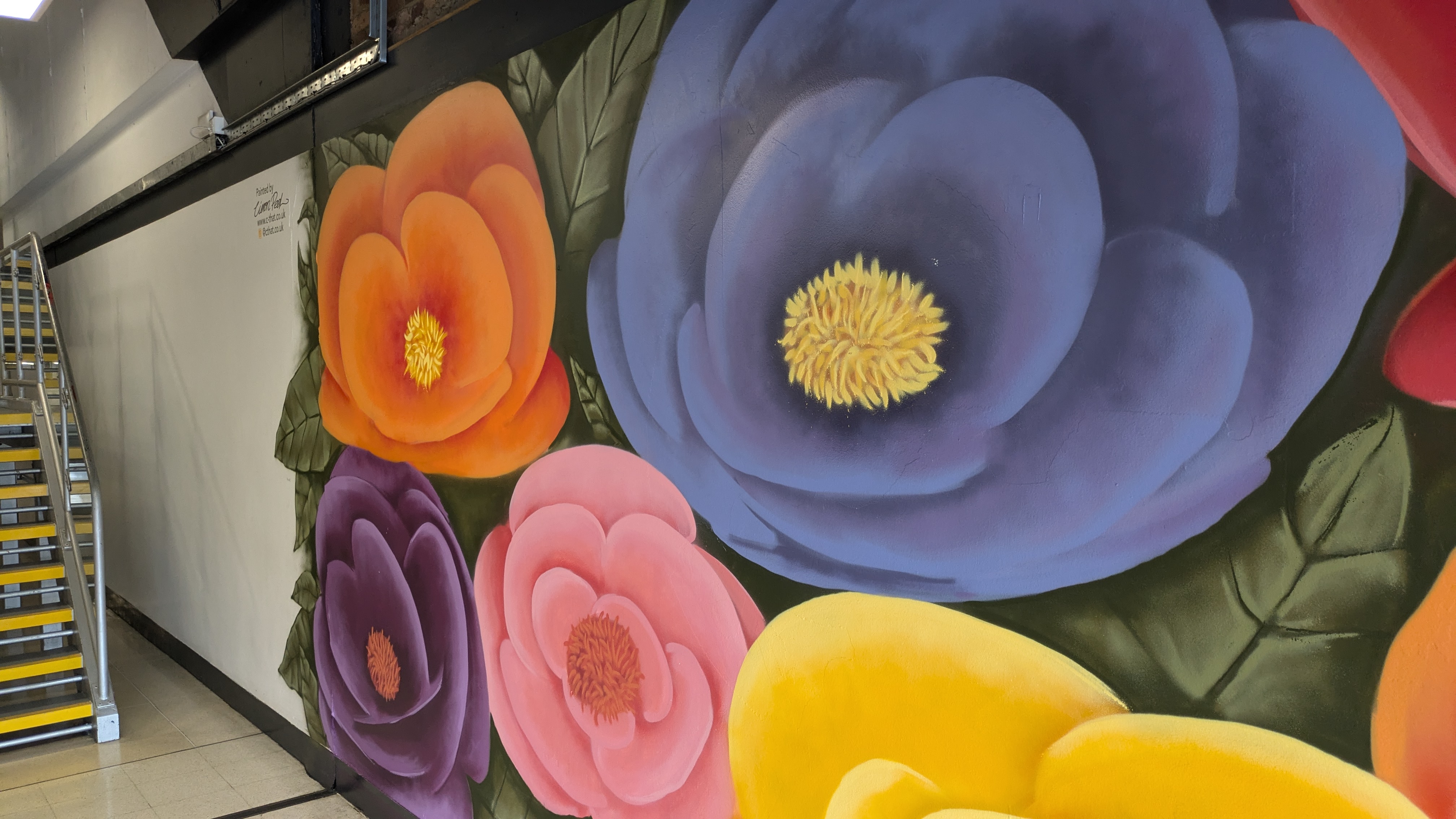
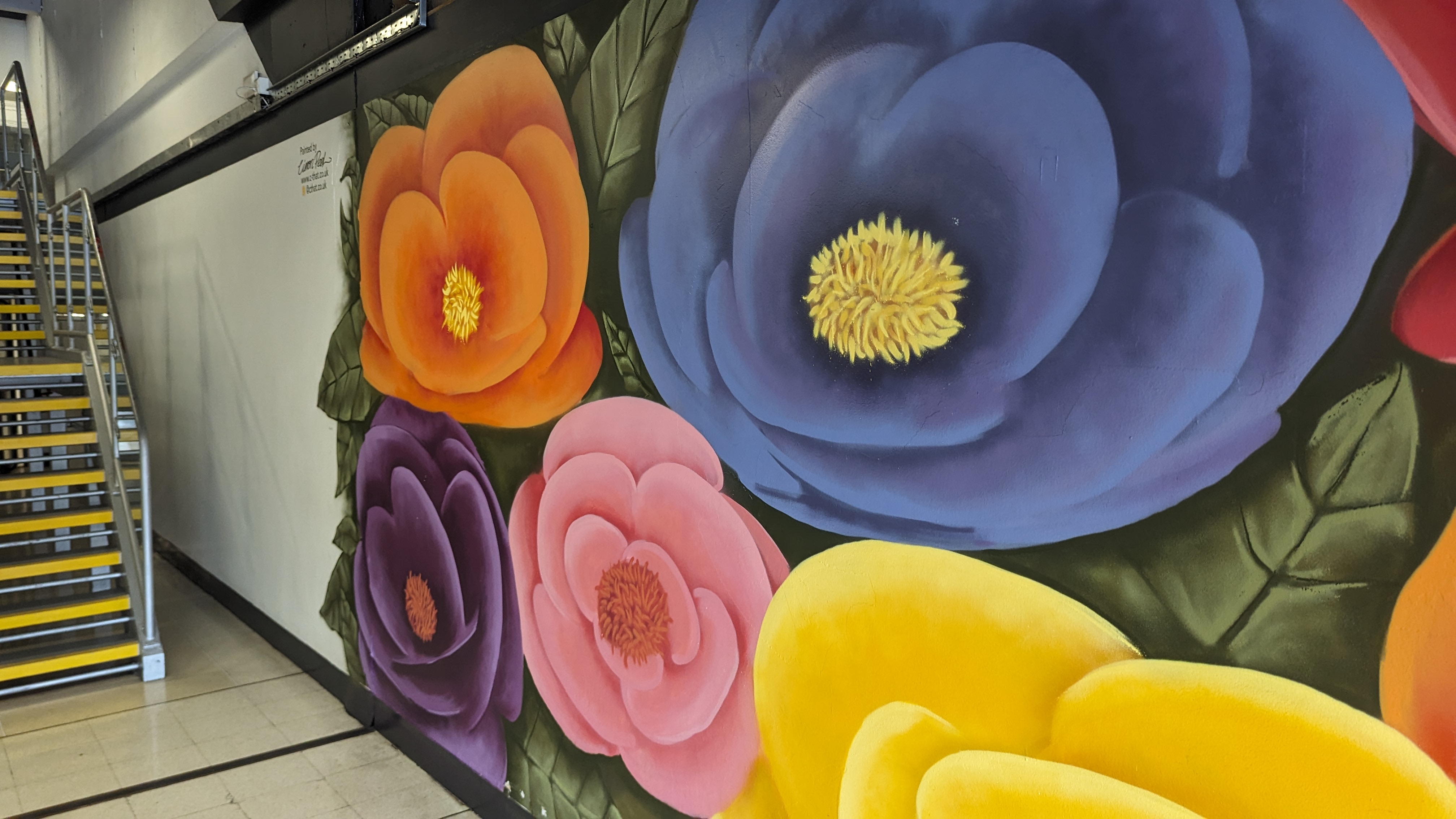
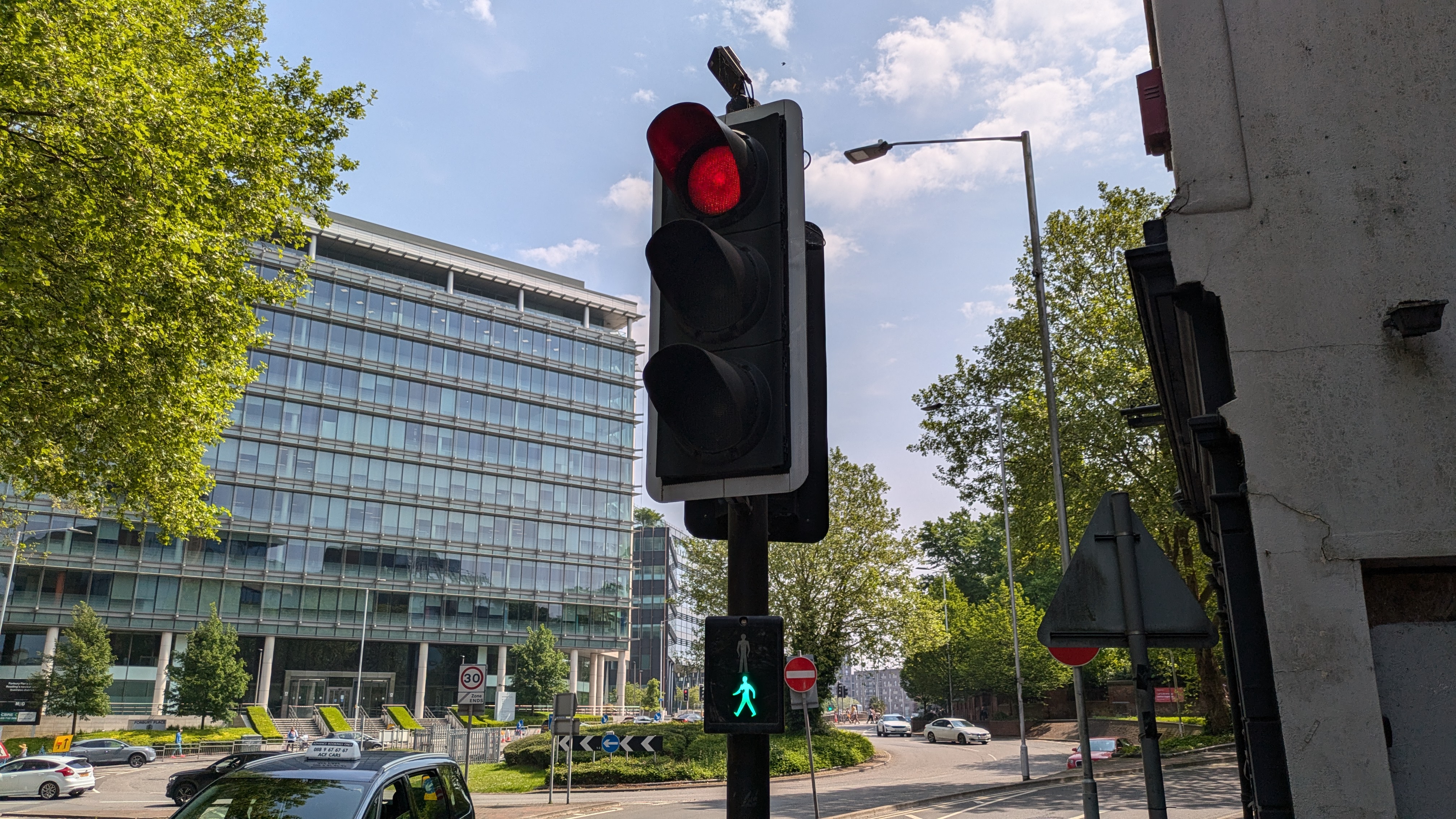
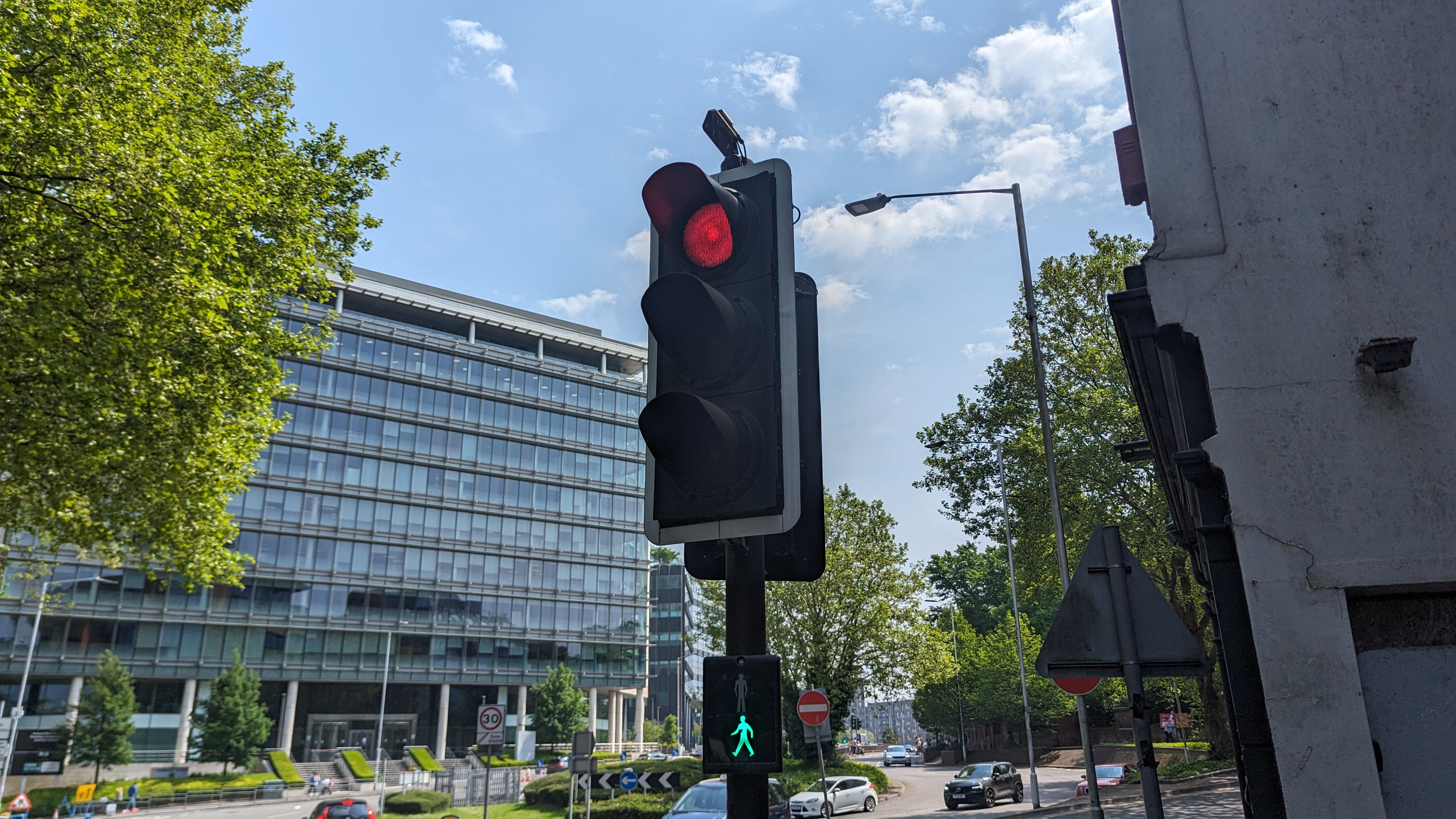
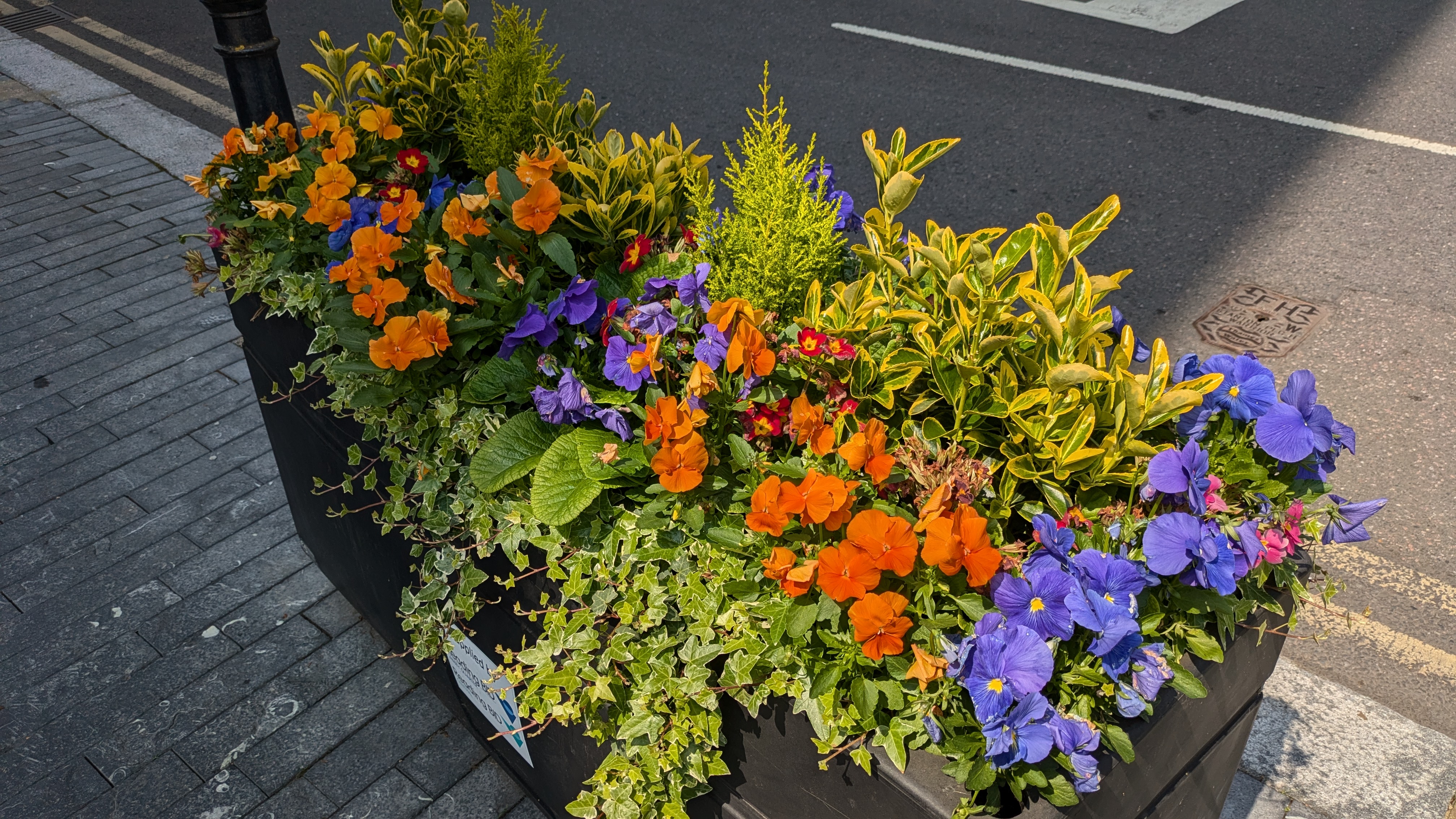
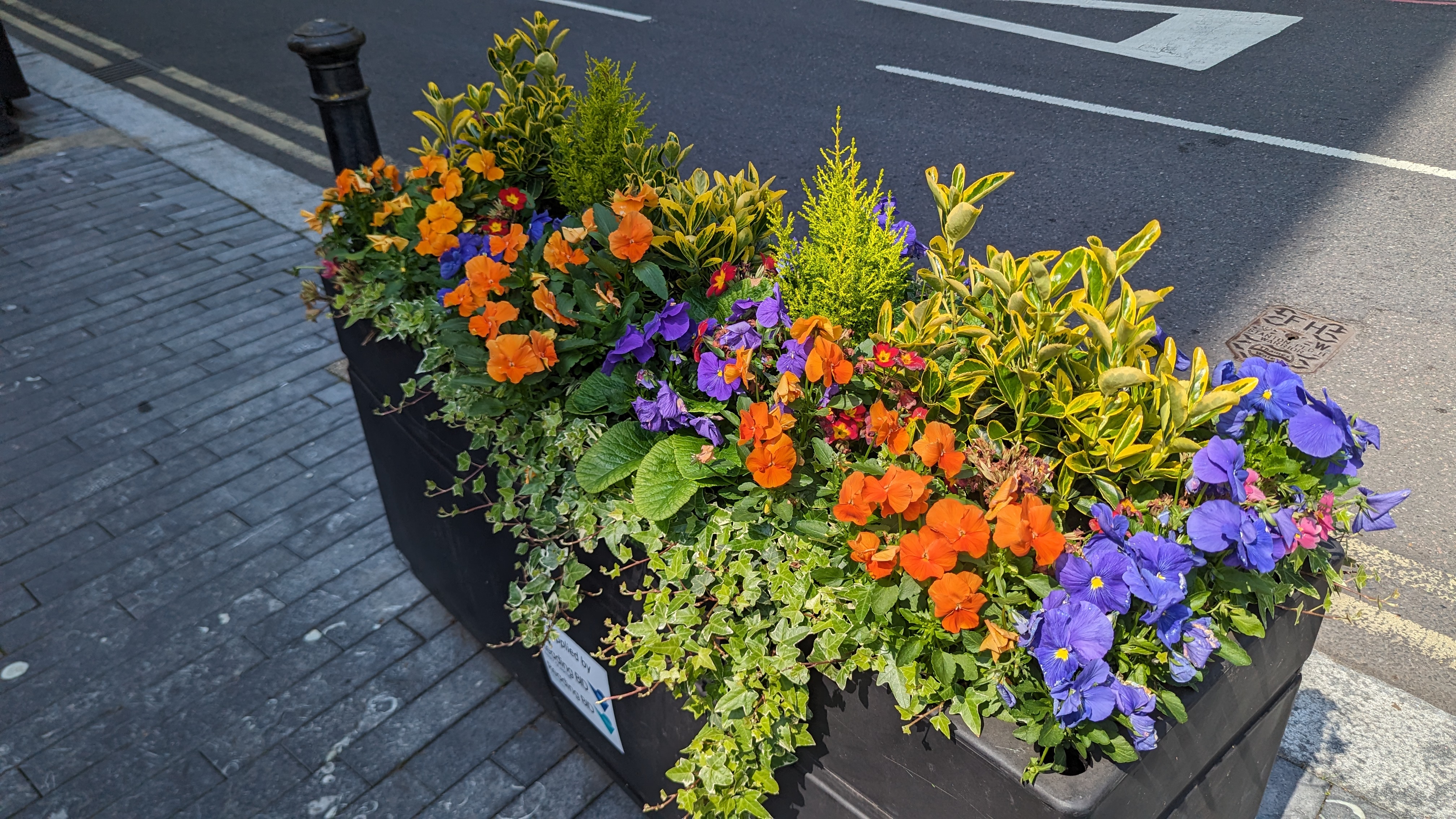
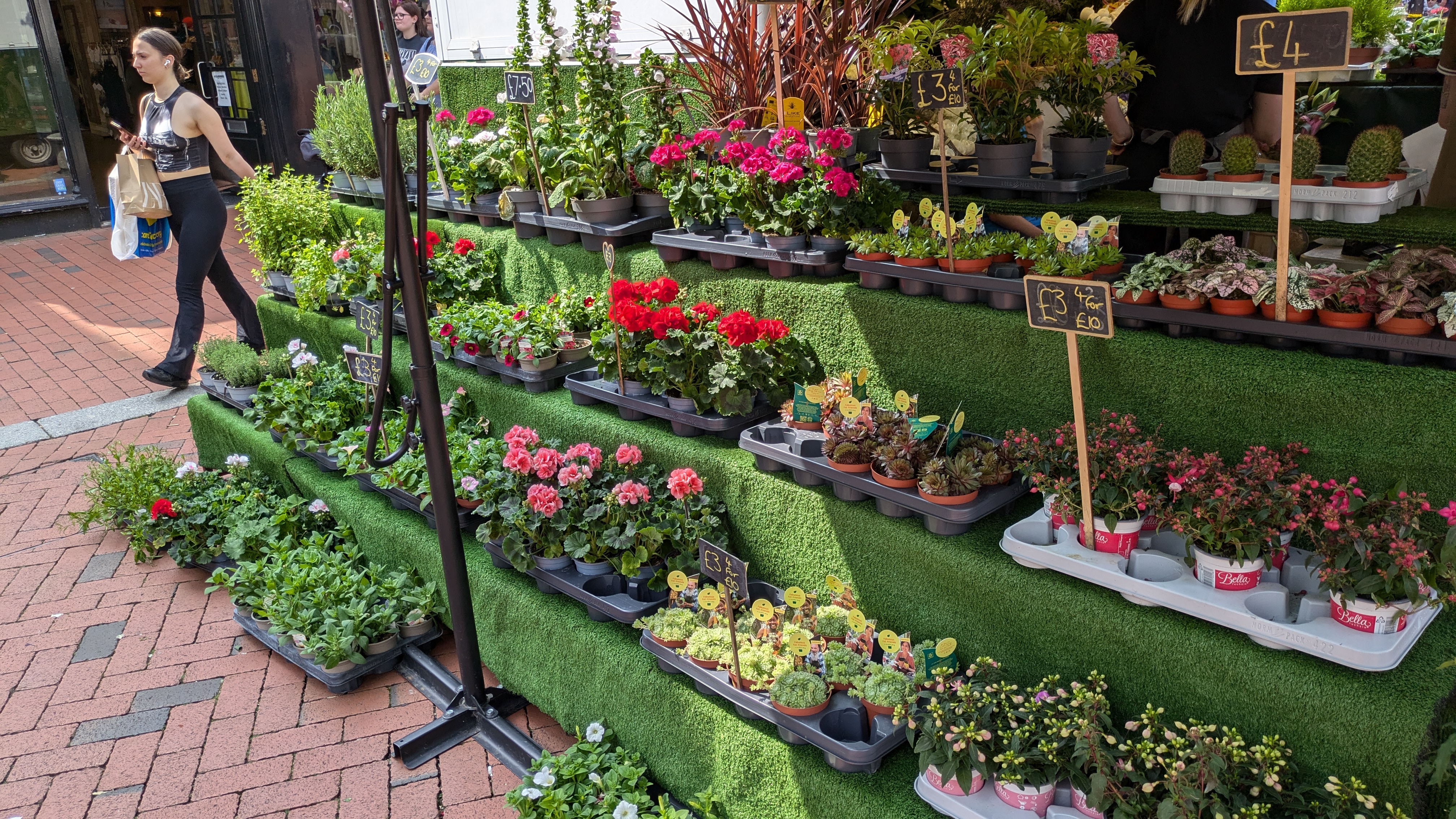
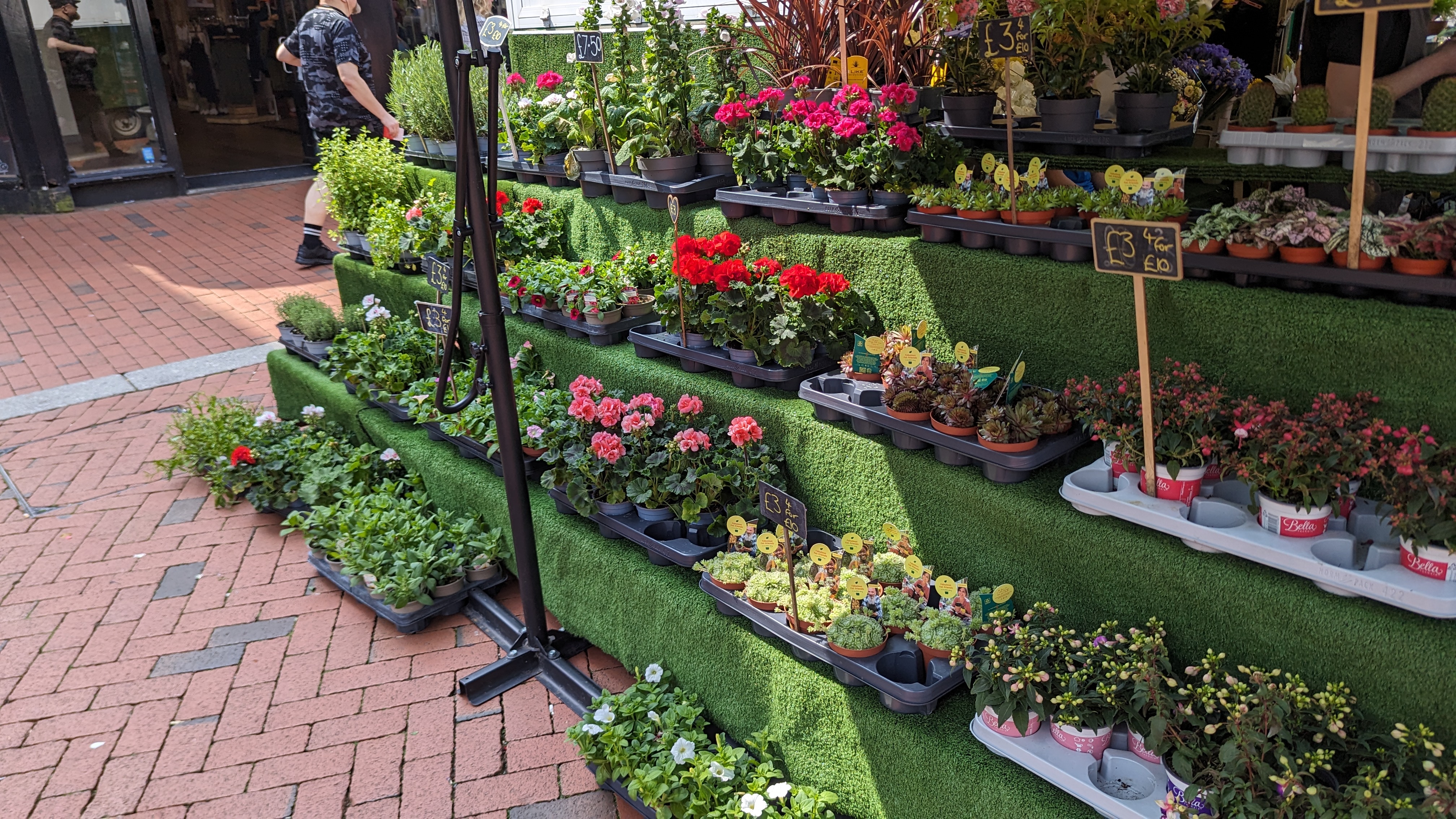
Selfie
Funnily enough, it's the Pixel 8a that seems to struggle with coloring on the front camera, with photos looking a little washed out in places. It also has a much wider field of view — covering 120 degrees compared to the Pixel 6 Pro's 94 degrees. That means you can pick up a lot more of your surroundings. Including your camera arm, and my good friend Oscar Wilde.
From a quality standpoint there's very little difference between the two phones. They manage to pick up smaller details freckles and sweat pretty well. Even the reflections in my sunglasses are pretty comparable.
Winner: Tie.
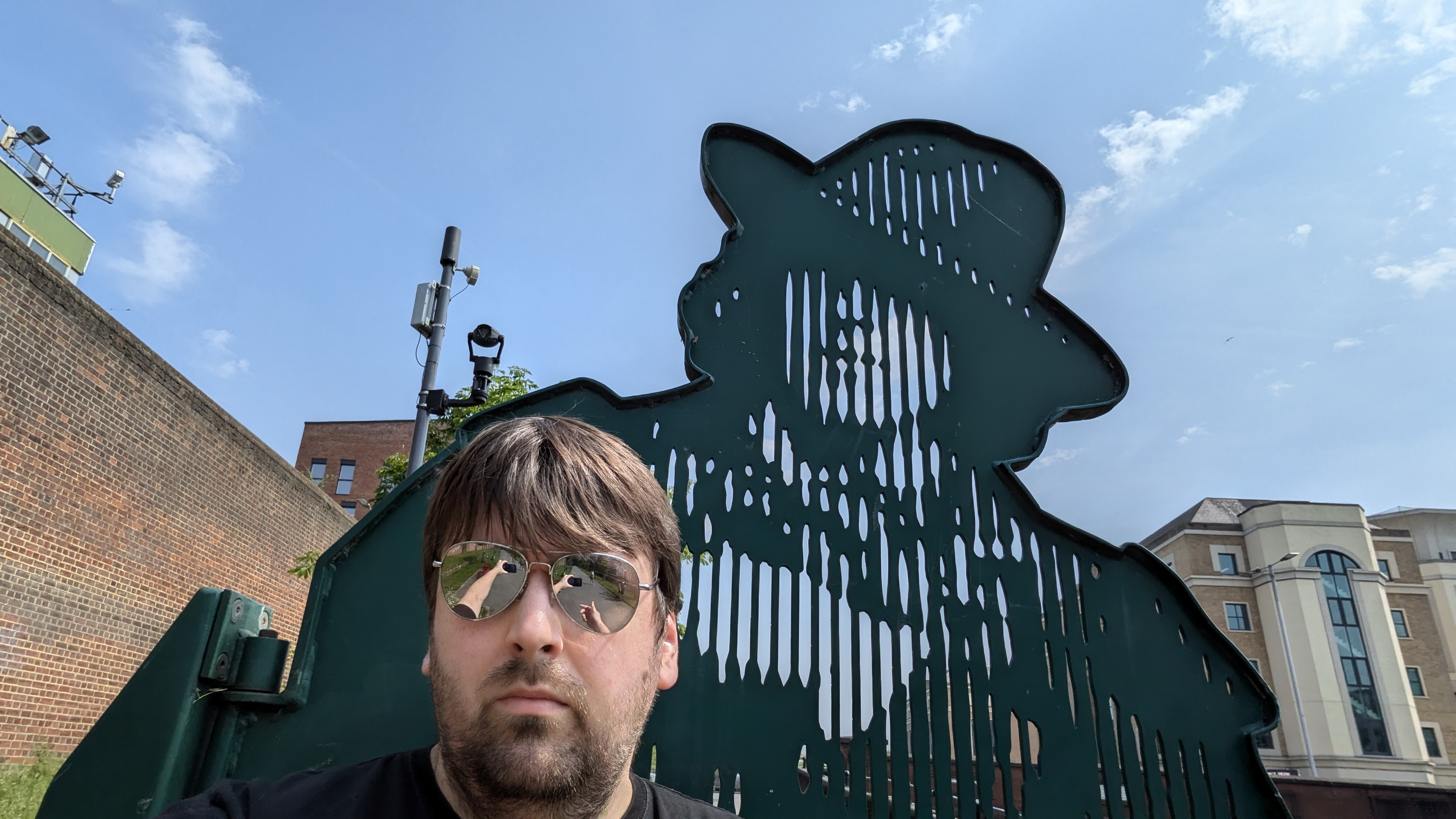
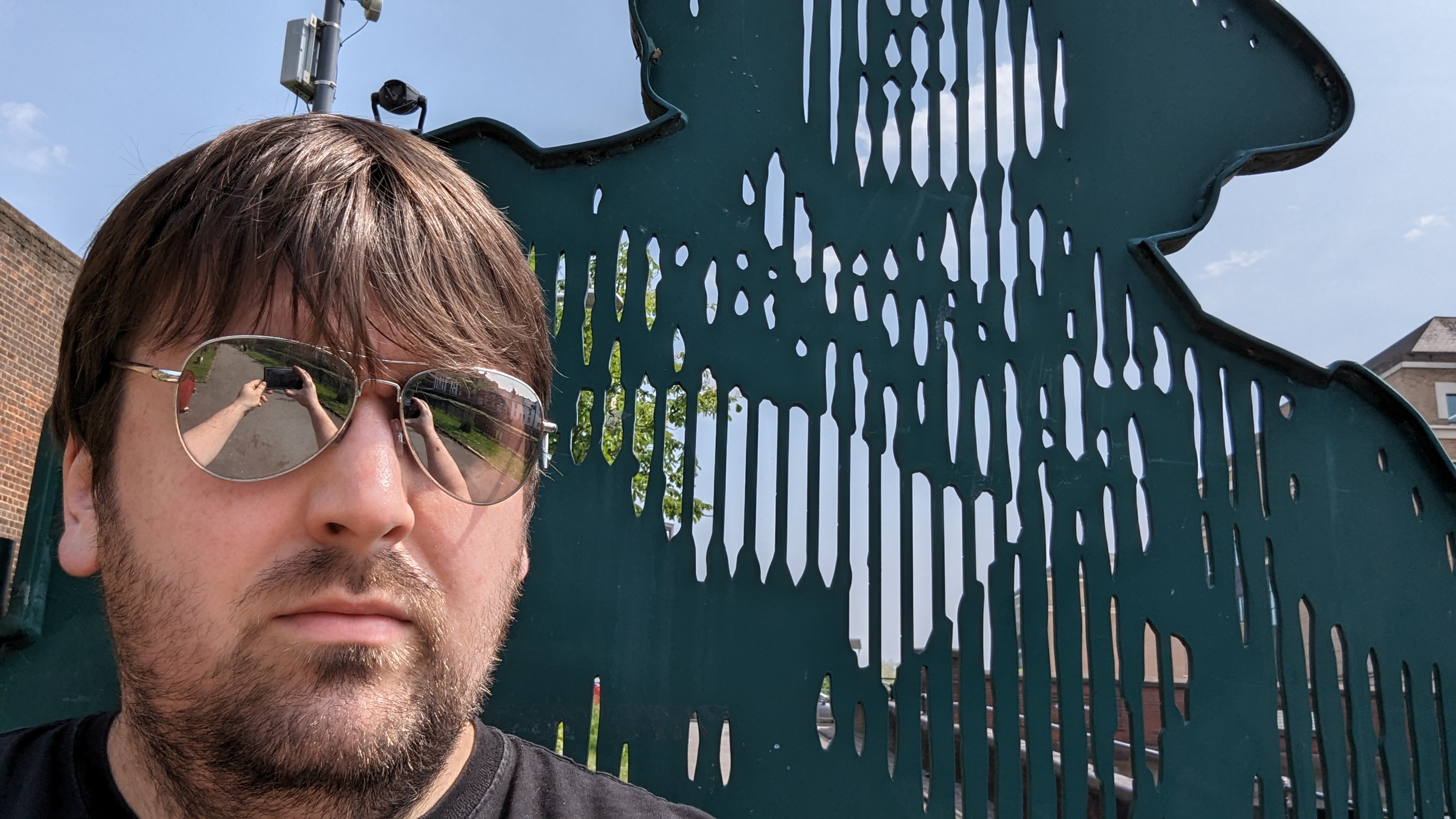
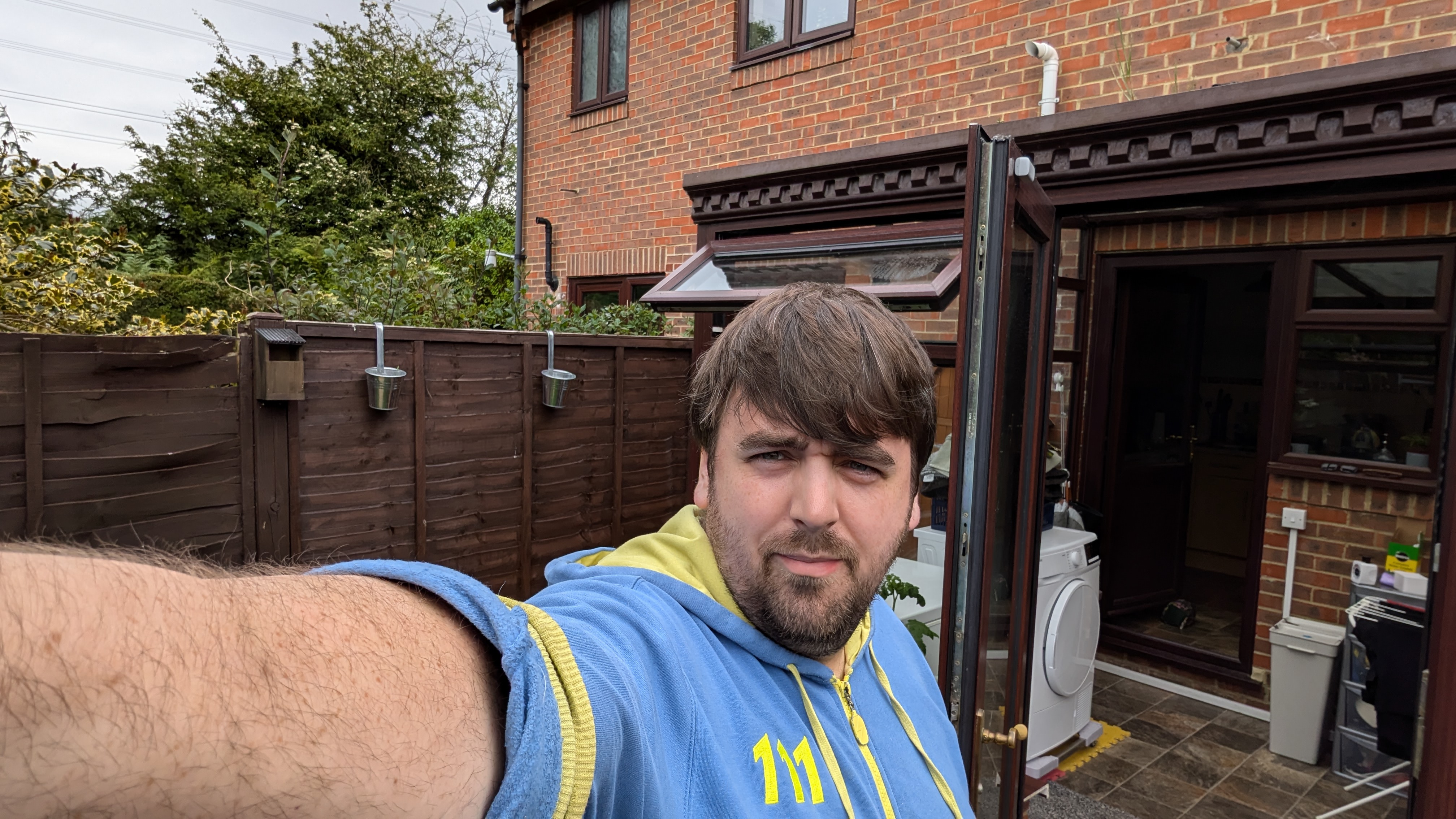
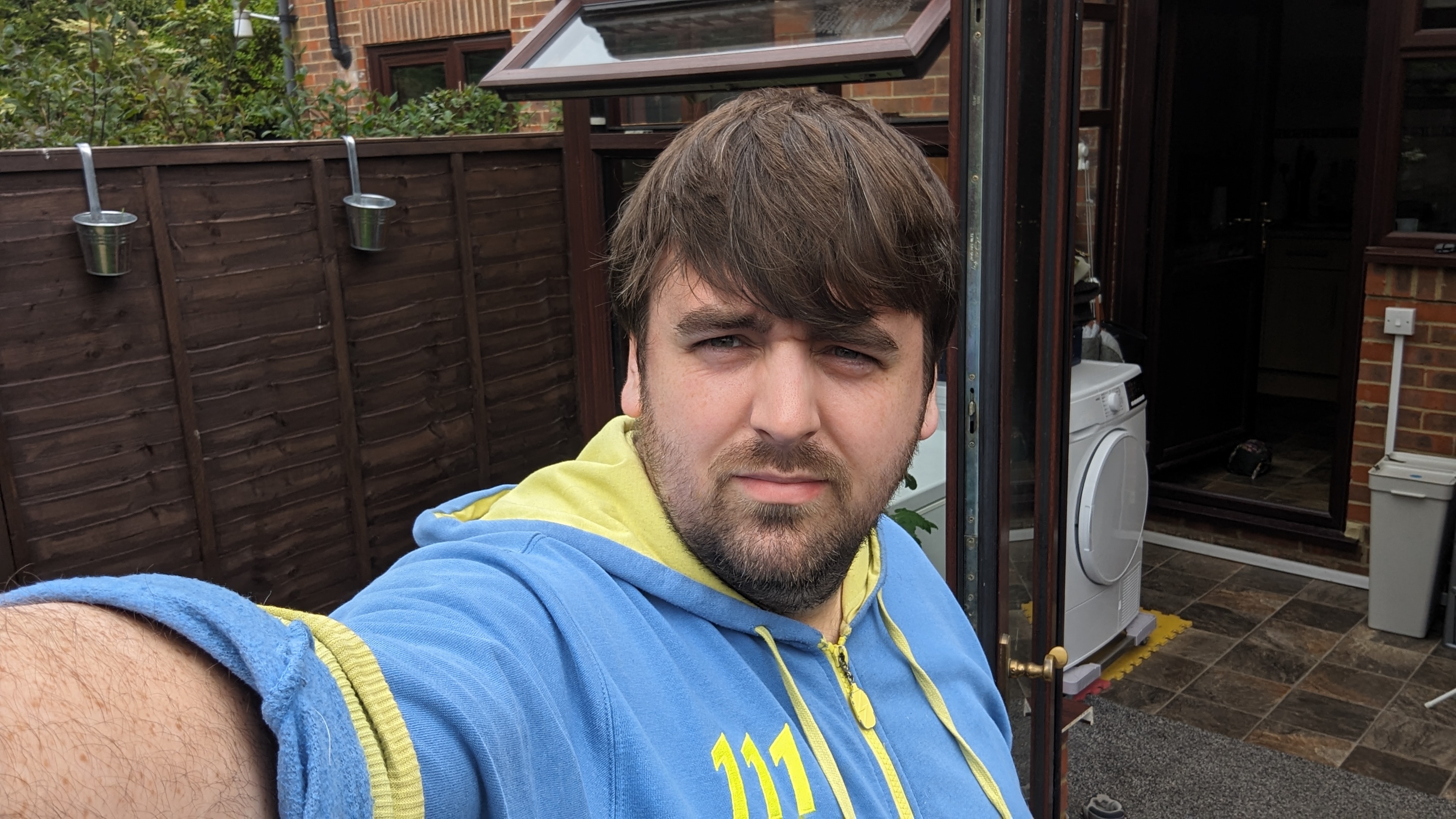
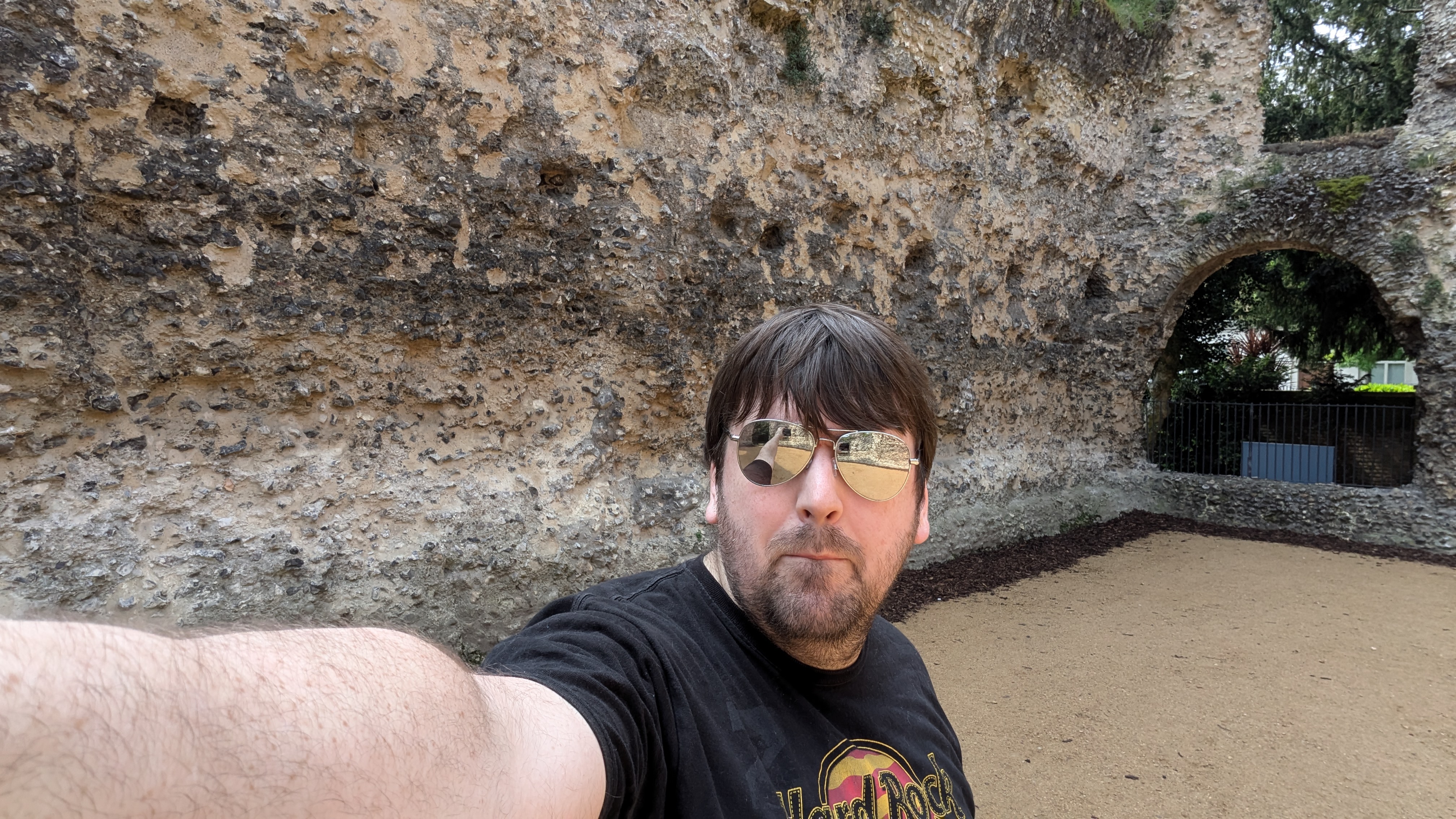
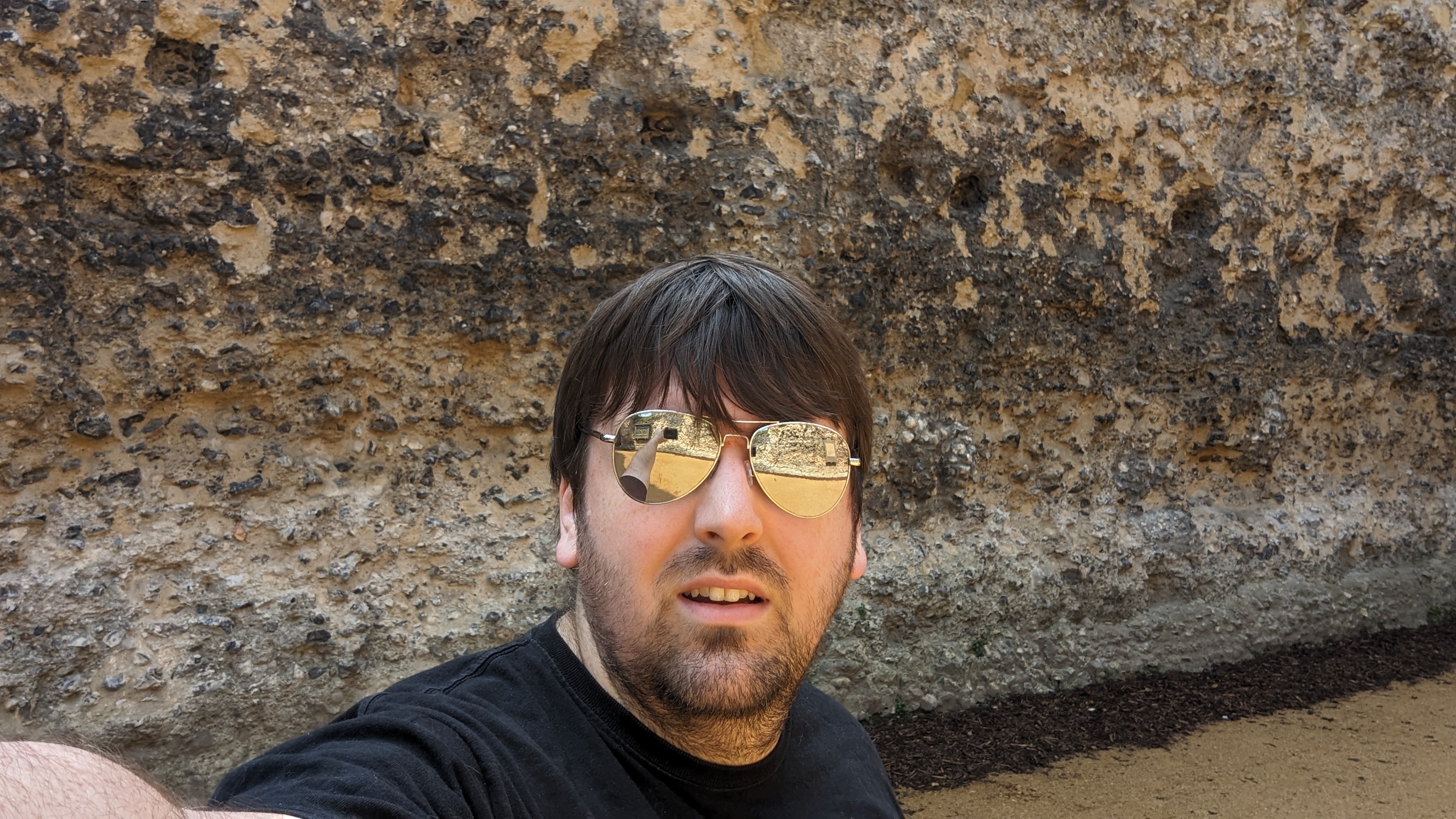
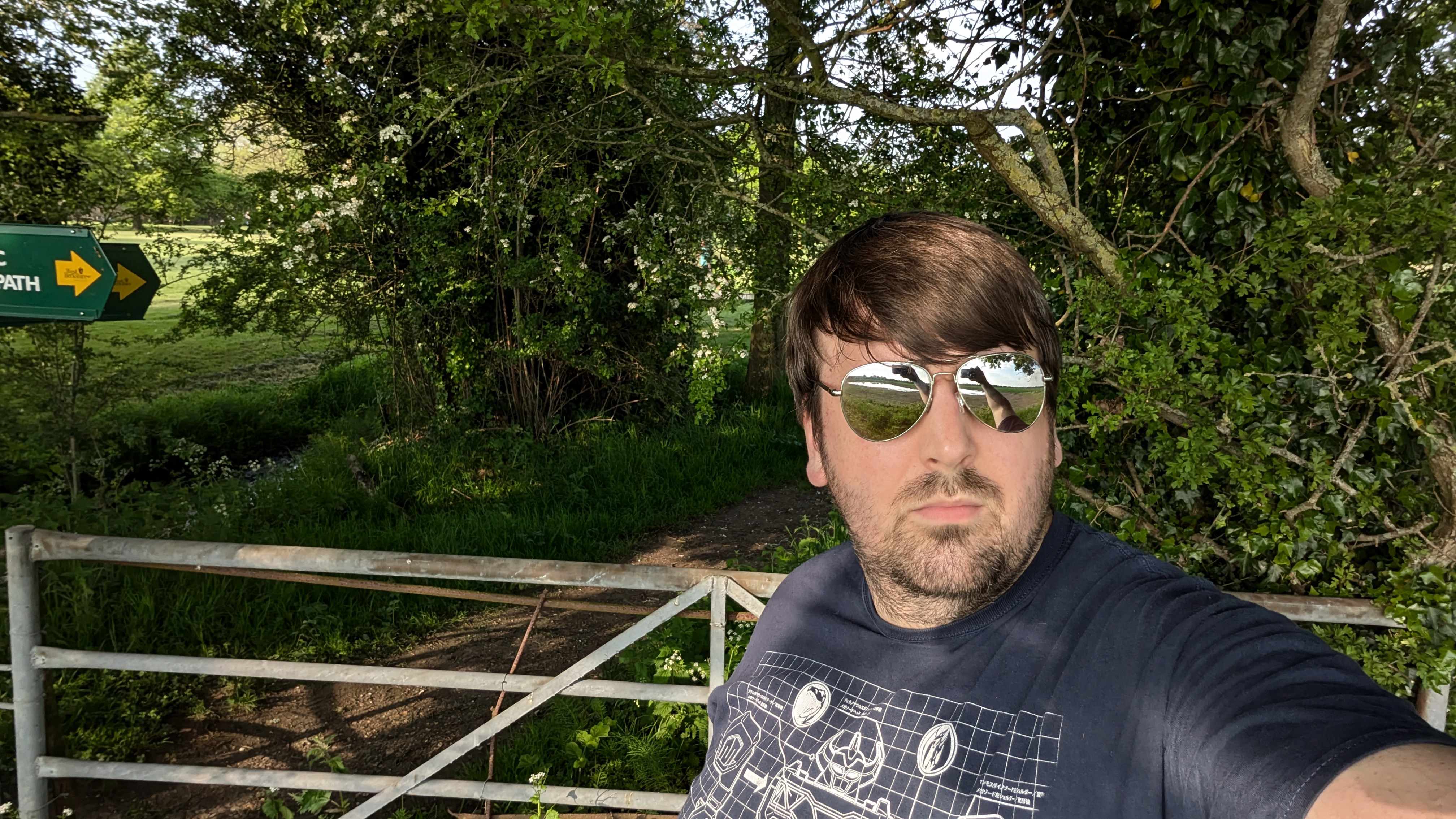
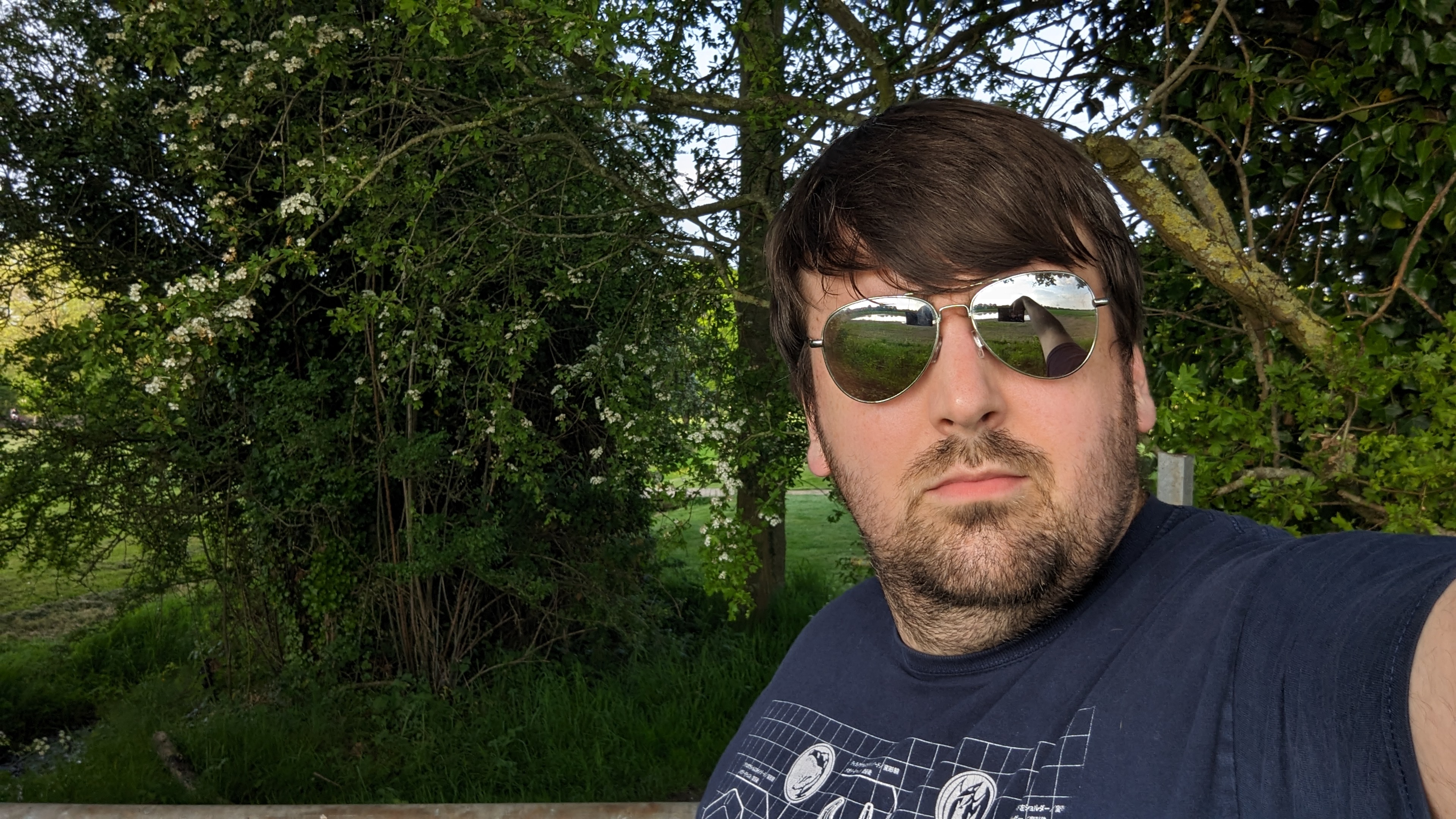
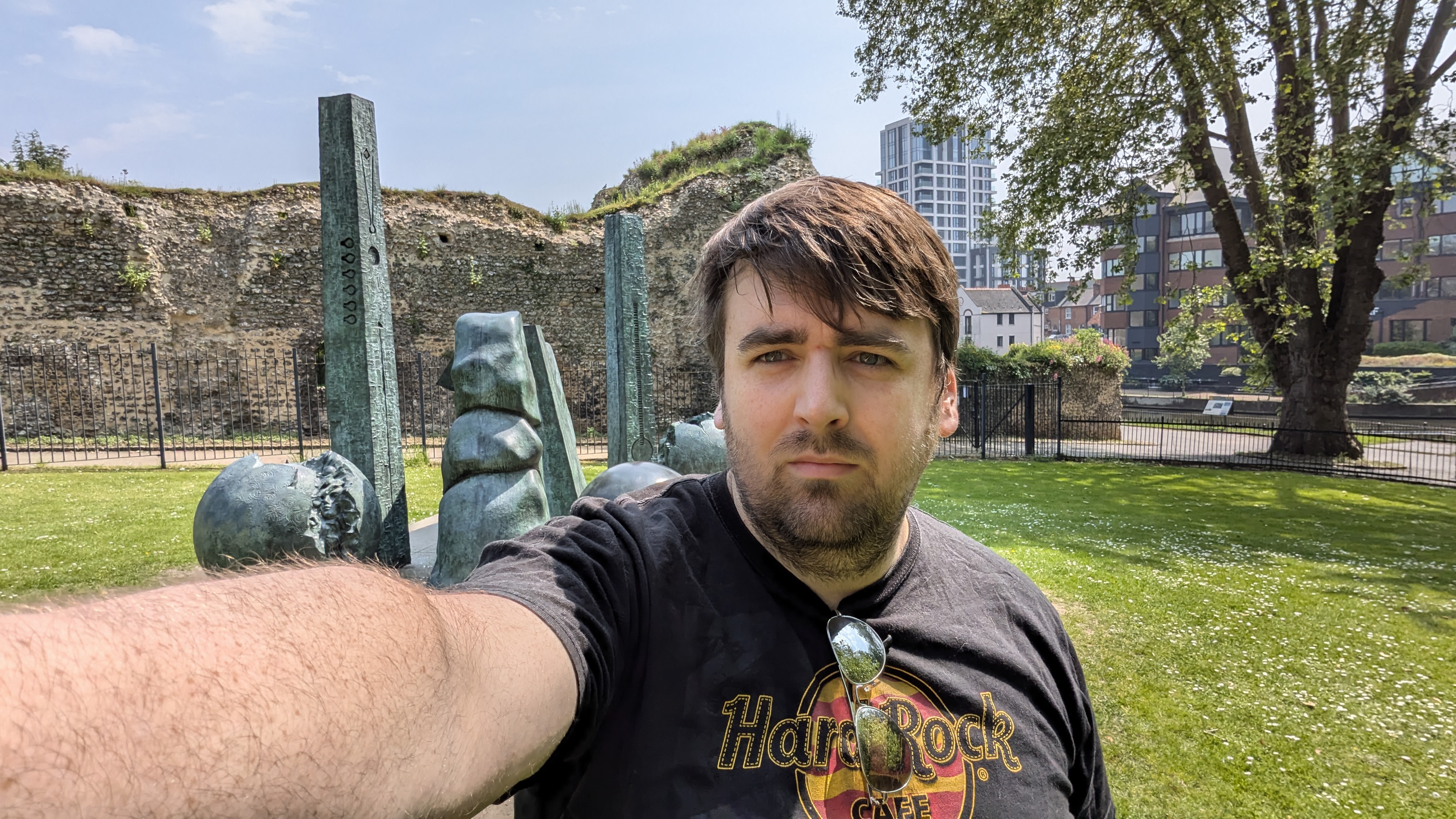
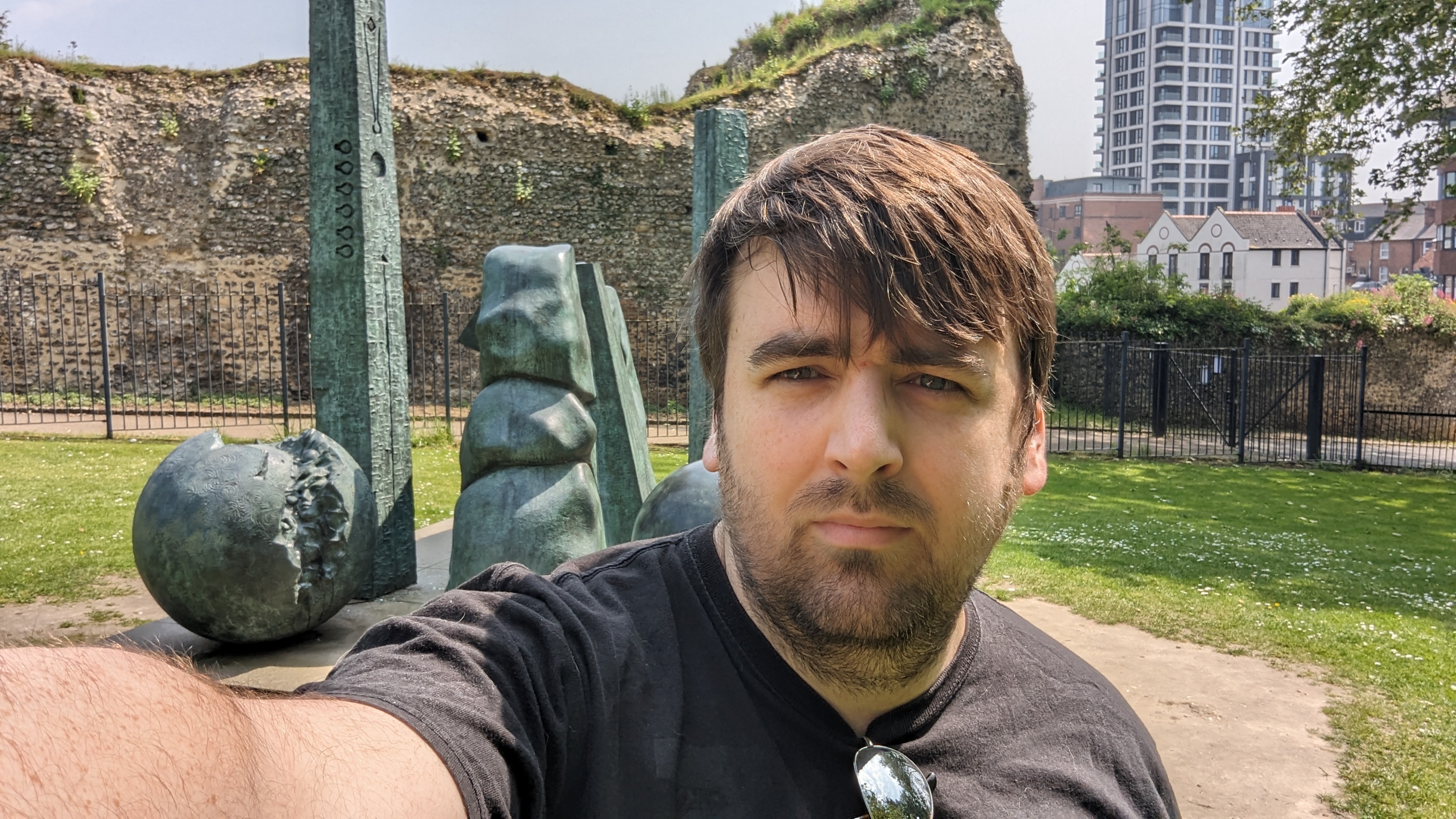
Portrait
Portrait shots from the Pixel 8a and Pixel 6 Pro looked fairly similar, though I give the edge to the Pixel 8a in the above pic. My hair looks sharper and it's a brighter photo. Both camera phones seemed to stumble in the same areas. Apparently the Pixel portrait mode struggled to blur out my living room without taking half my face with it.
It's interesting to see how both phones reacted to my dogs as well. The Pixel 6 Pro blurred the face in the one shot a dog ended up in frame. Meanwhile, the Pixel 8a blurred one dog, but added the bokeh effect around the other. But the principle subject (me) was very clearly defined and popped out against the background — with no complaints from me.
Winner: Pixel 8a.
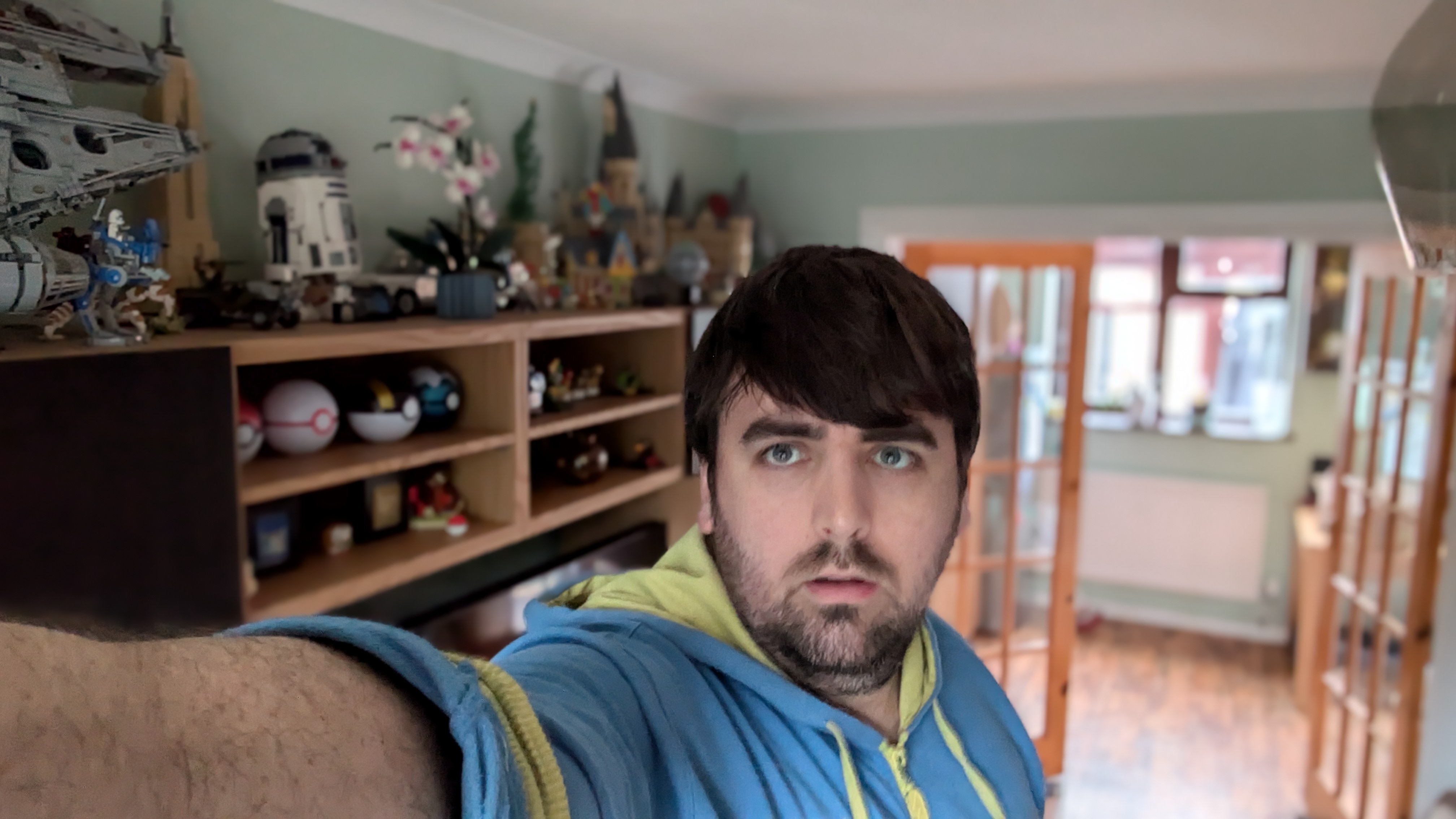
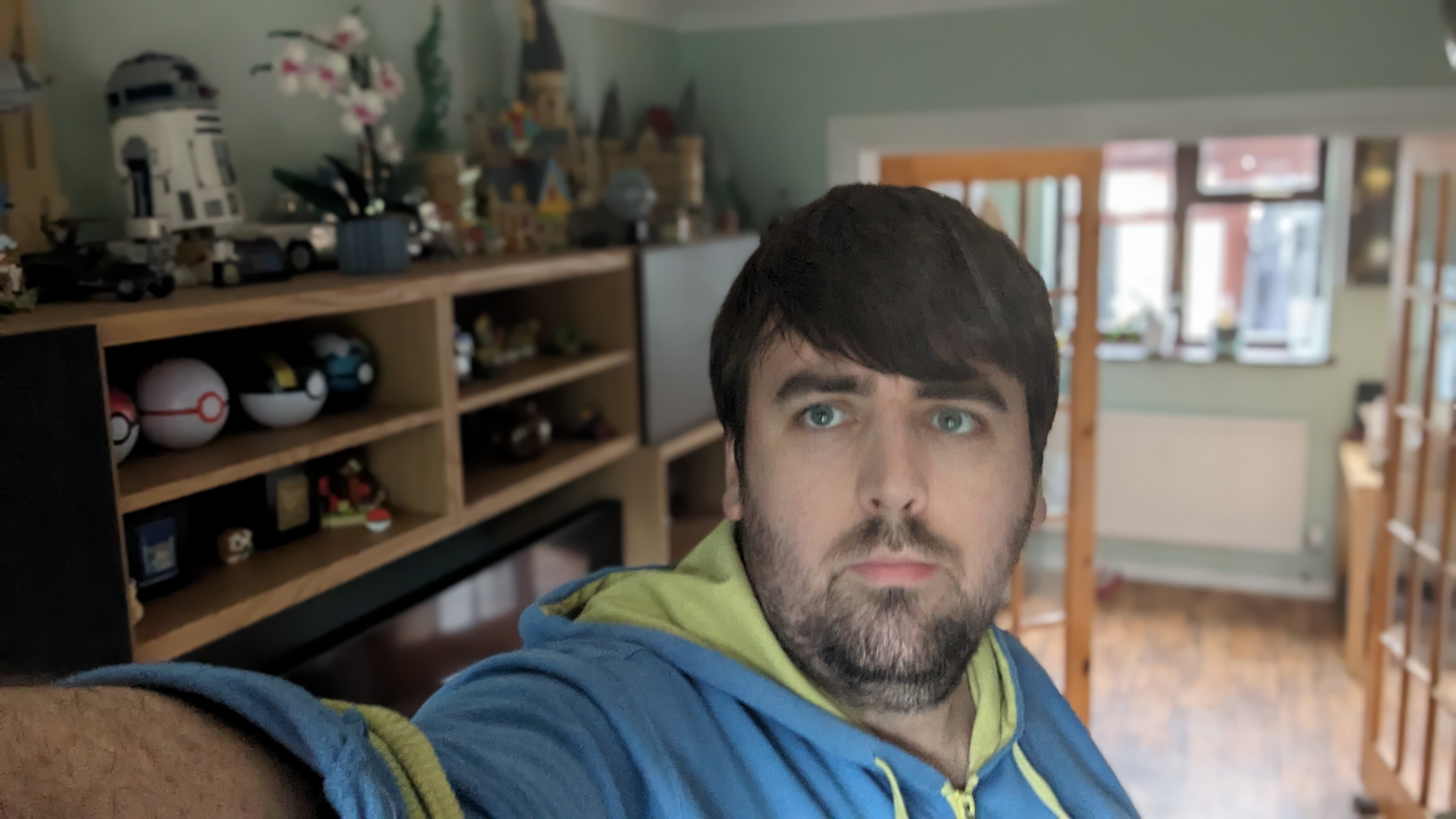
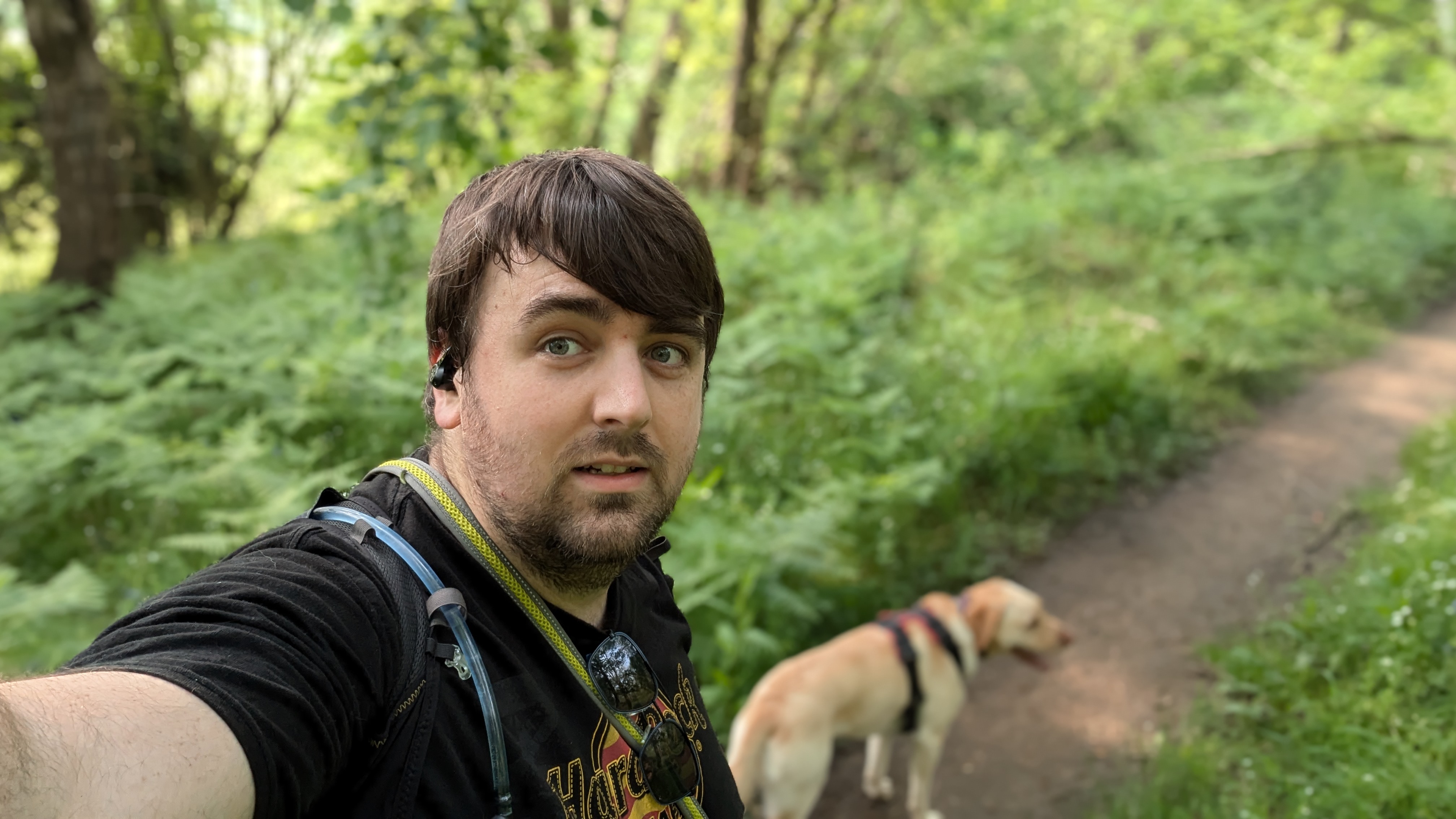
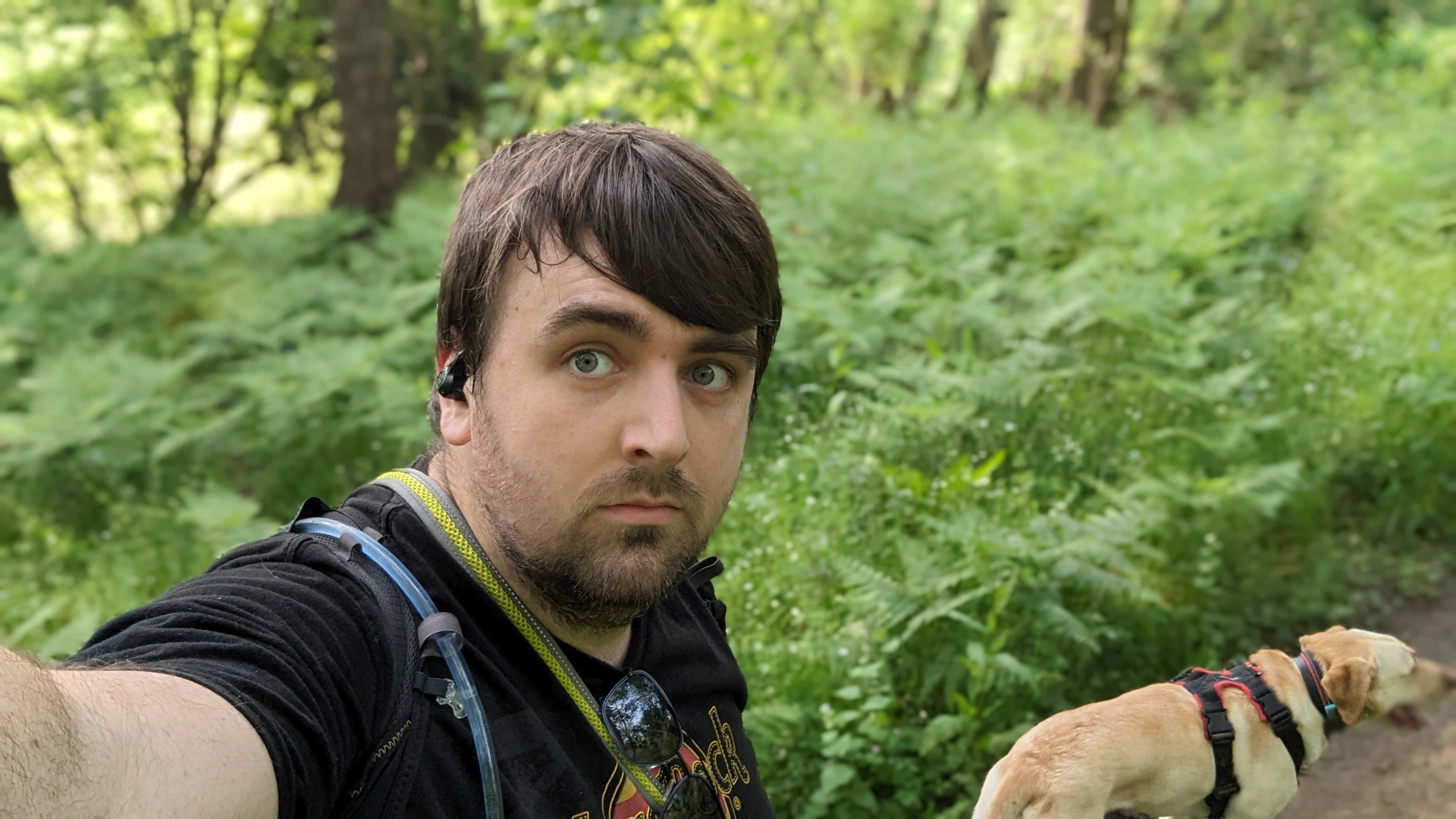
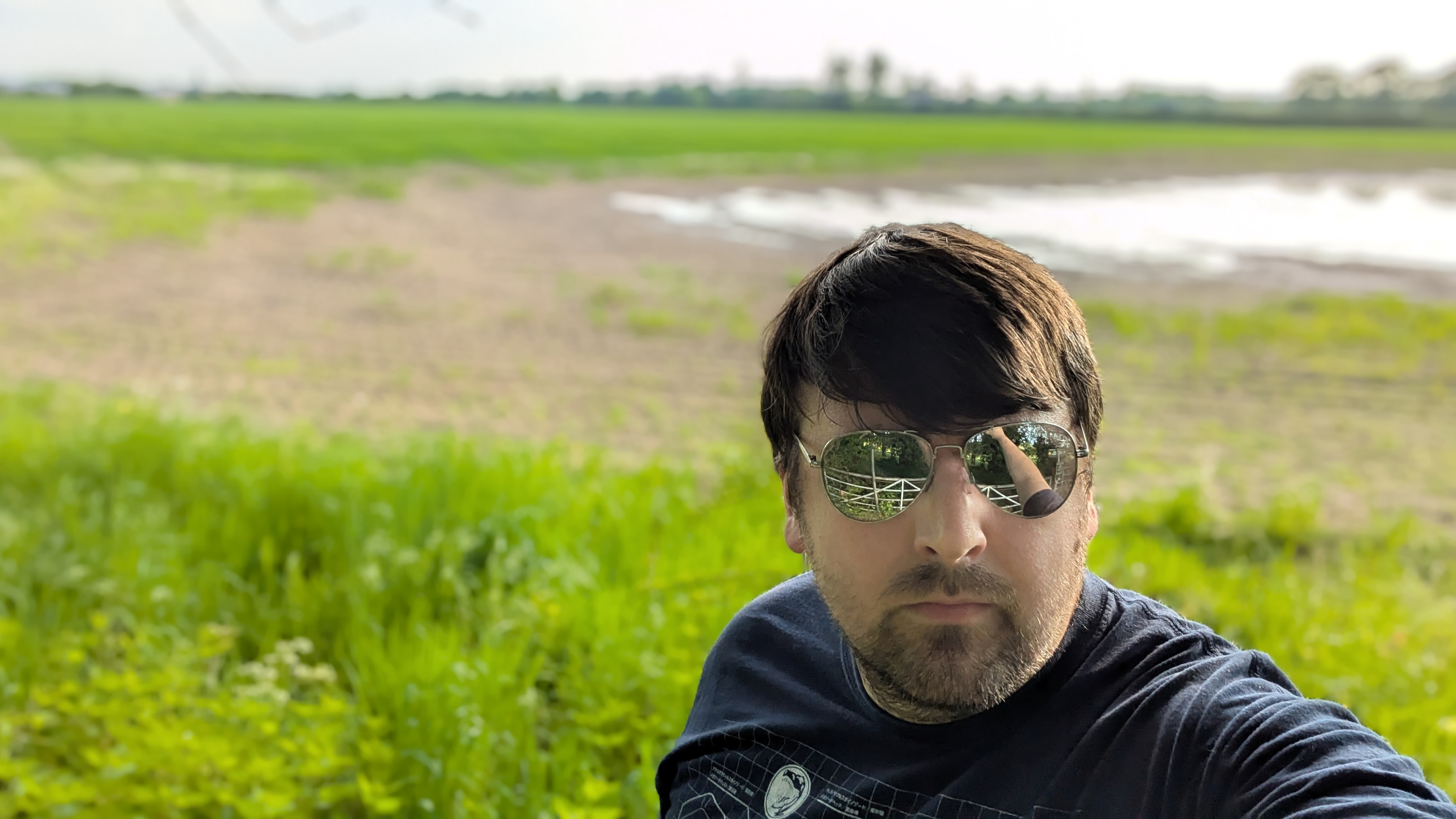
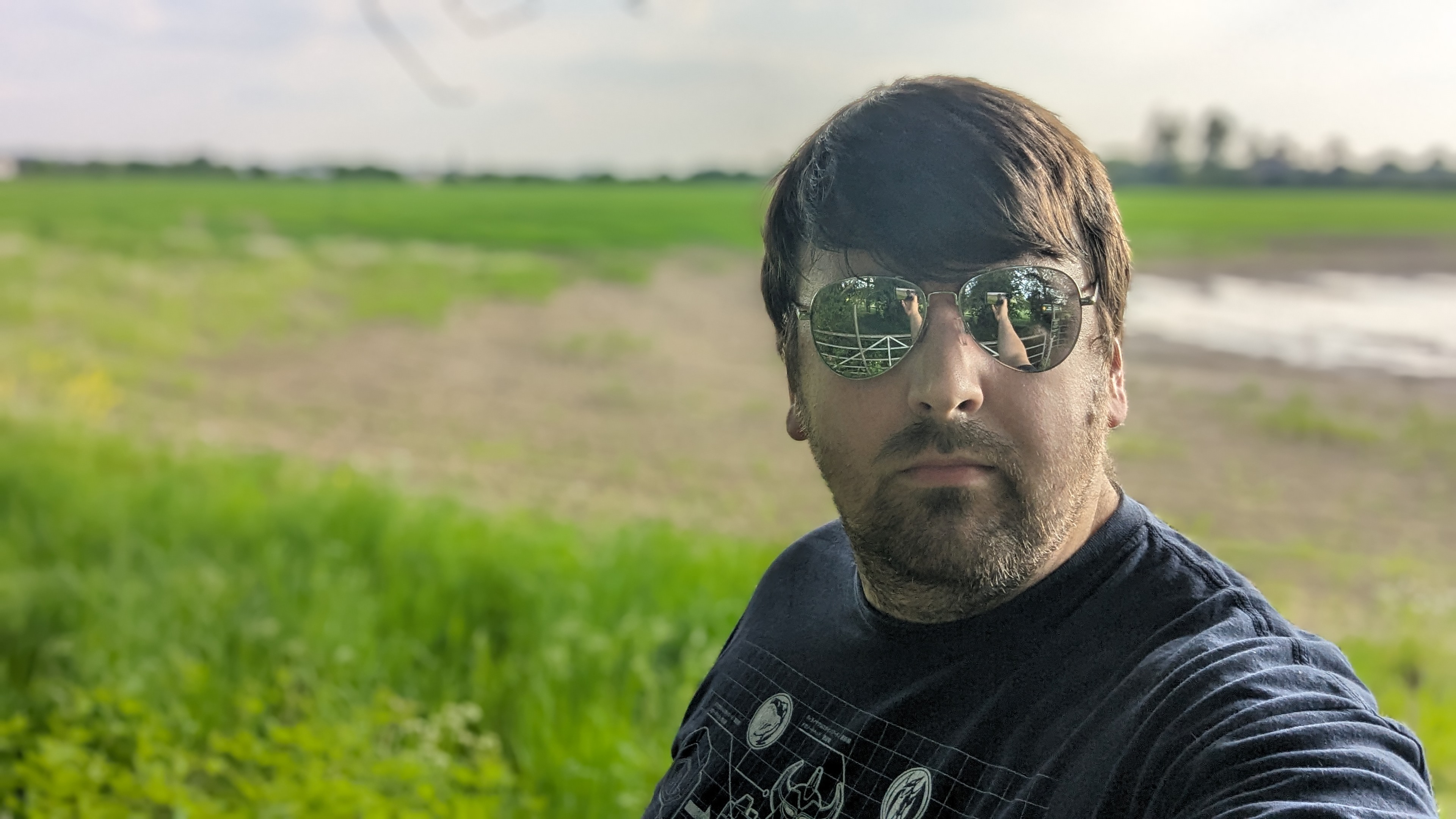
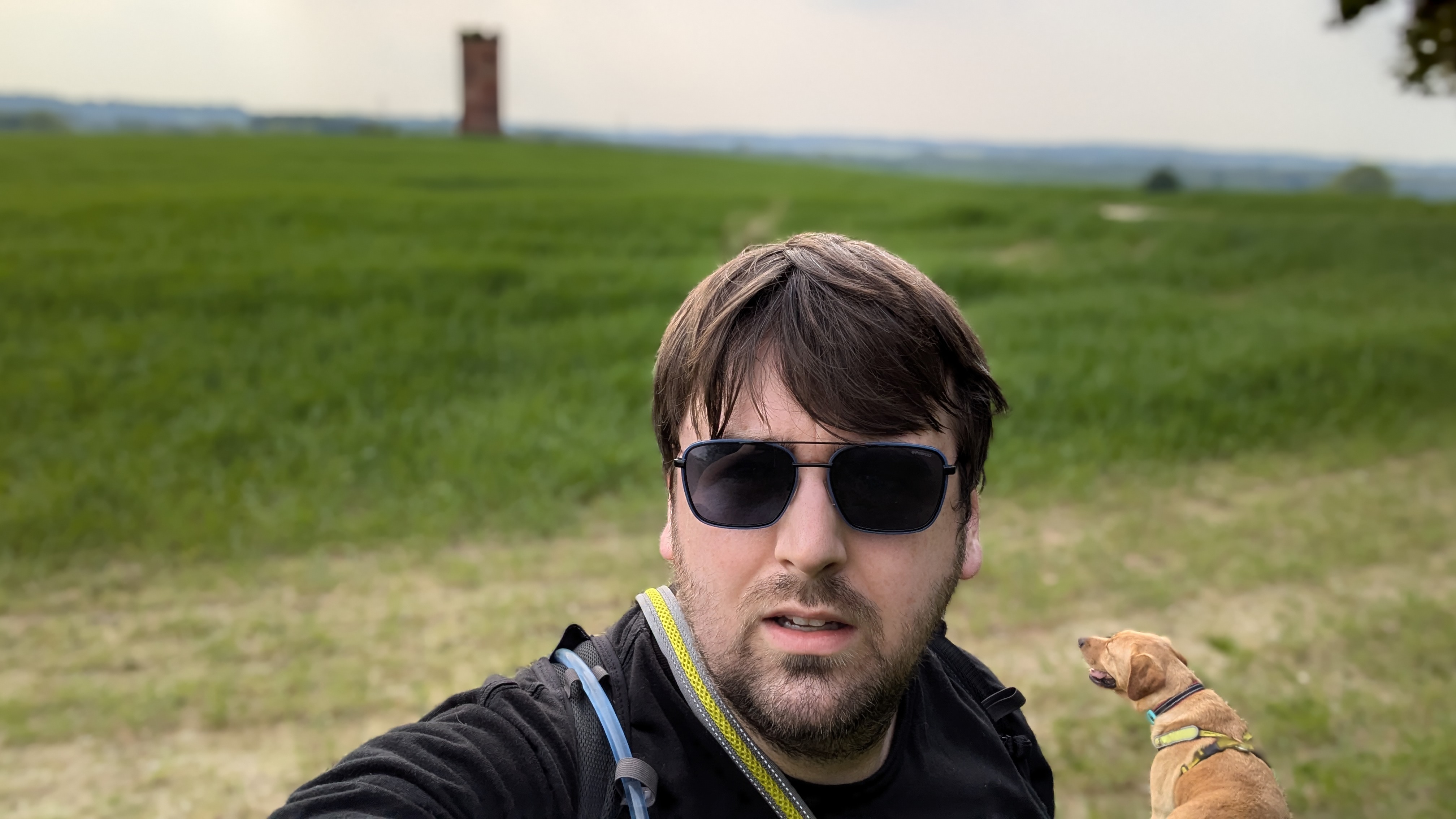
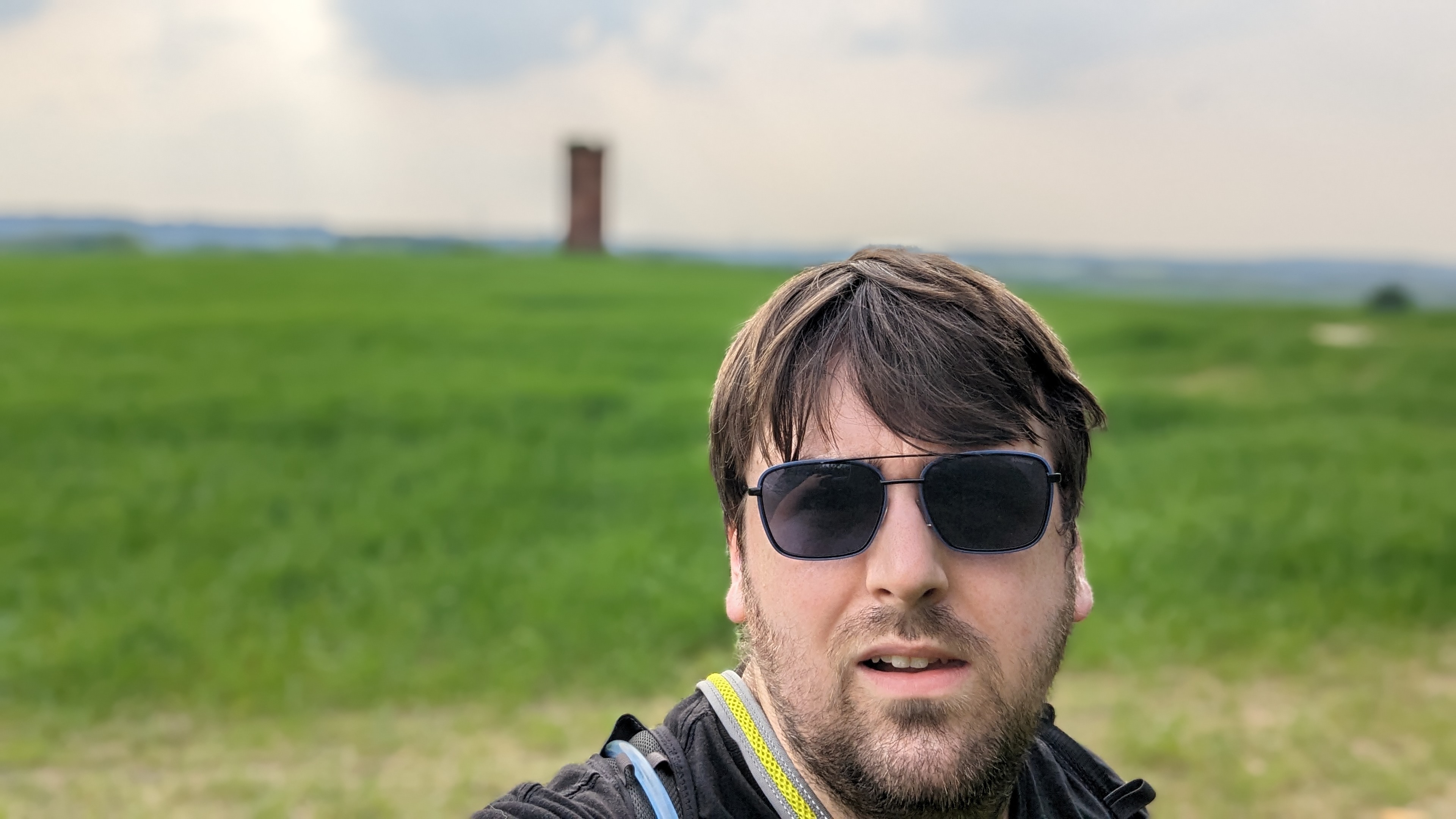
Zoom
The Pixel 6 Pro has a separate telephoto lens with 4x optical magnification, which gives it a huge advantage in zoomed photography. The Pixel 8a is reliant on digital zoom and features like SuperResZoom to try and mimic that effect. That has led to significantly worse photo quality, even at 4x magnification.
The difference was most apparent on shots of objects in the far distance, even before you try and zoom in further. Objects in the near distance aren't quite as bad through the Pixel 8a, and come out looking reasonably well, but they have more of a fuzzy over-exposed look compared to the Pixel 6 Pro.
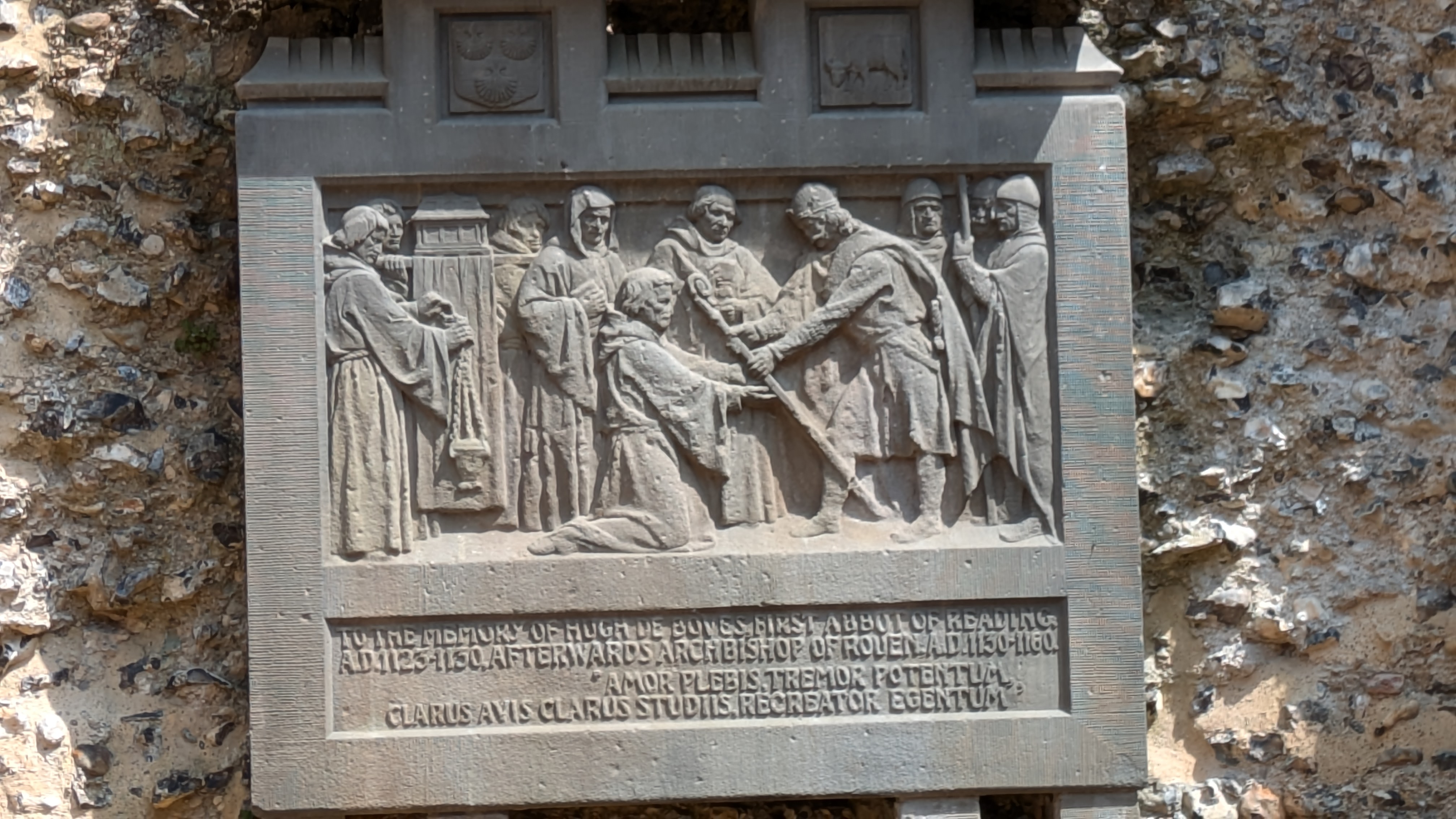
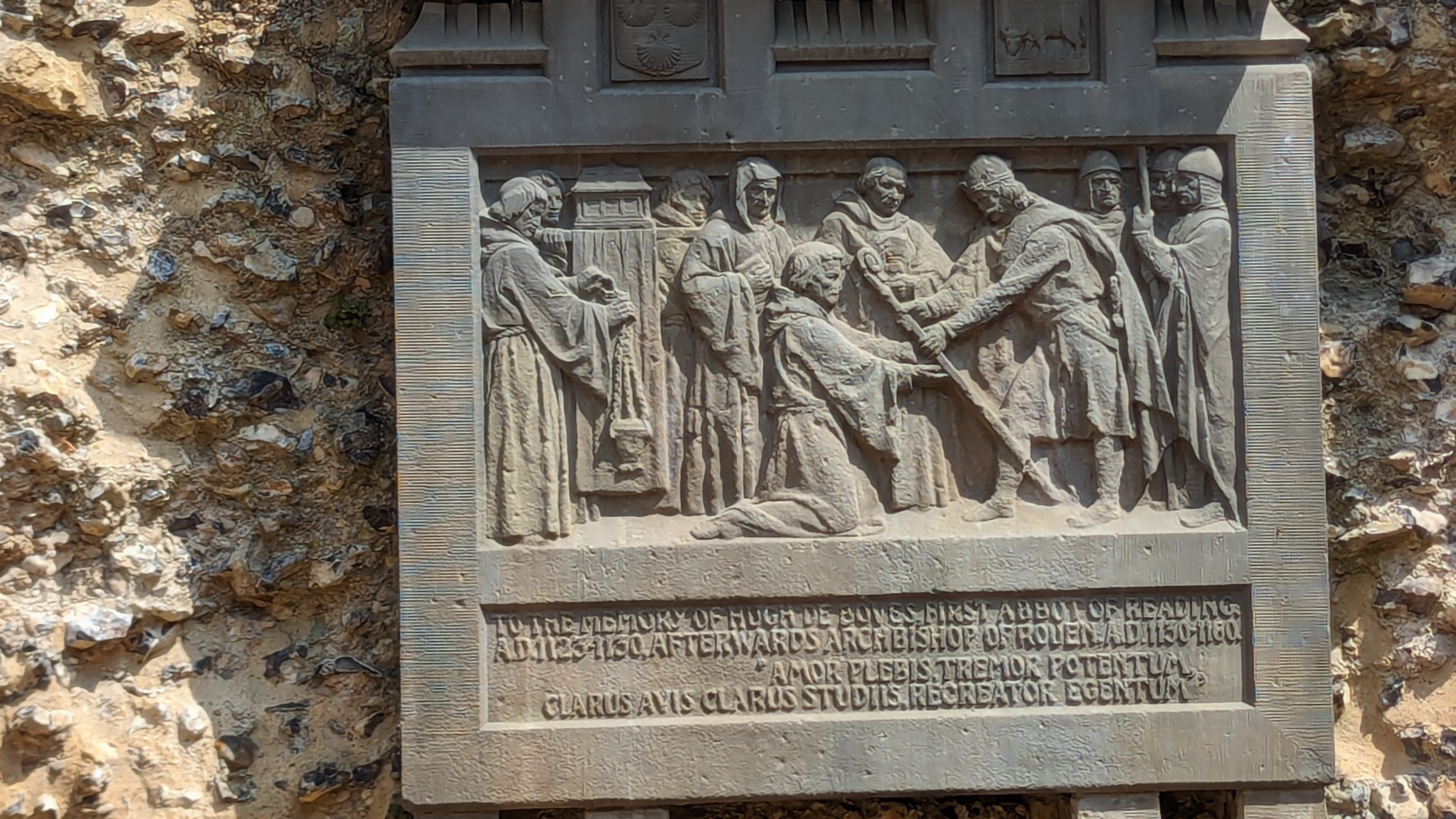
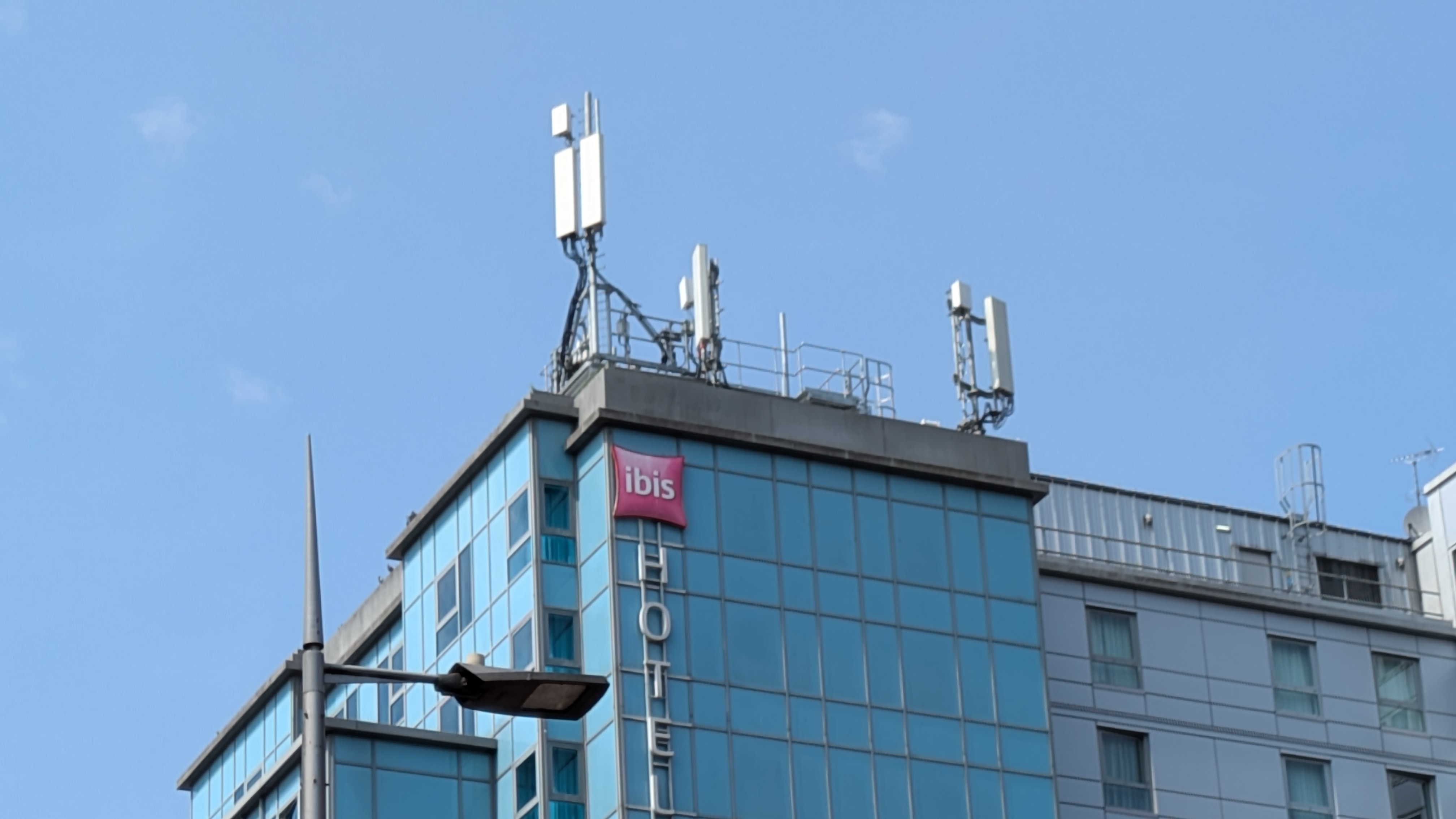
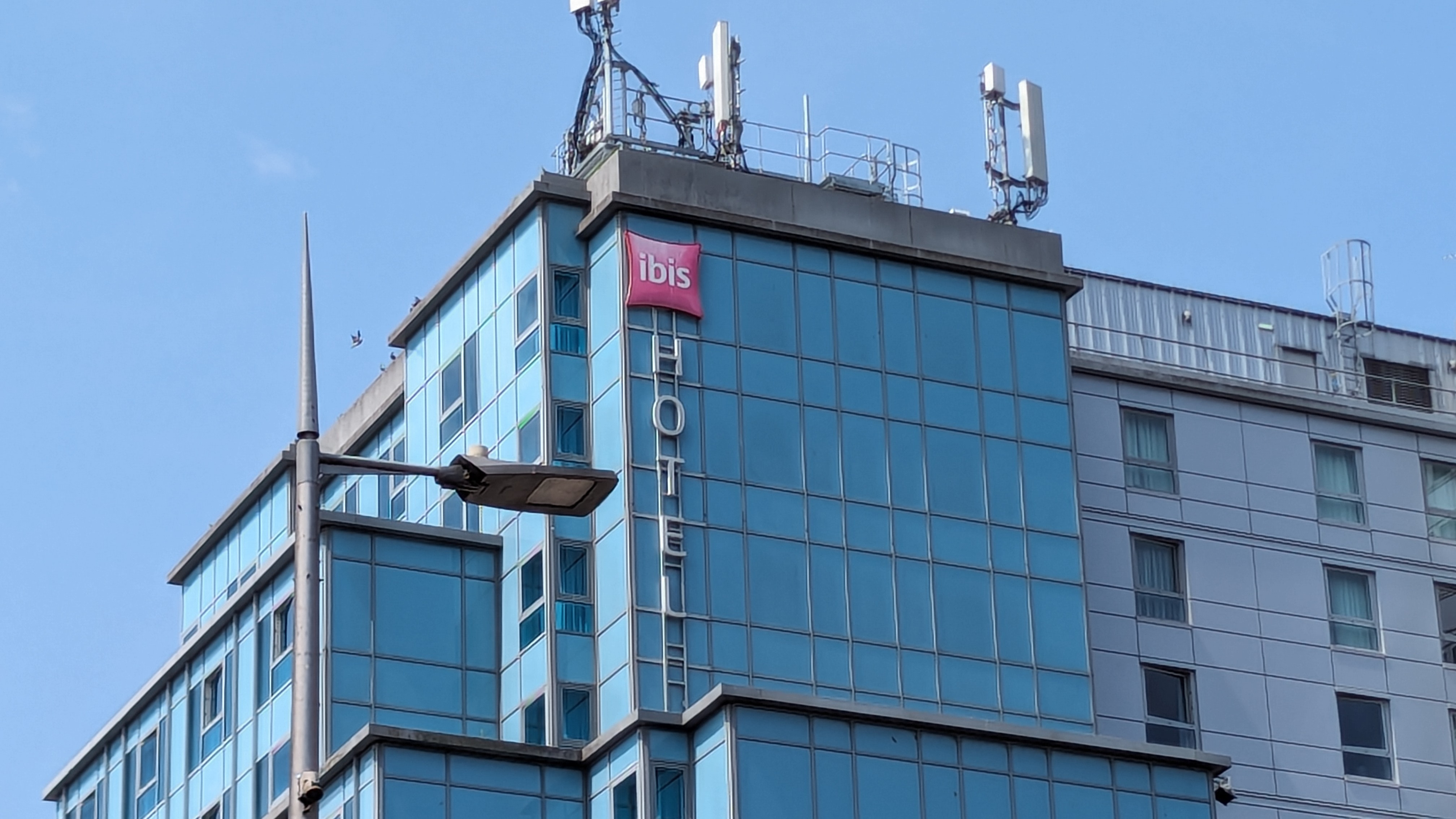
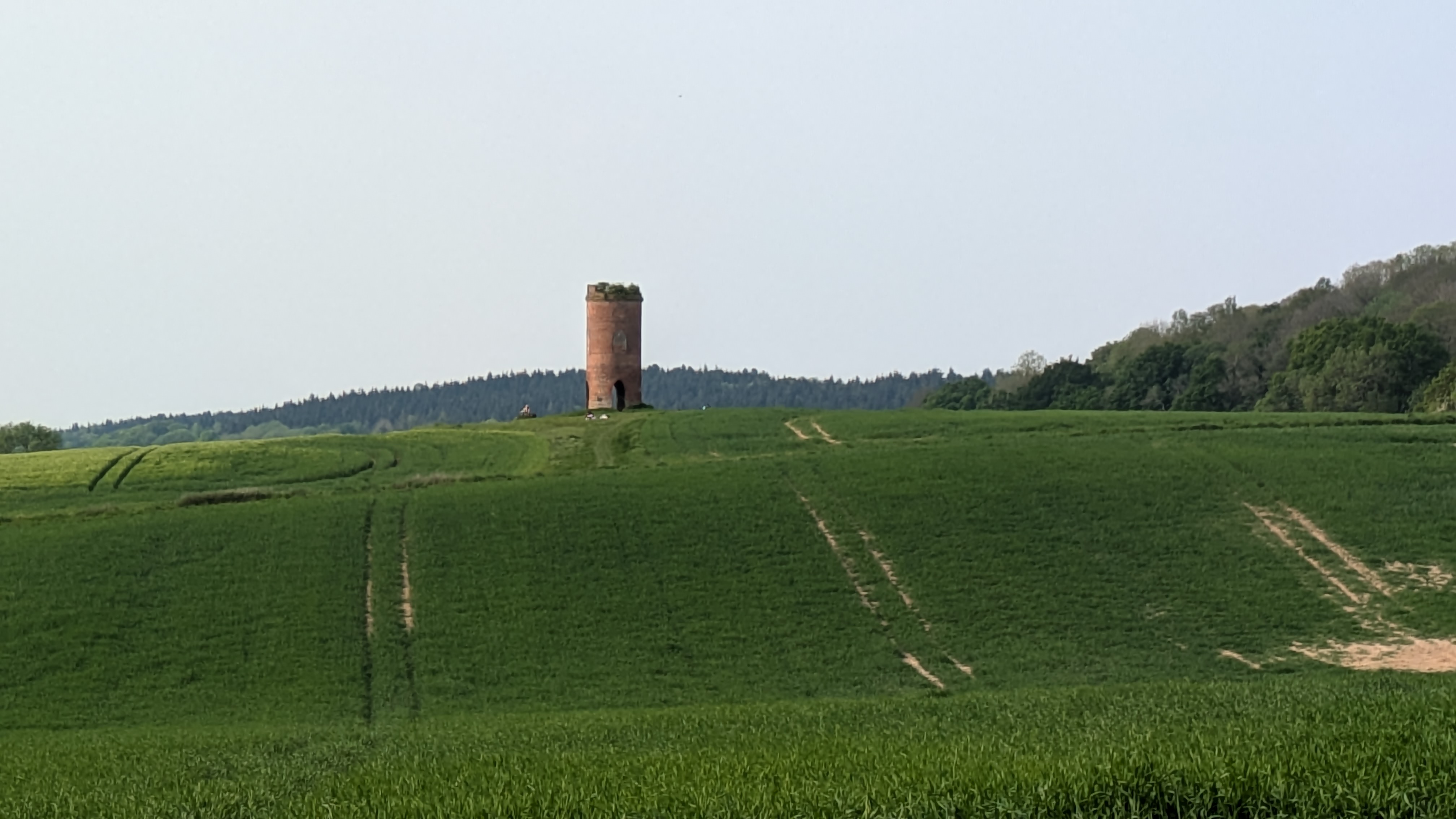
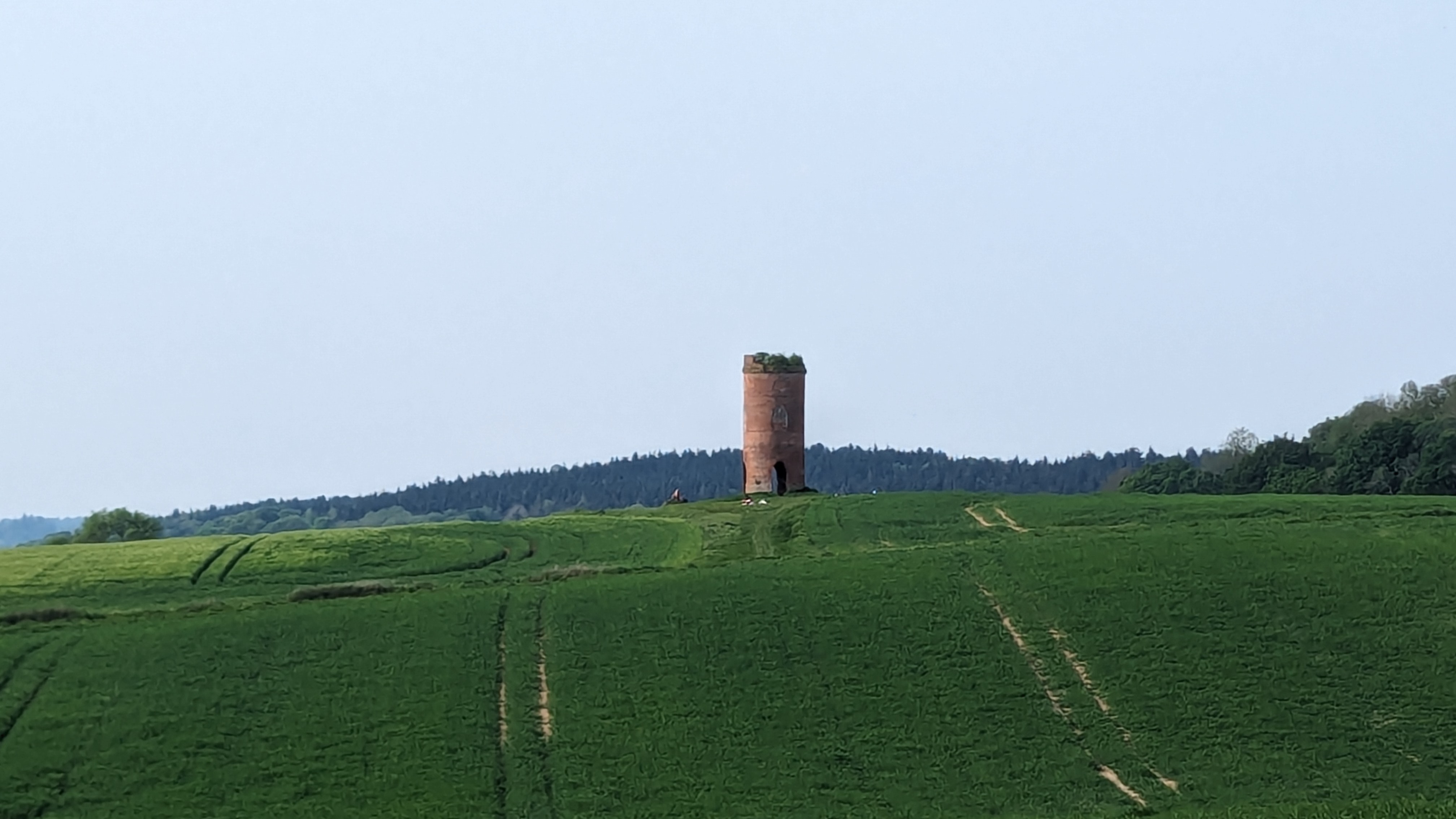
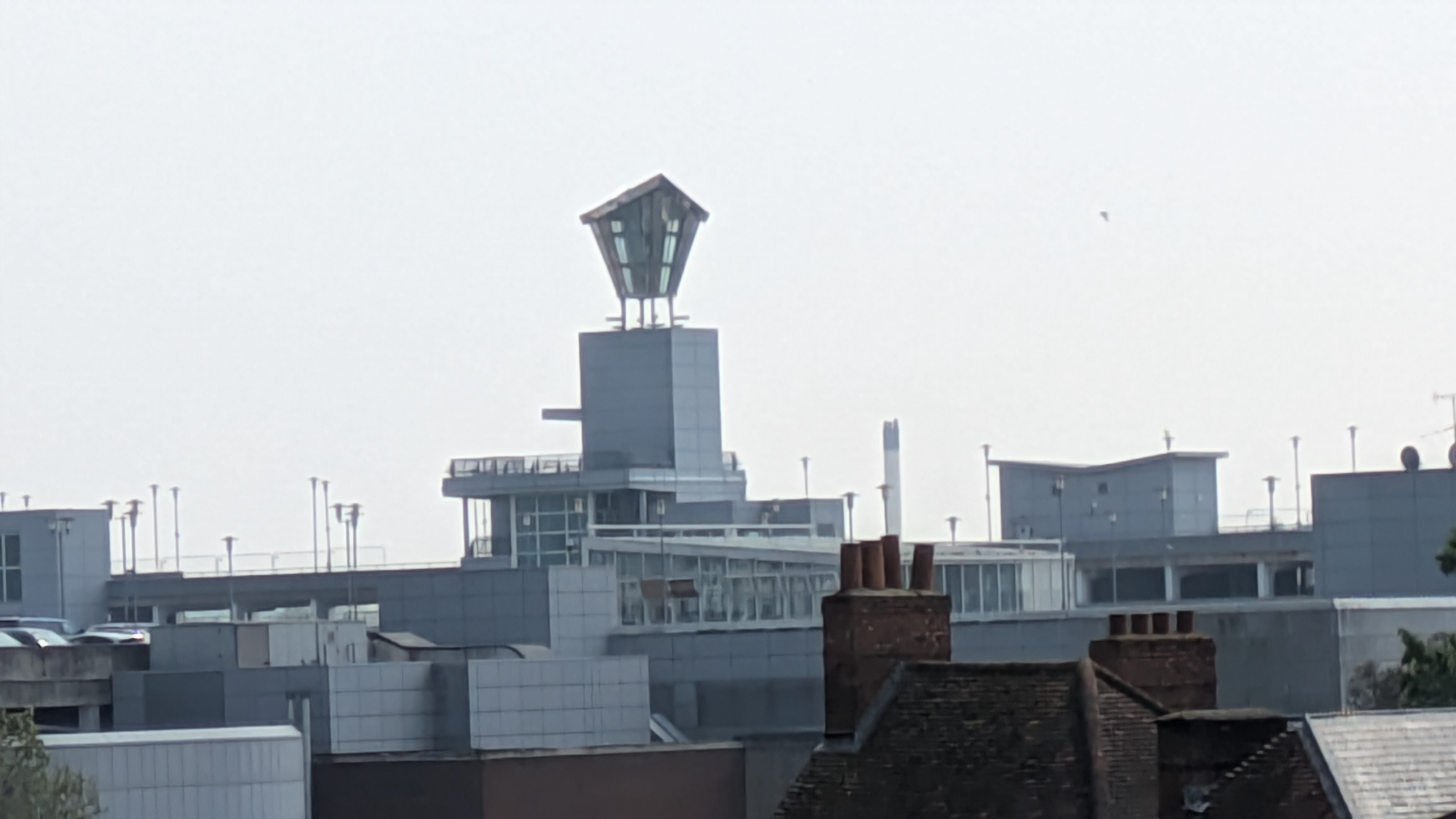
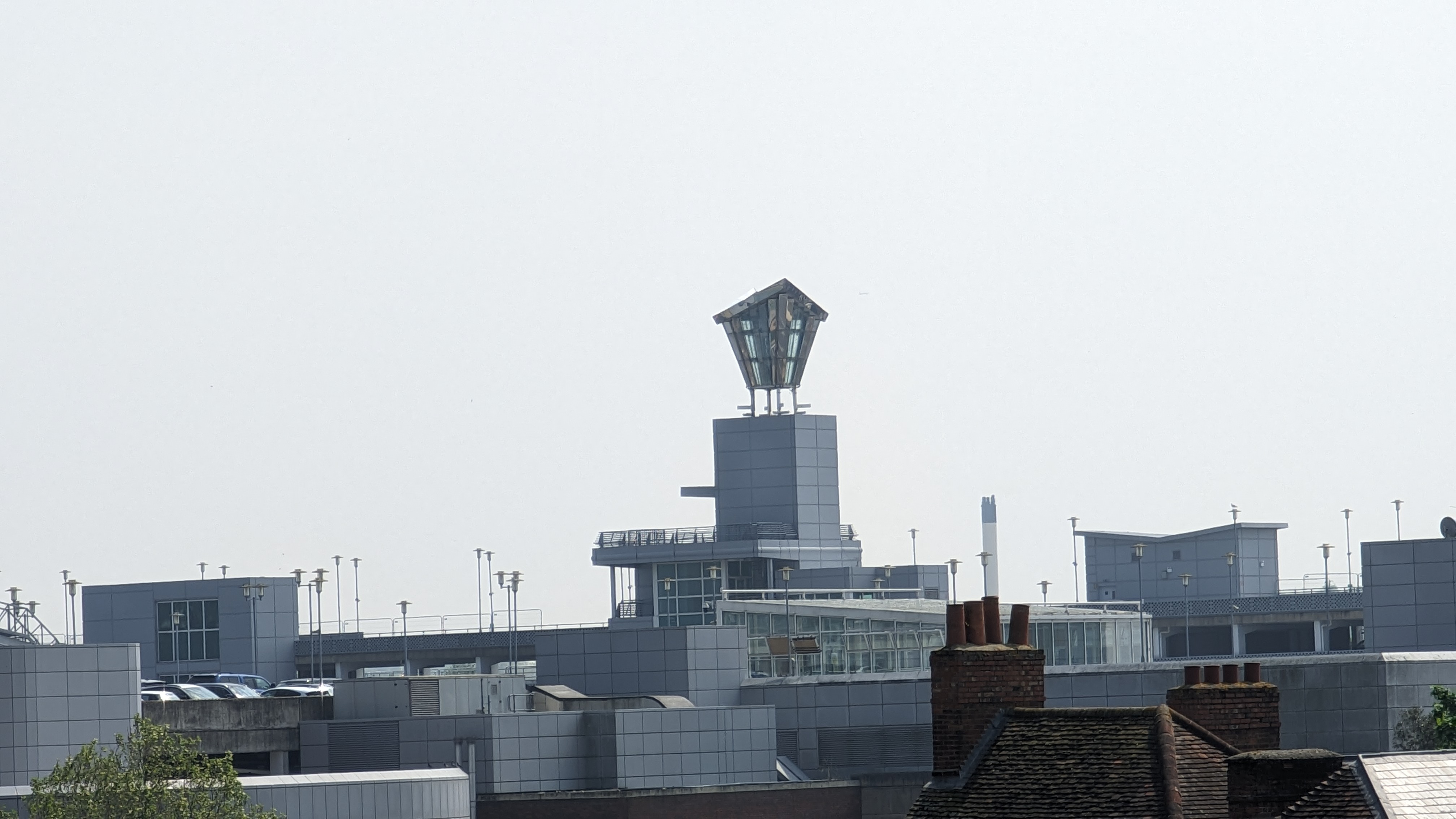
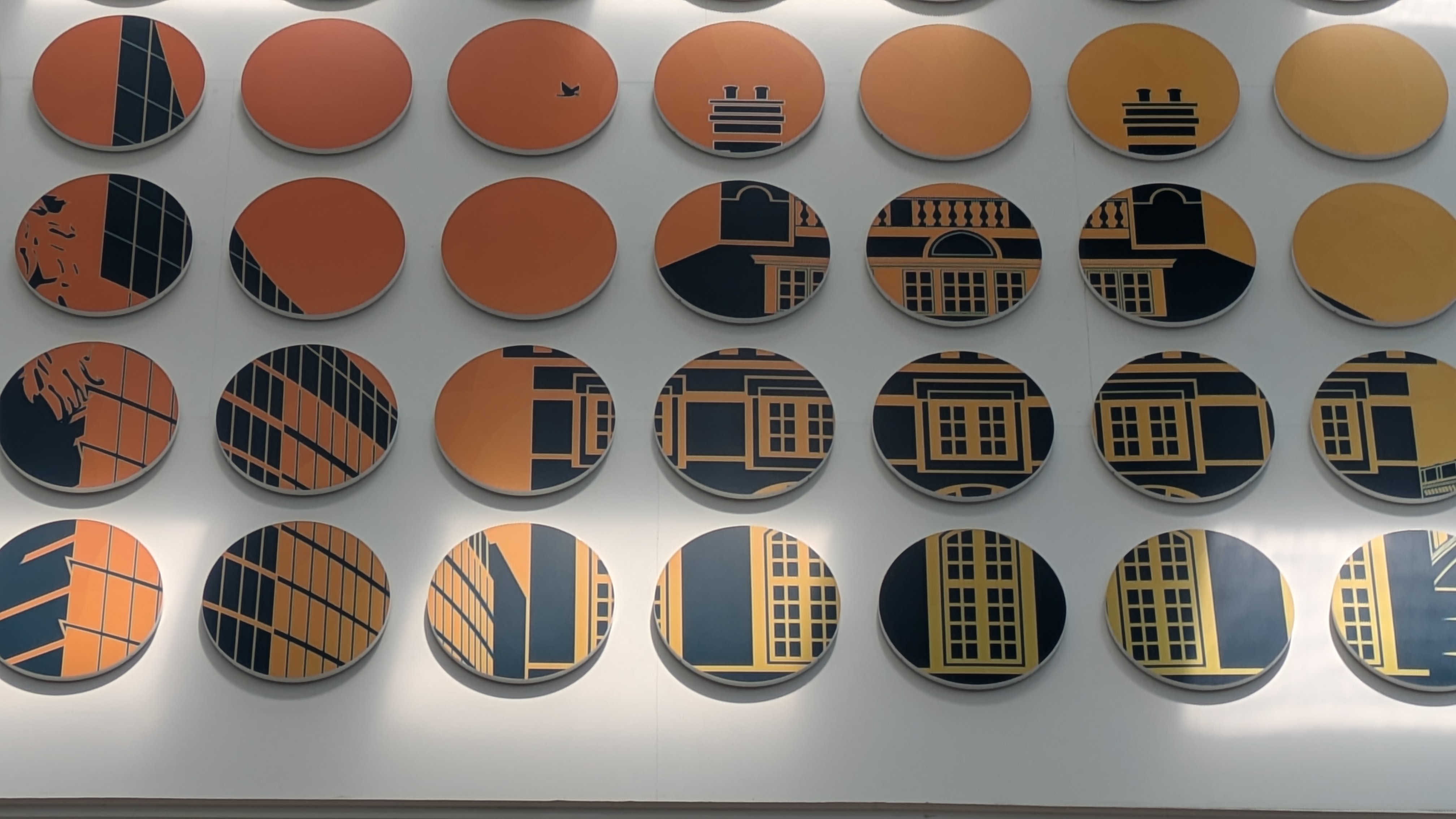
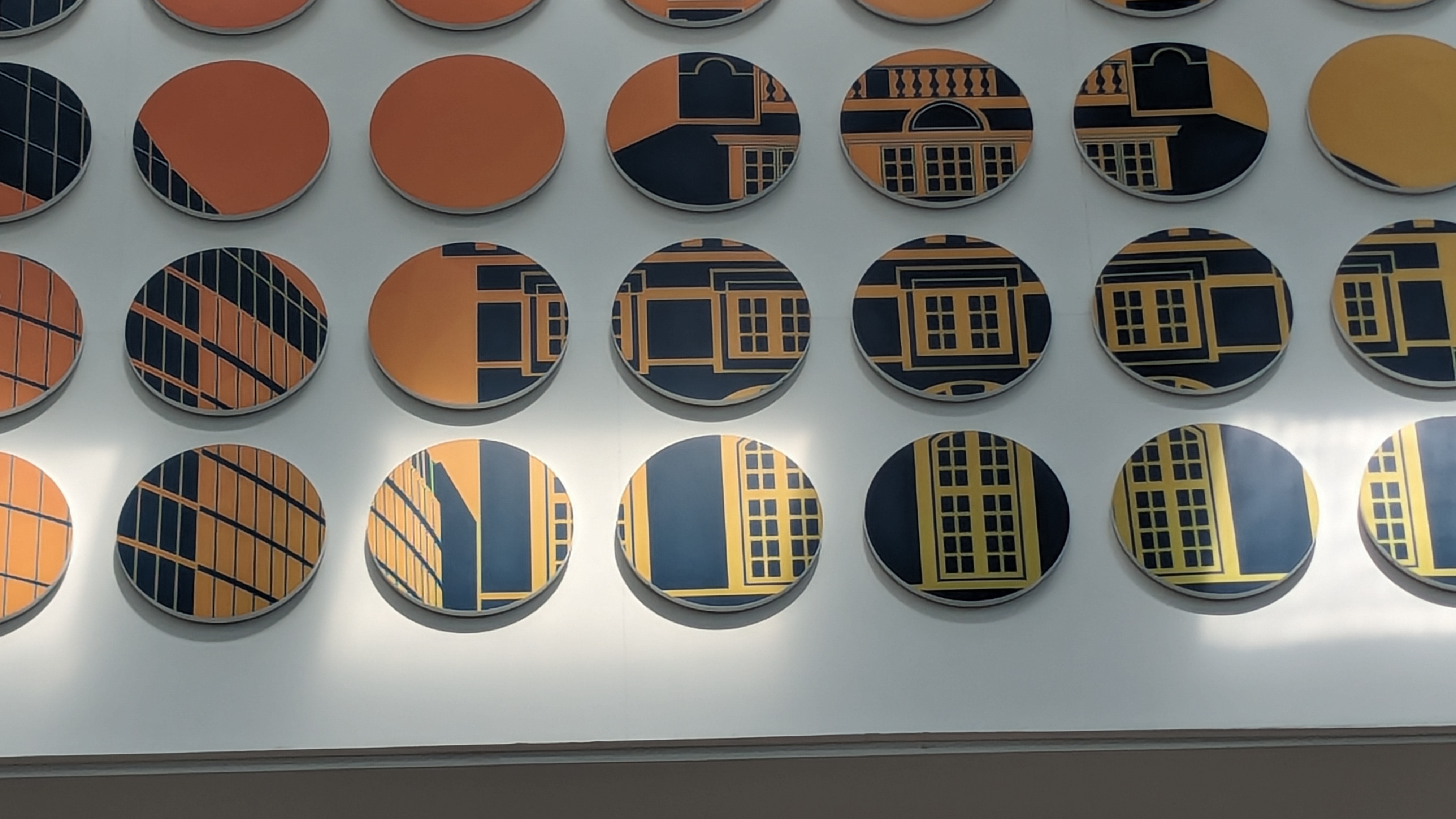
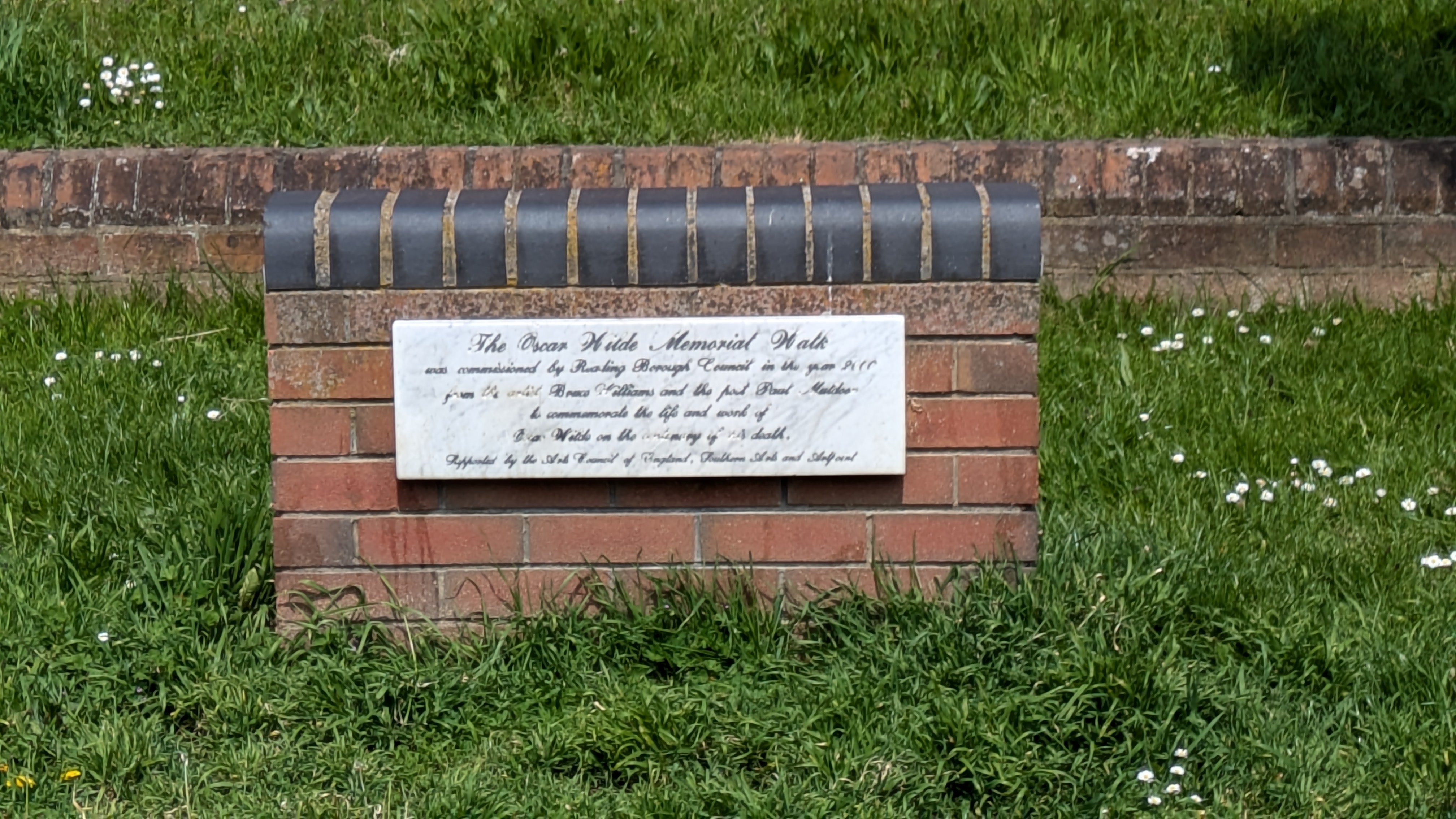
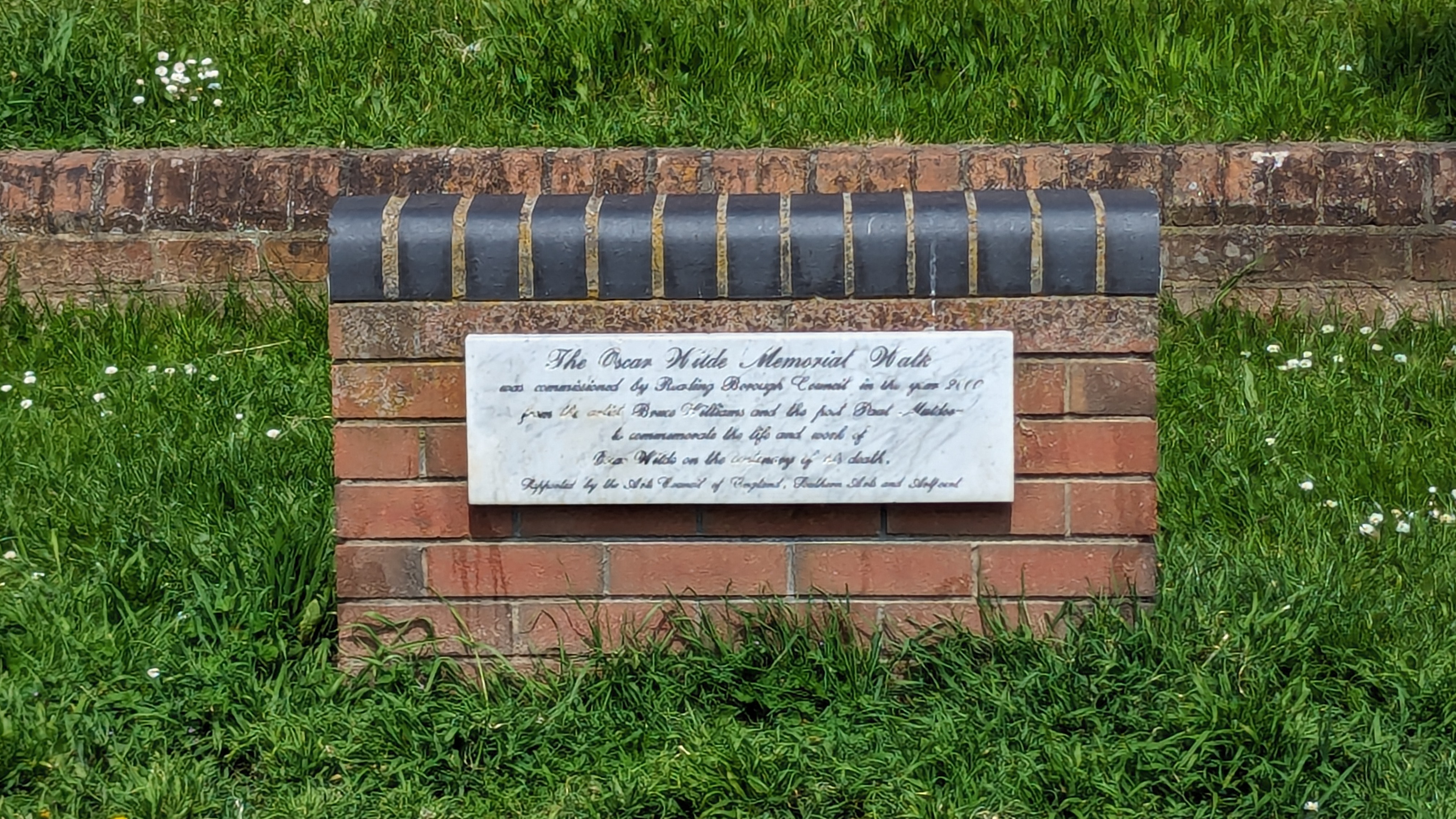
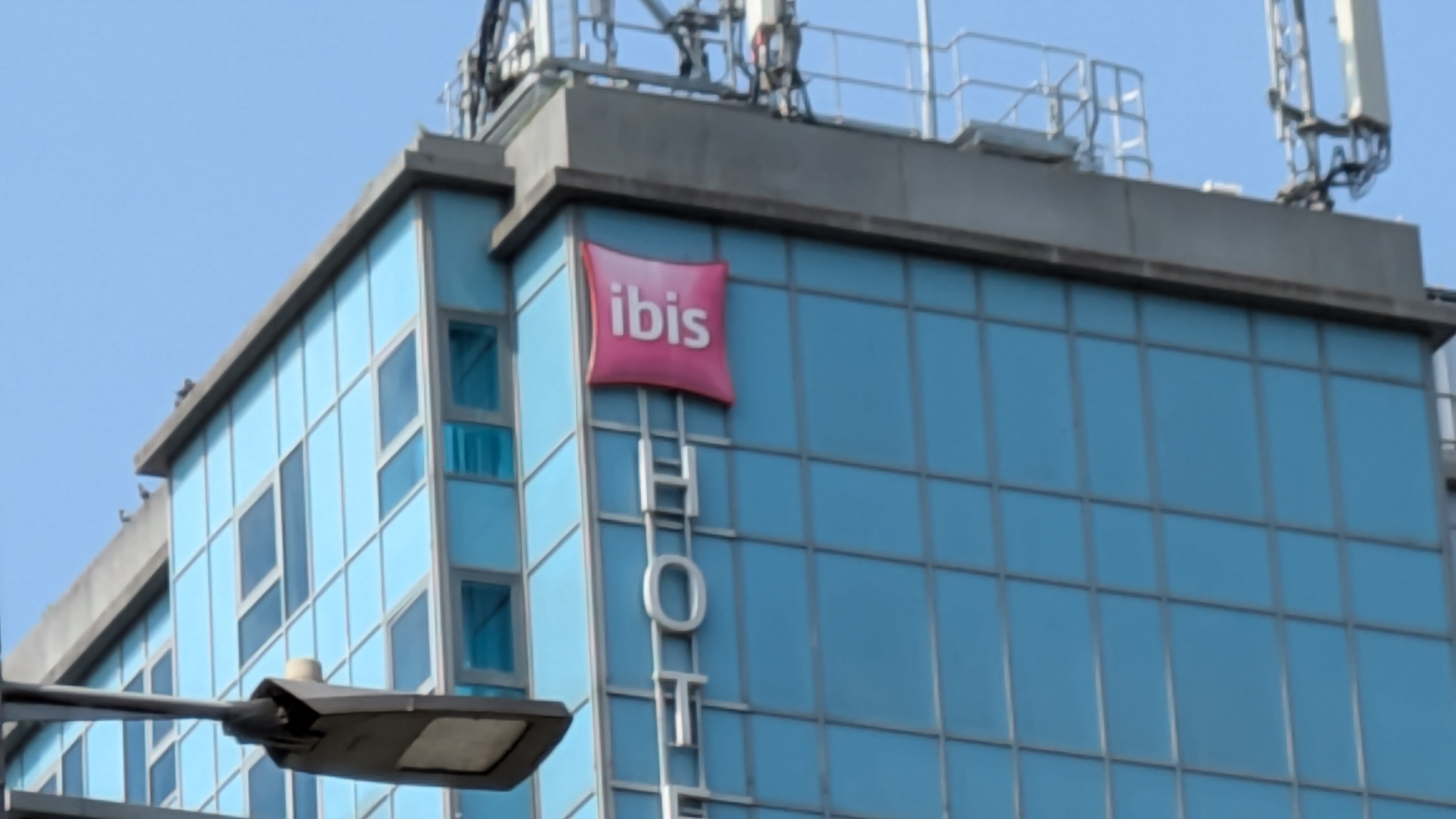
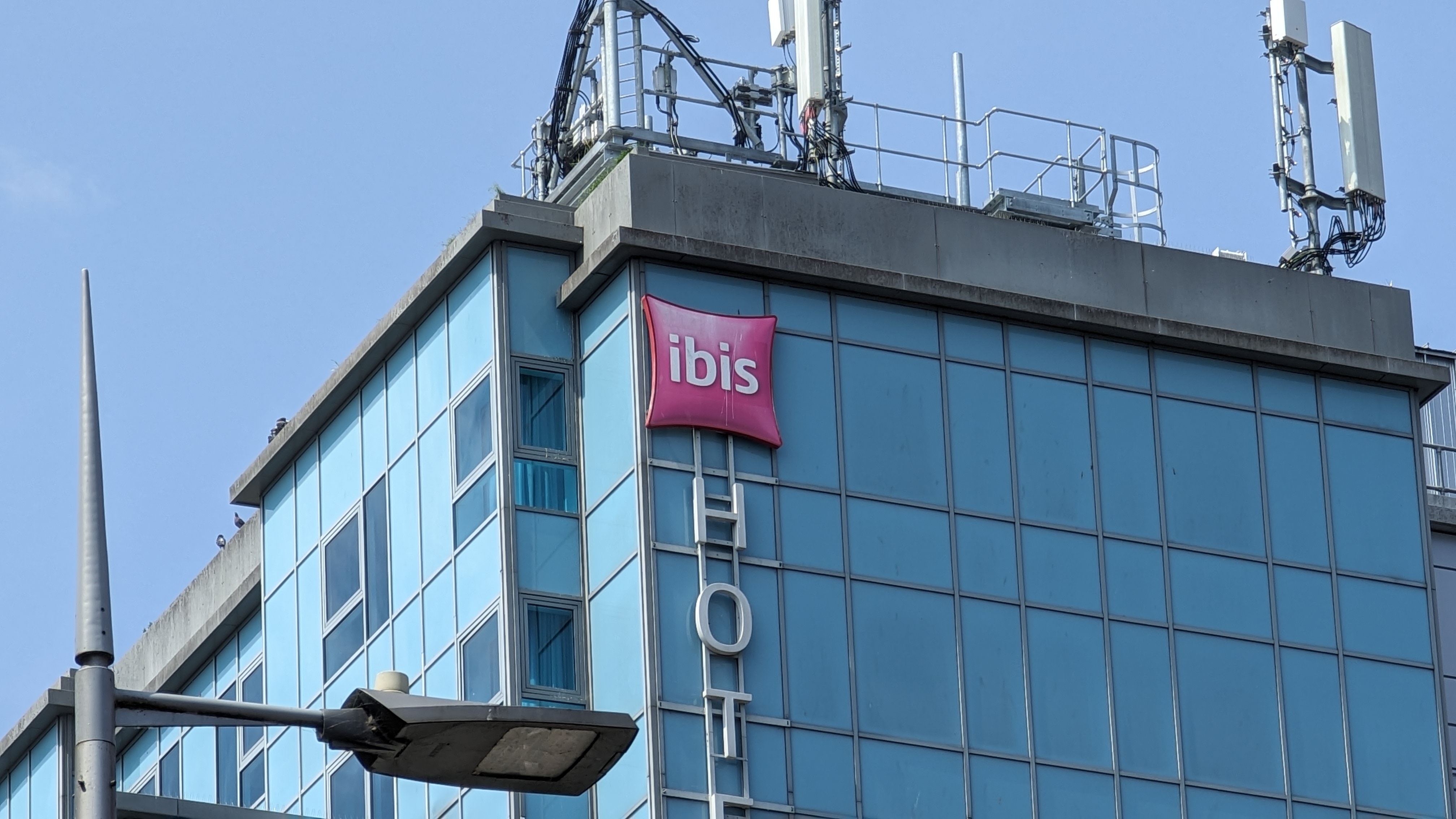
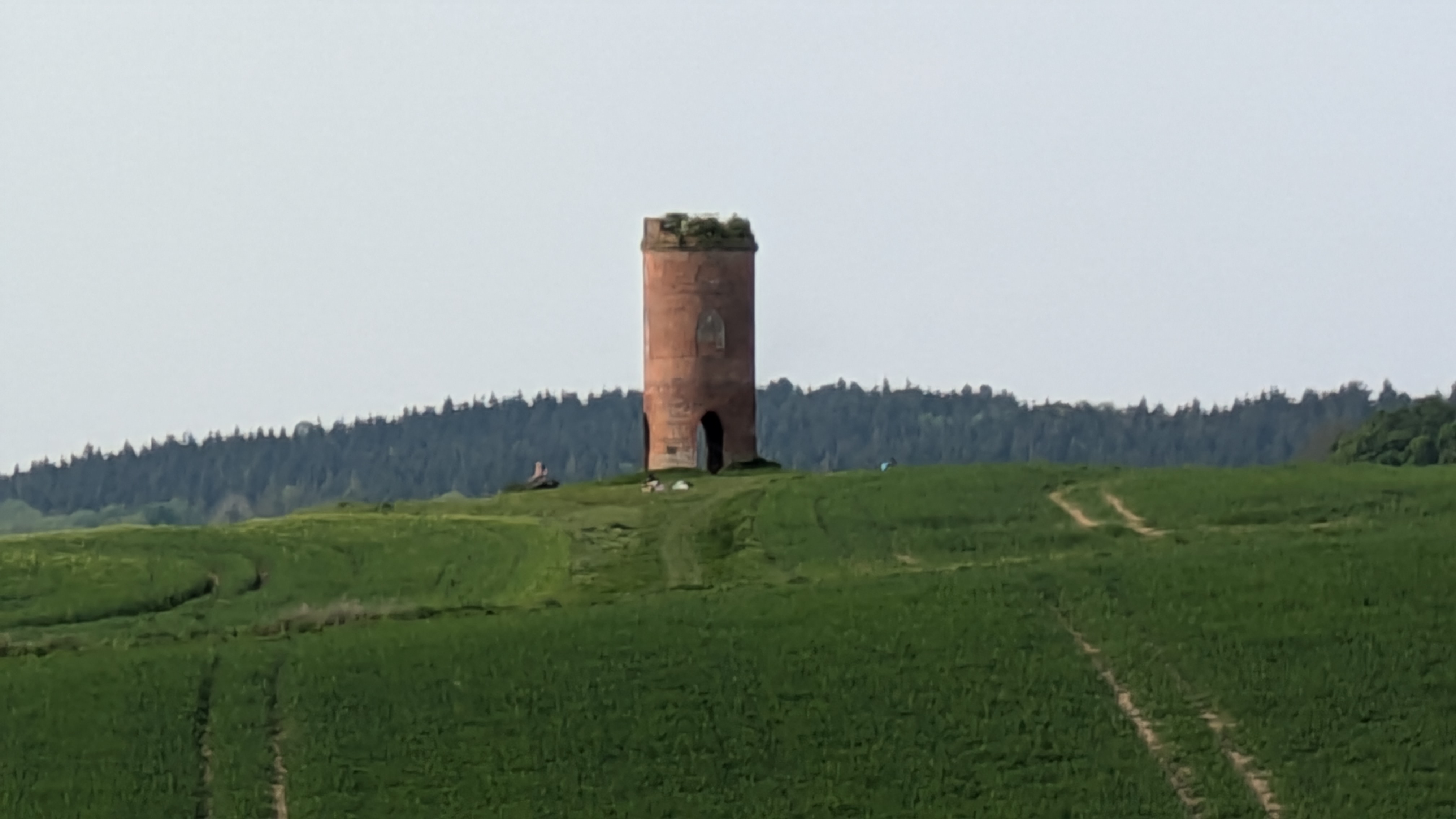
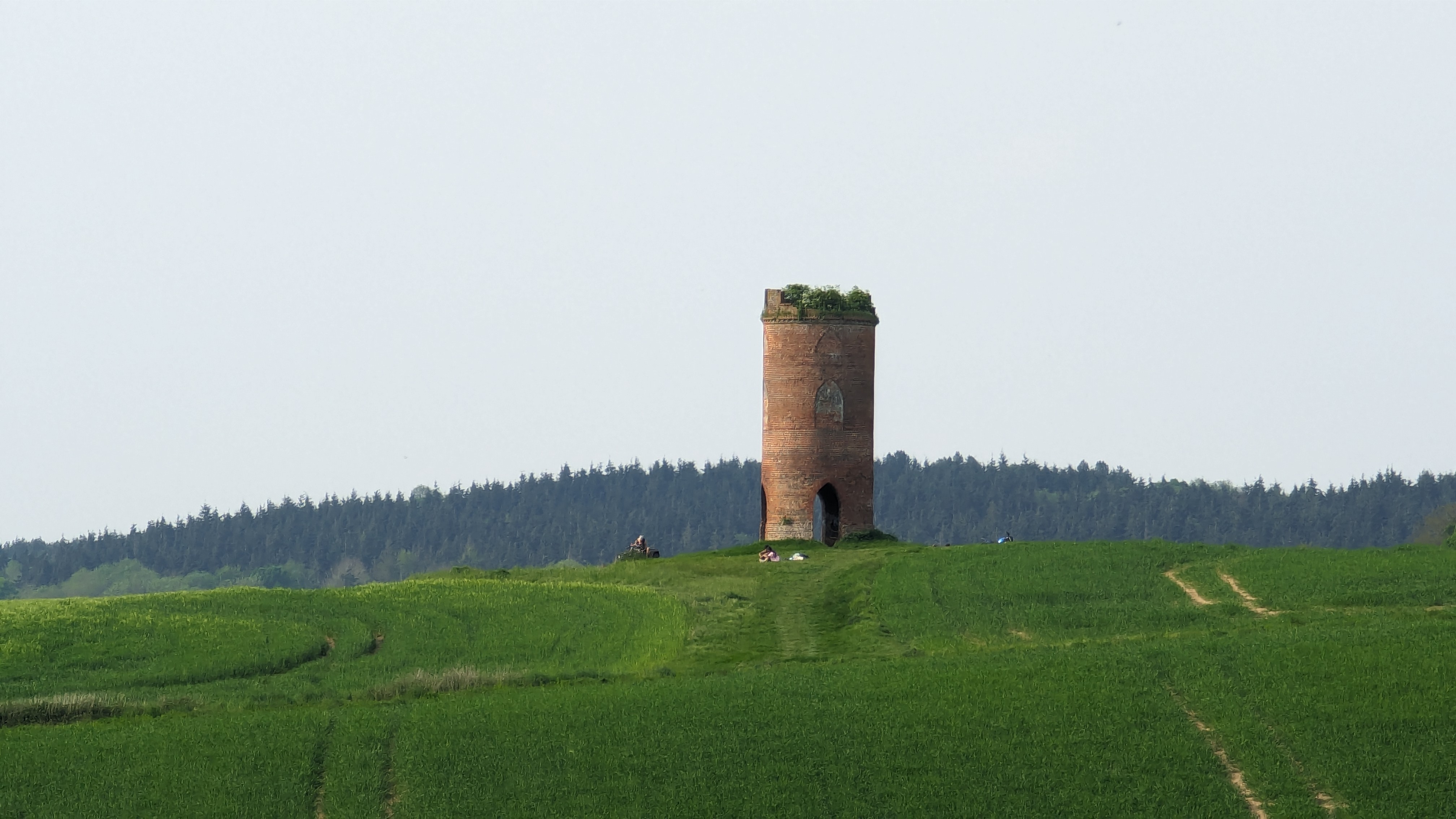
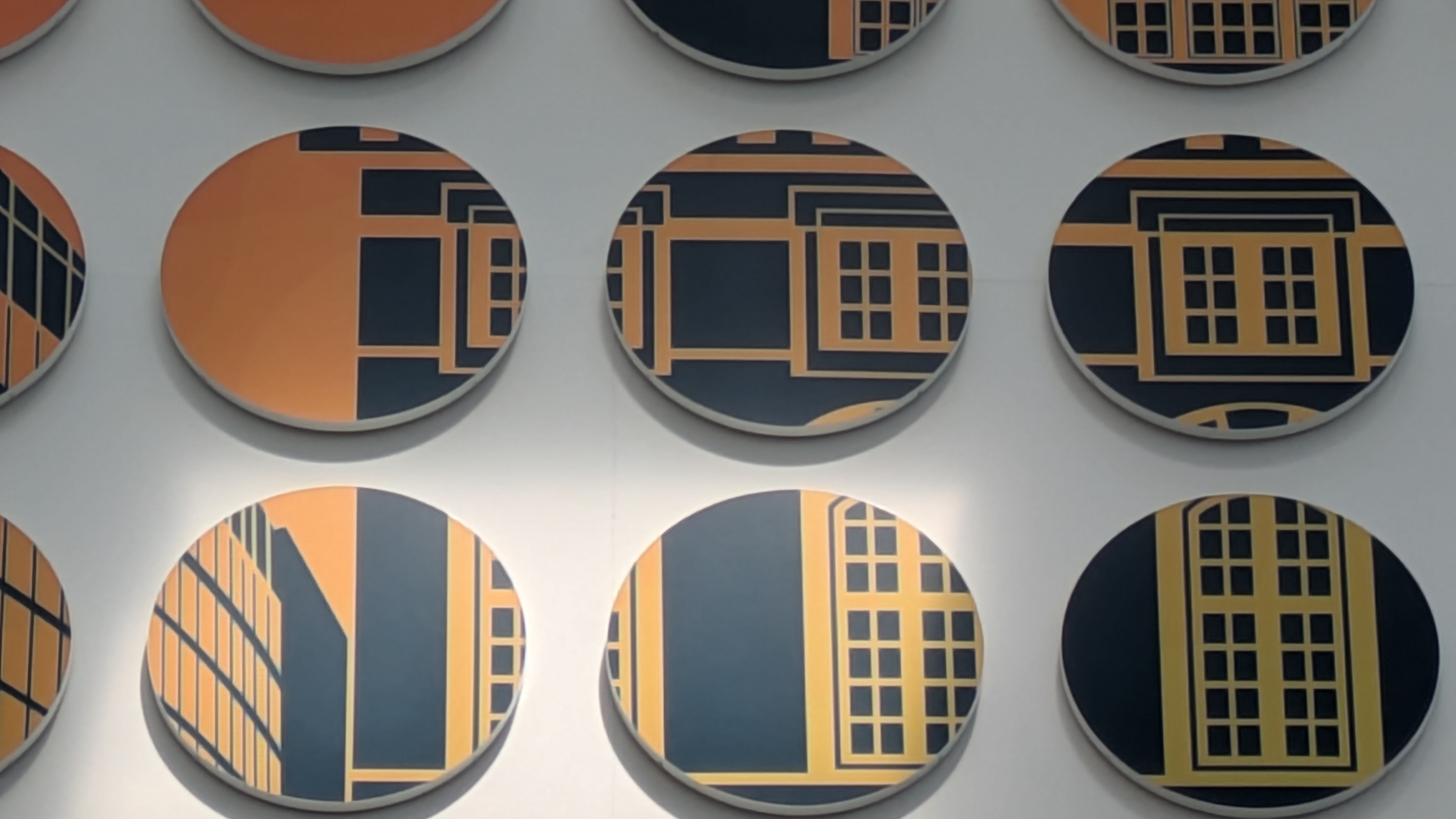
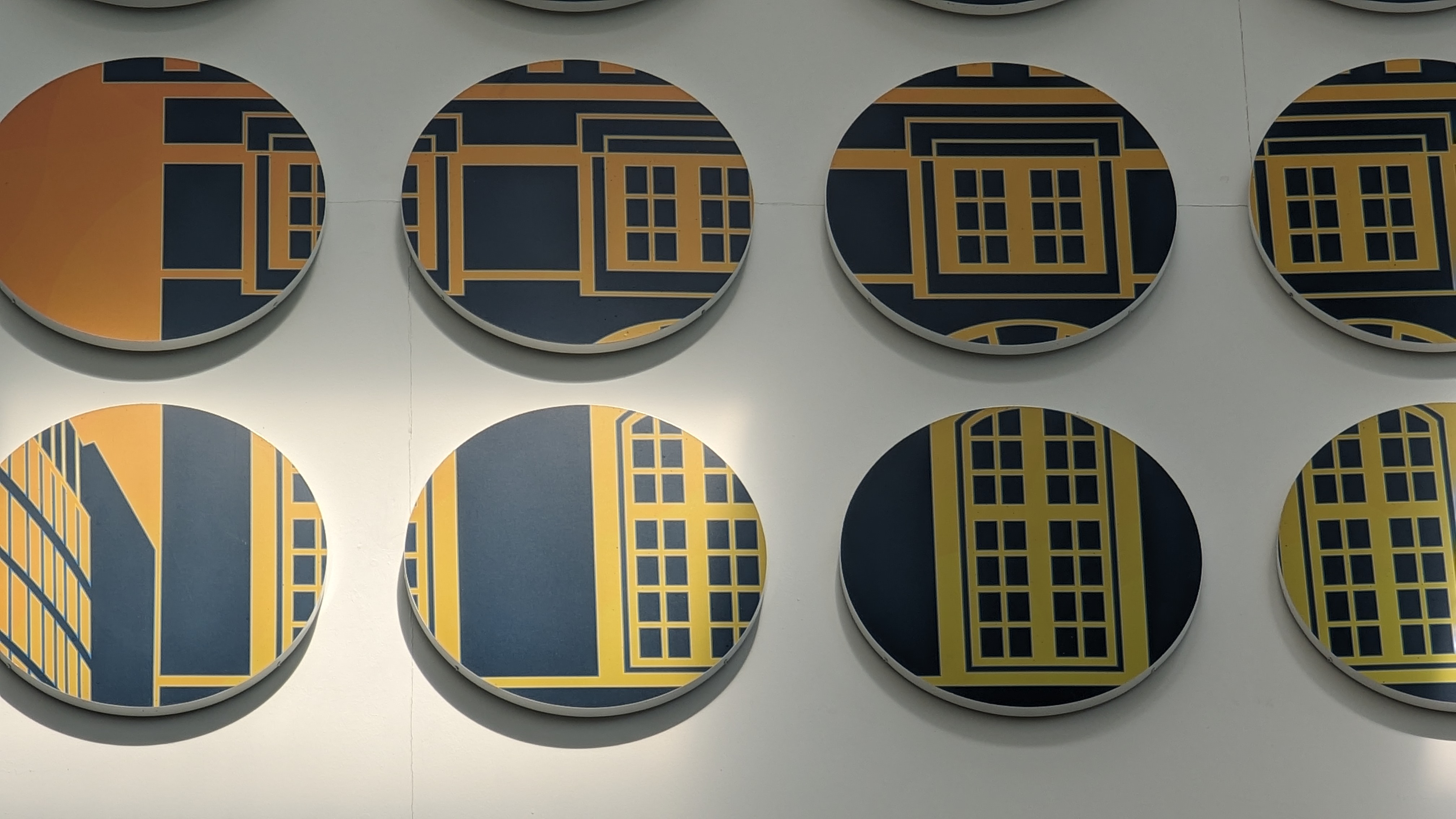
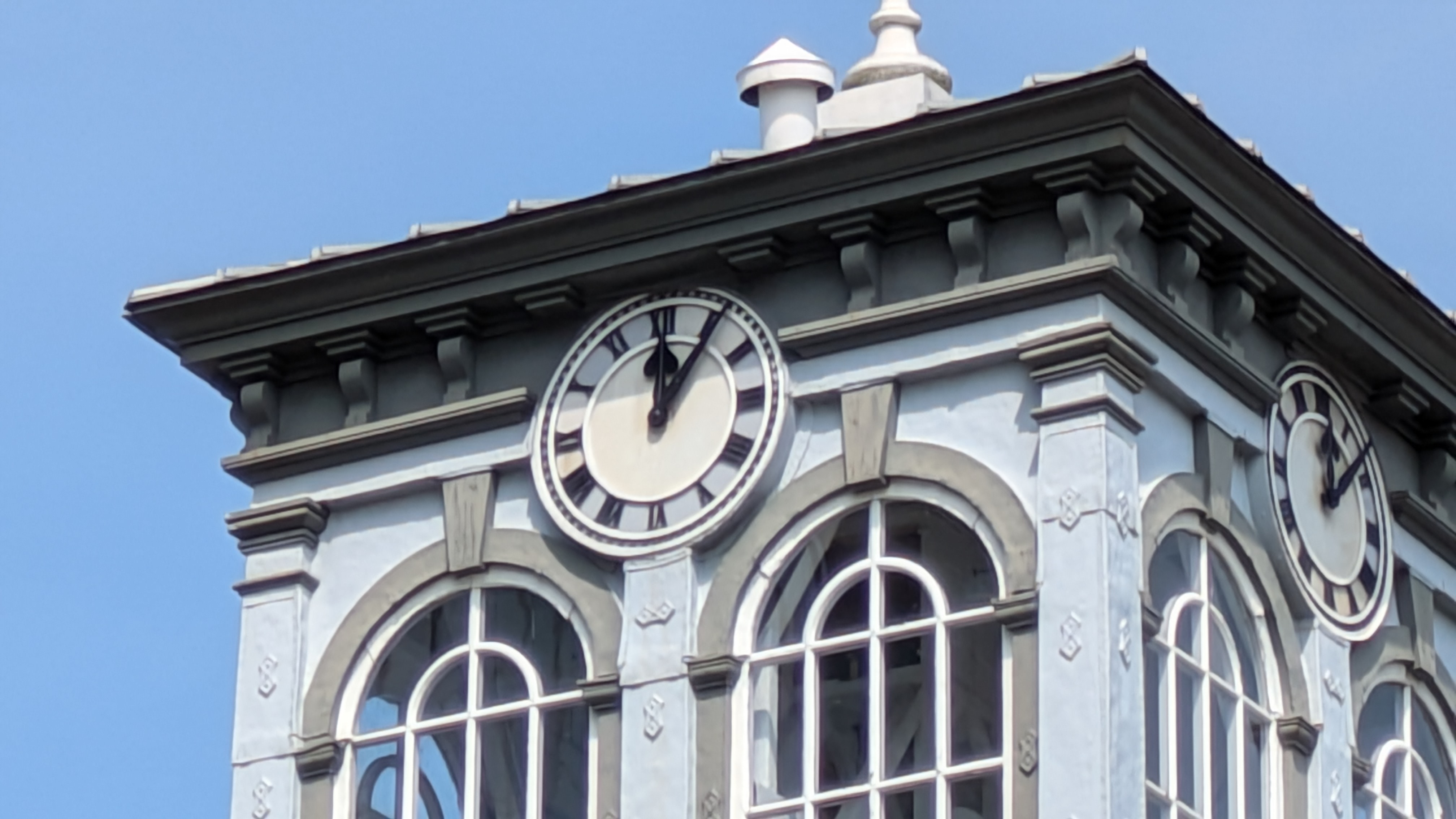
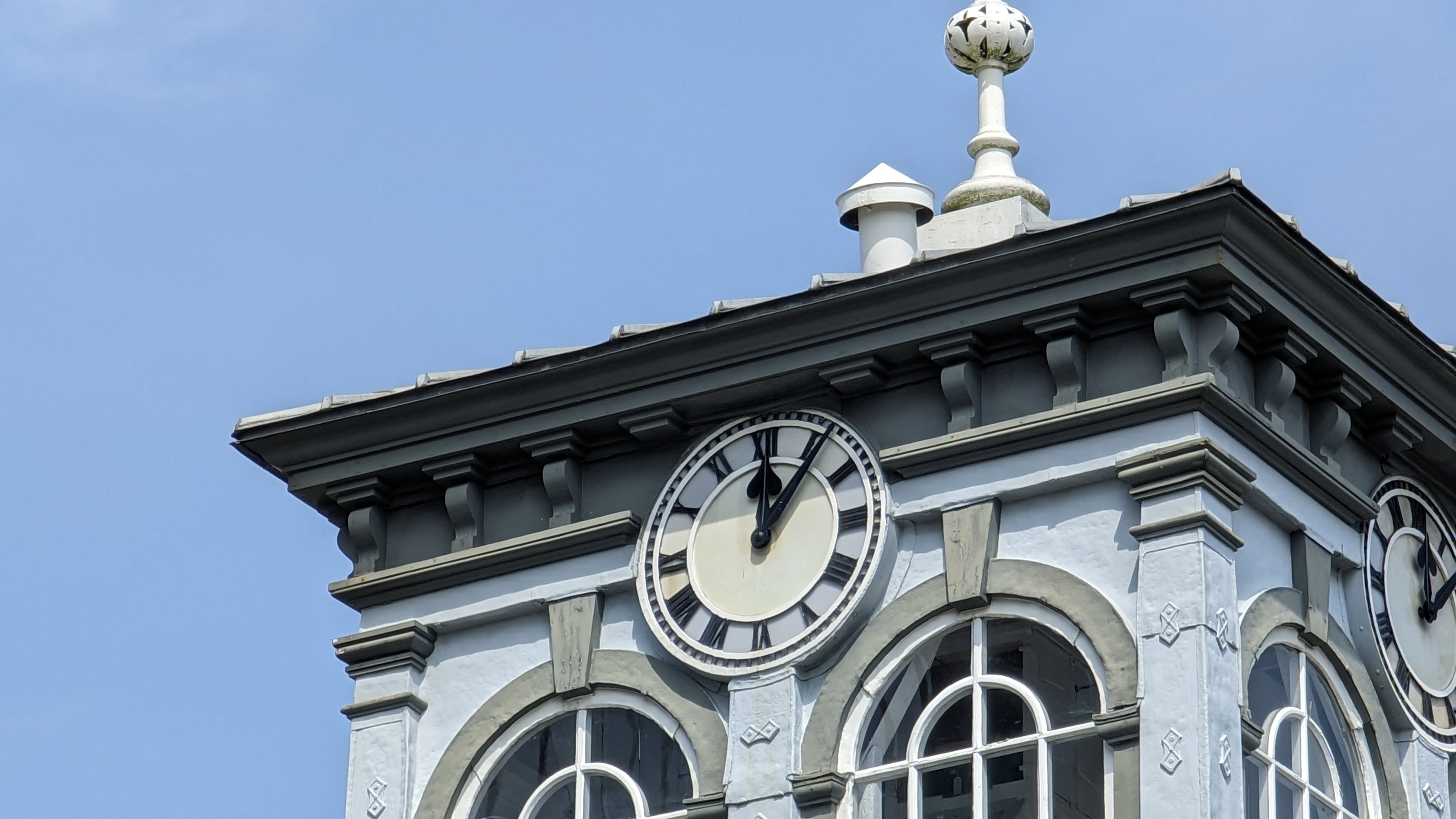
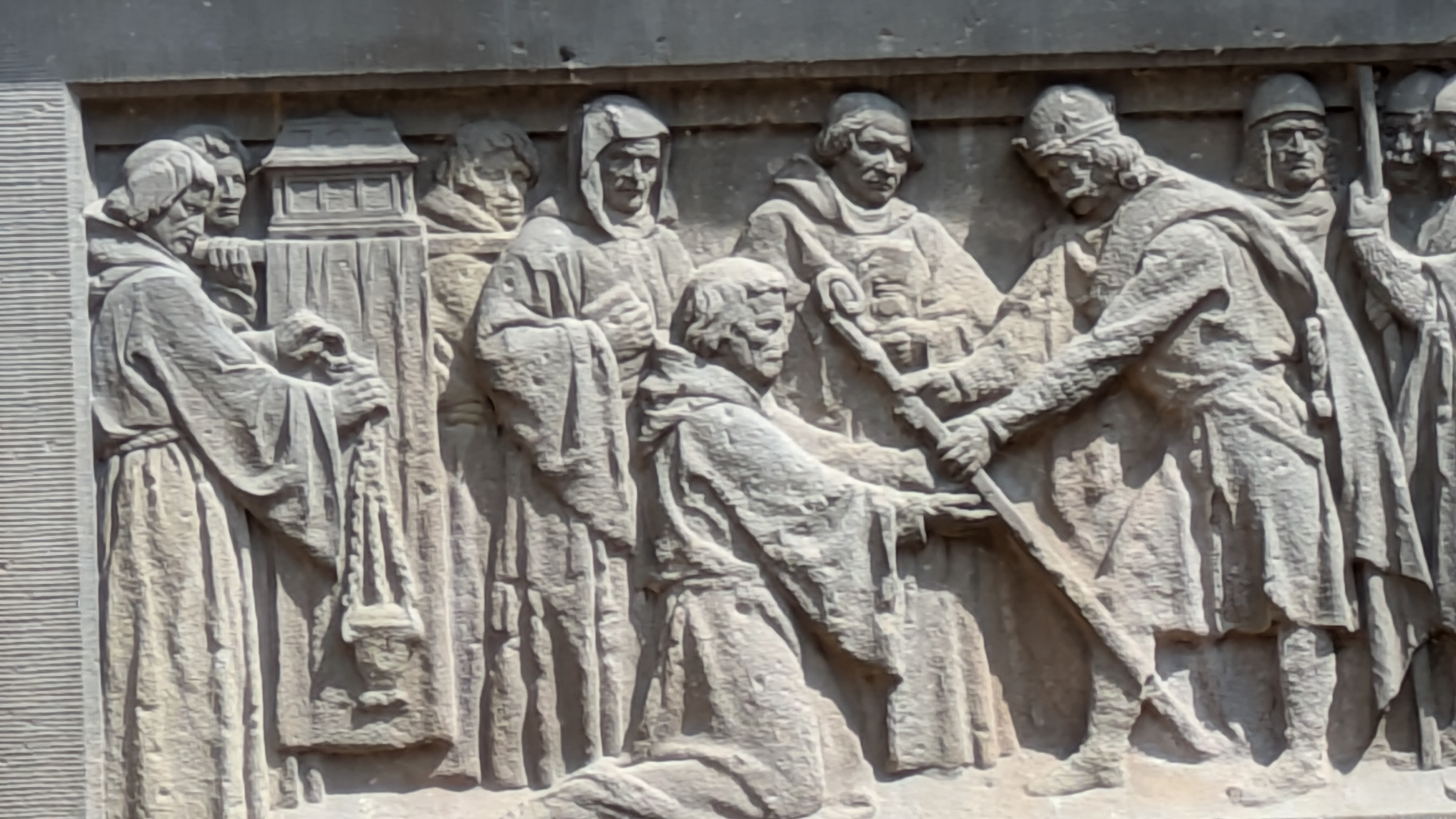
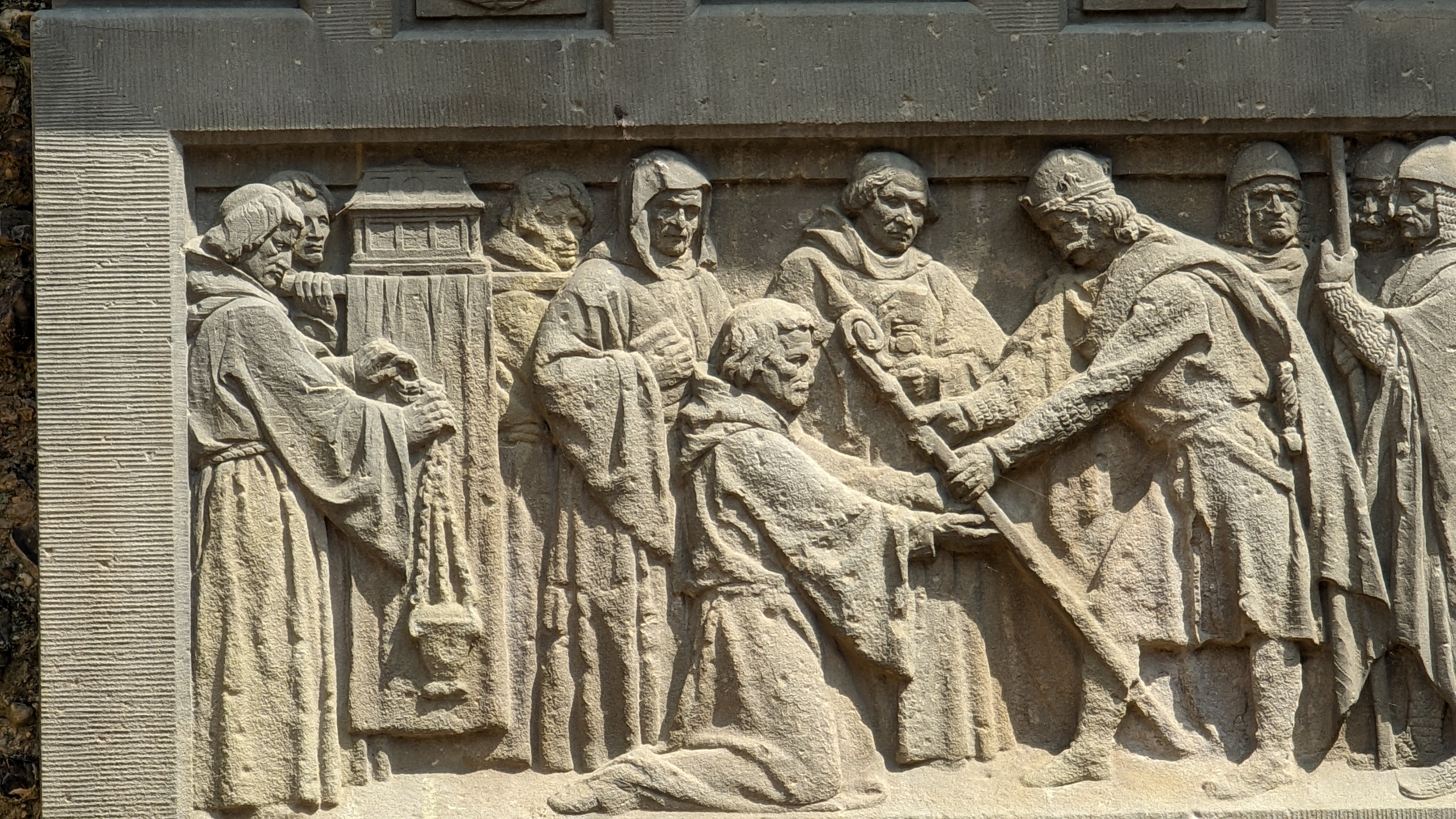
Increase the magnification to 8x and that problem gets even worse for the Pixel 8a. The coloring is all overt the place and the smaller details have combined into a blurry mess that only gets worse as distance to the target increases.
Objects in the near still come out looking better, but they are still missing a lot of the clarity the Pixel 6 Pro's photos have to offer. The older phone offers sharper details, more realistic coloring and all round much better photos.
Winner: Pixel 6 Pro.
Panorama
Visually the panorama shots on the Pixel 6 Pro and Pixel 8a are very hard to distinguish — especially with the sheer amount of visual information available. But the Pixel 8a does cinch it once again by offering overall better quality when you look a little closer, no doubt thanks to that extra resolution.
Winner: Pixel 8a.










Macro
While you'd expect the Pixel 6 Pro would have the advantage in macro photography, thanks to the telephoto lens, that wasn't exactly the case. In fact, the close-up photography was remarkably inconsistent across both phones — mainly thanks to issues with the focus.
In some cases the Pixel 8a would offer the most detail, but in other shots things would be covered in the fuzz of camera blur. The same is true for the 6 Pro. But practical issues aside, the quality of the photos themselves wasn't all that different.
Winner: Tie
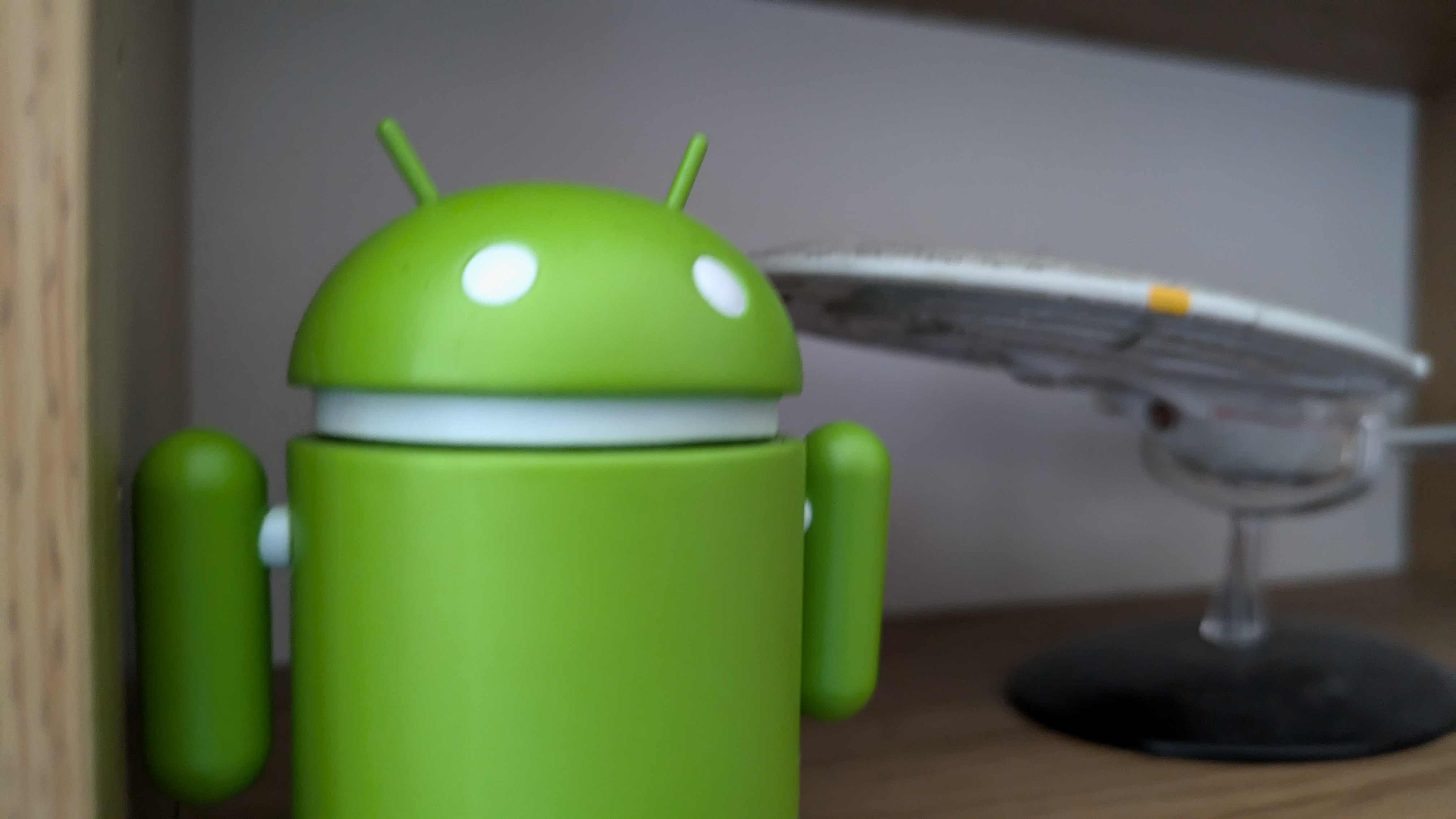
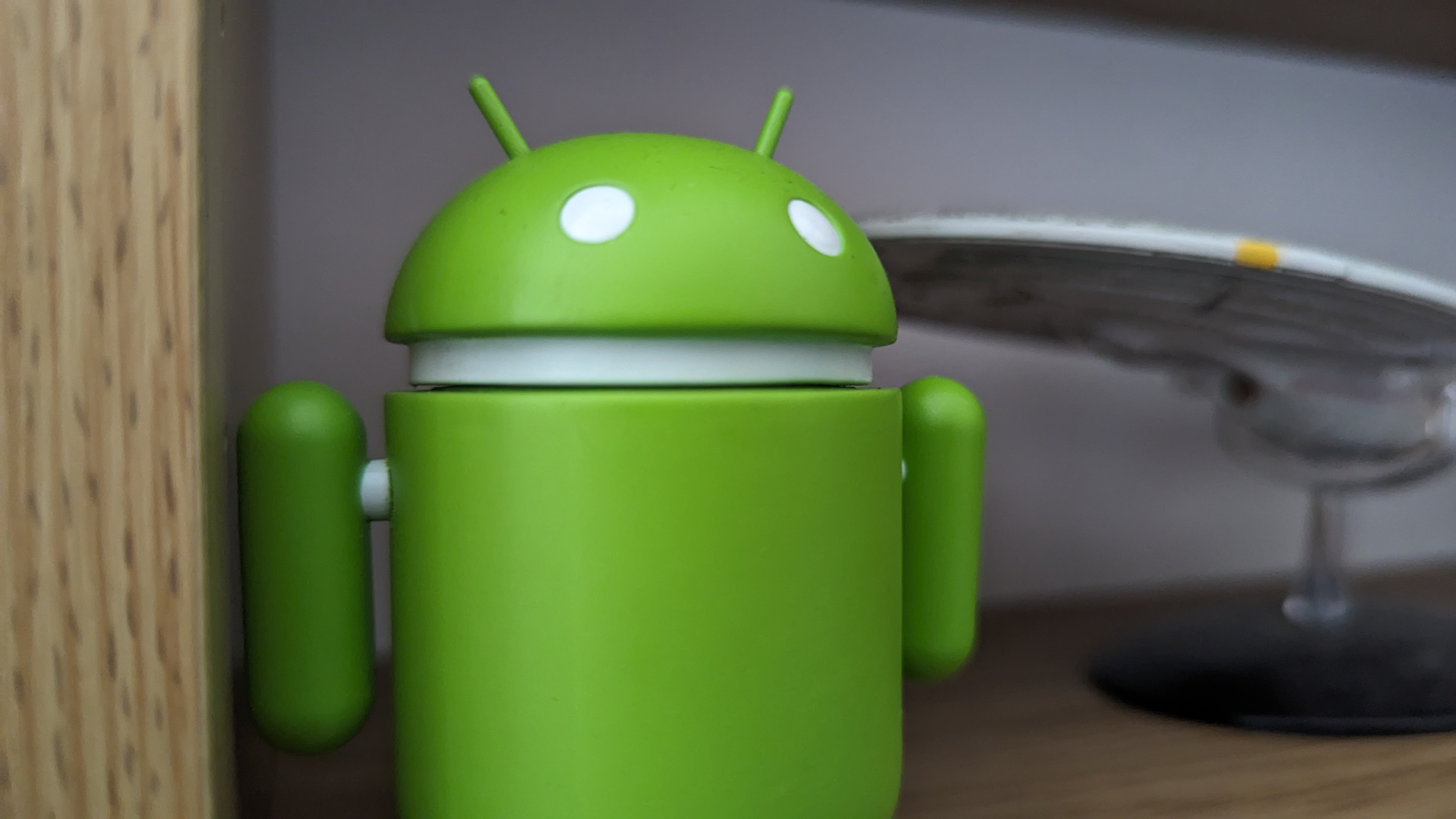
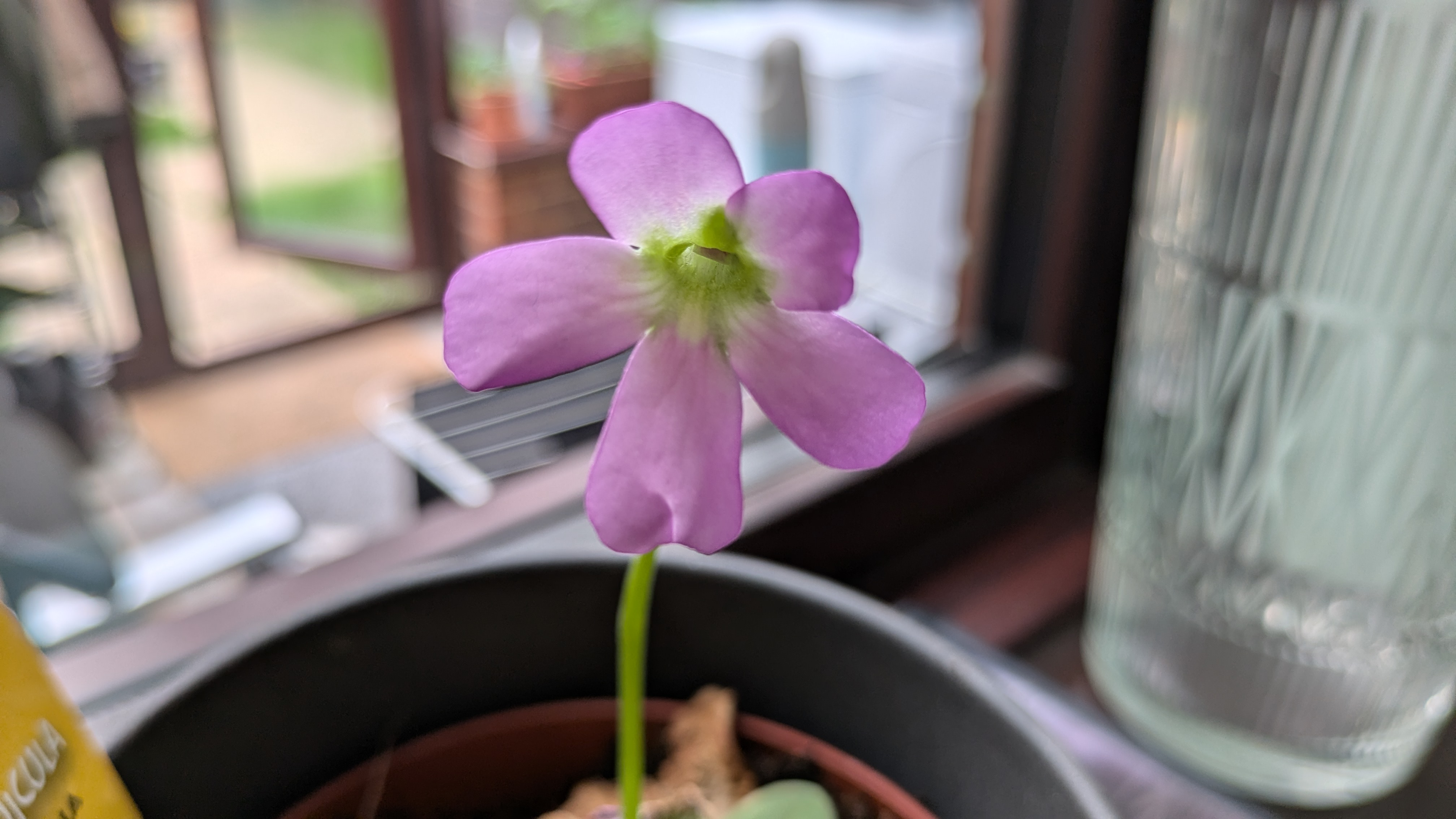
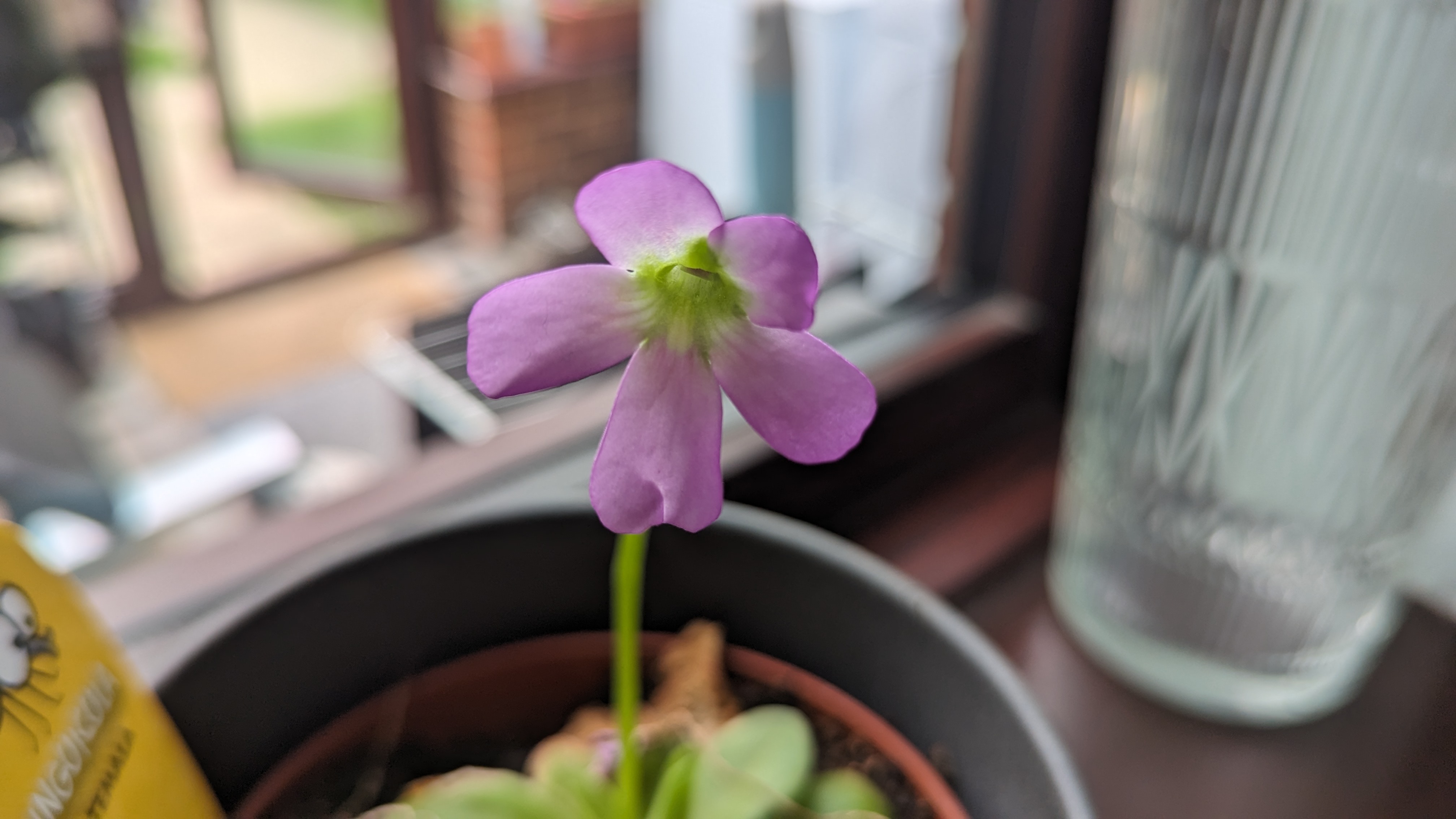
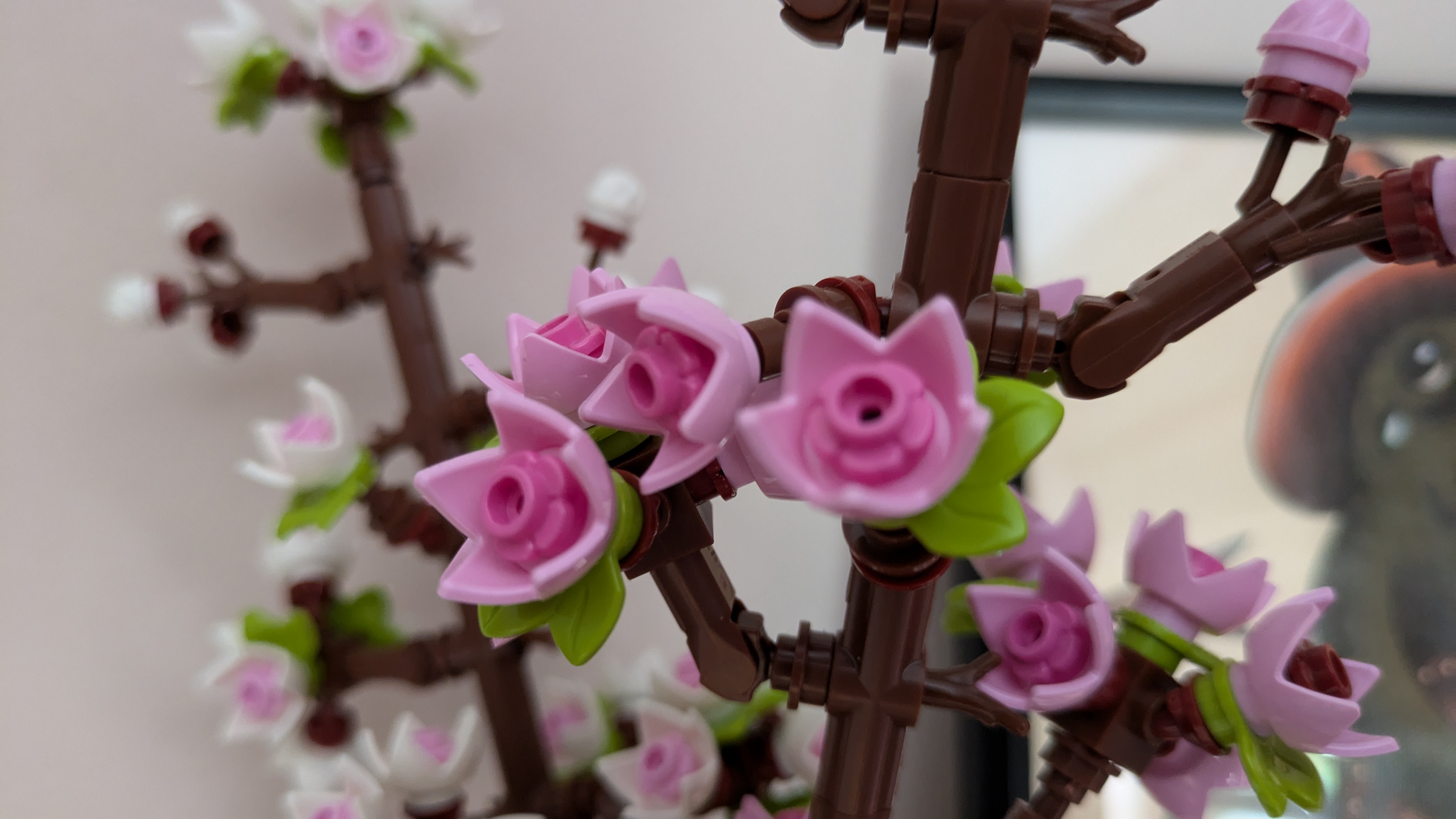
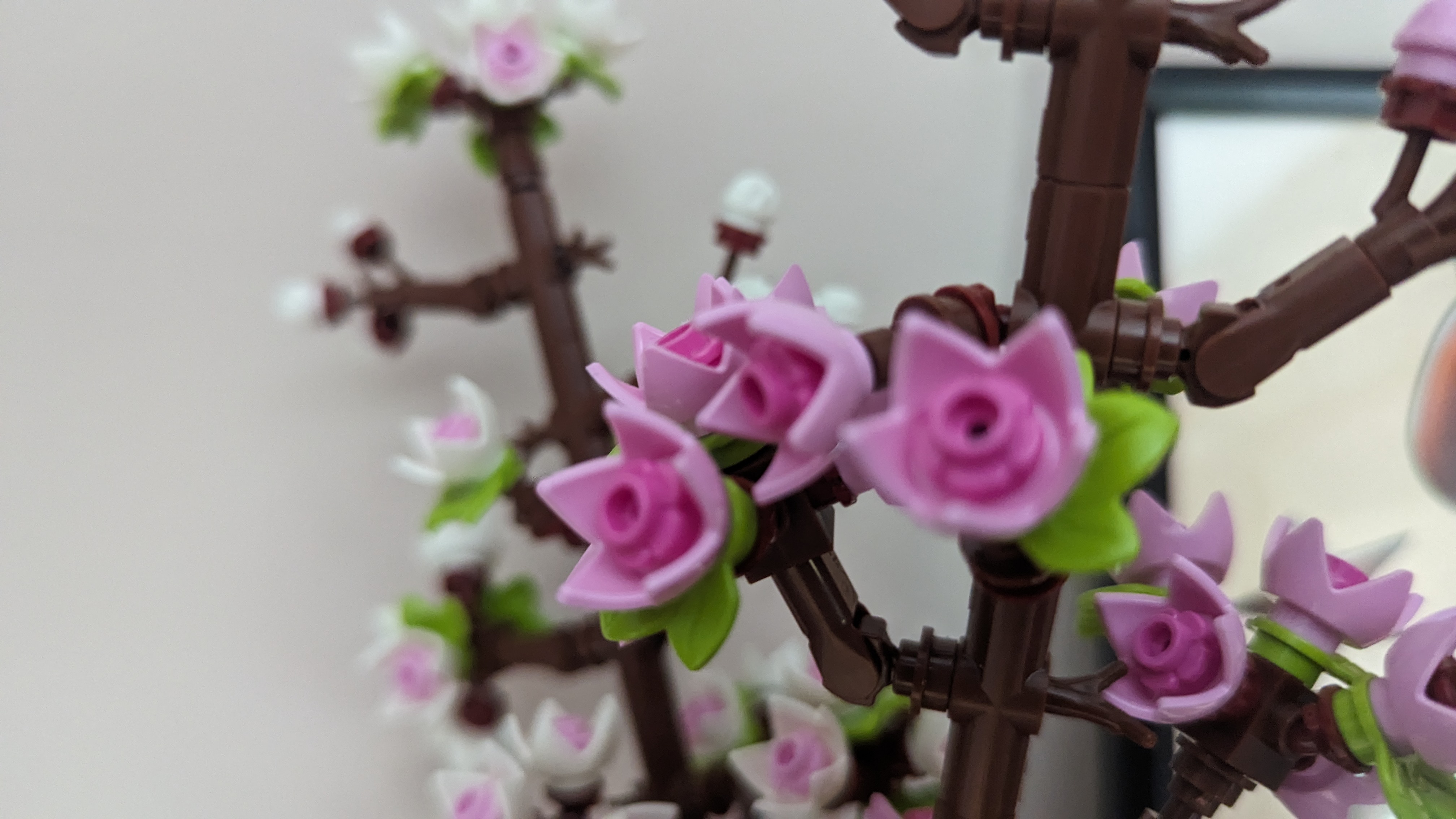
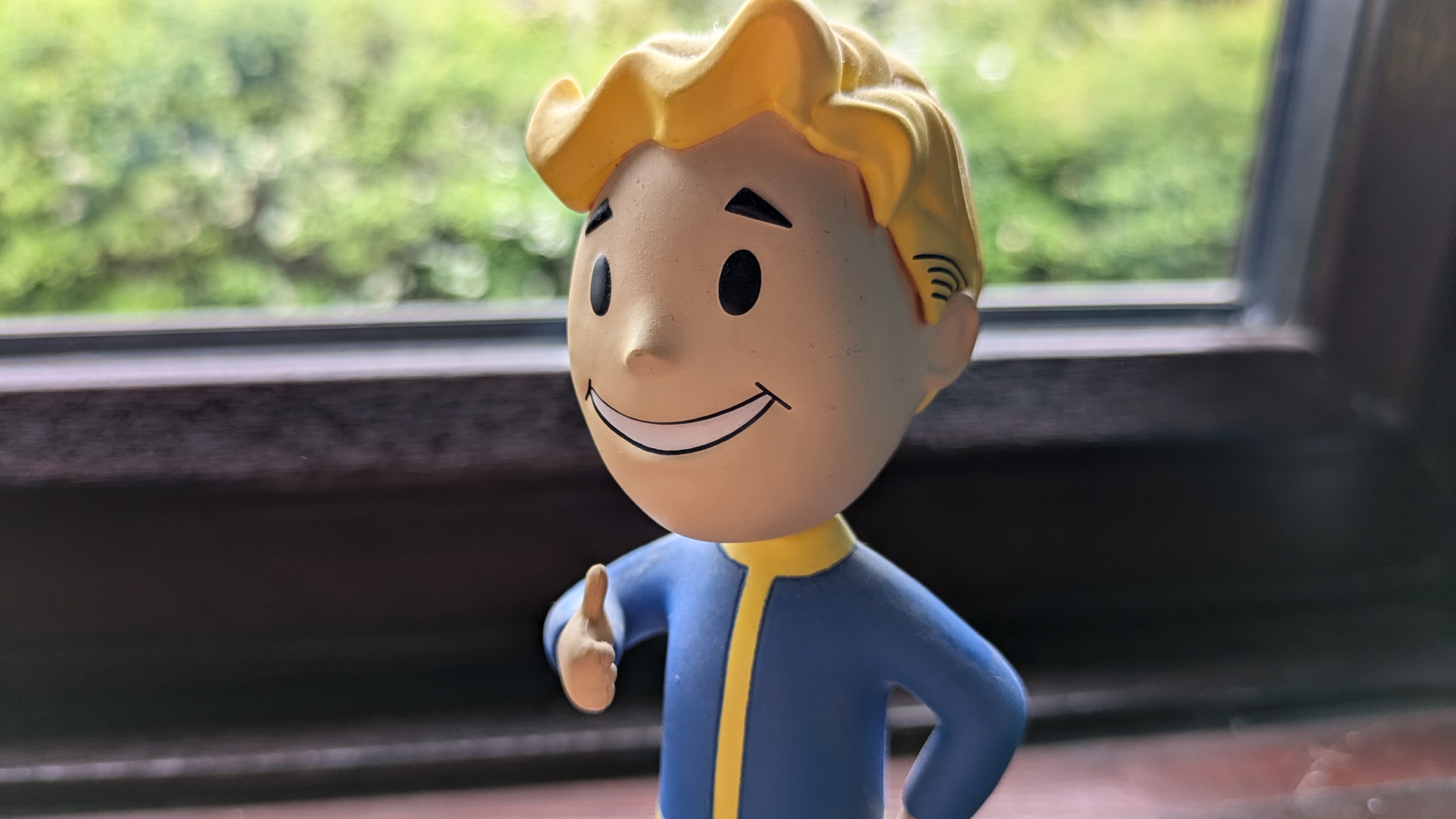
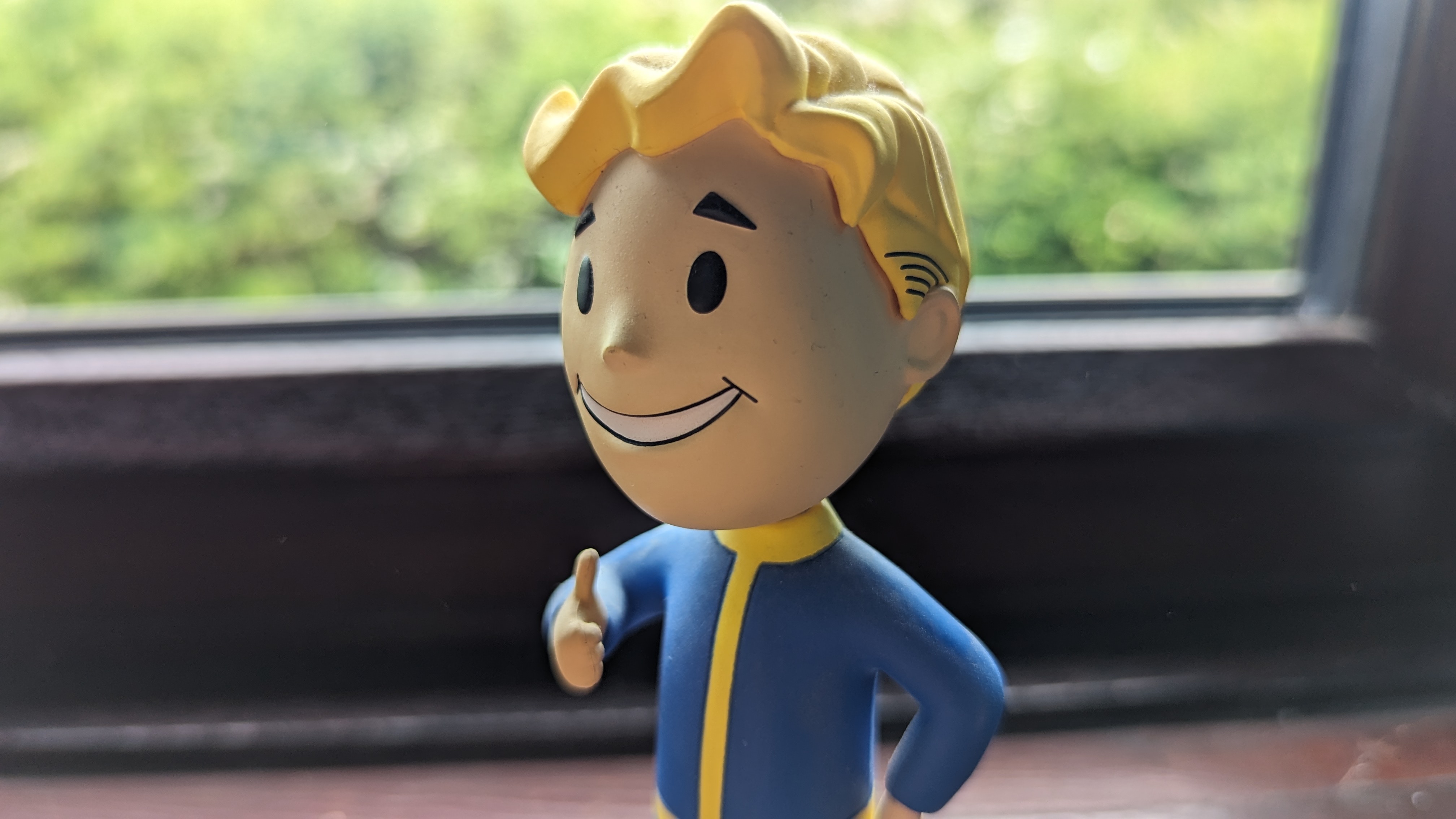
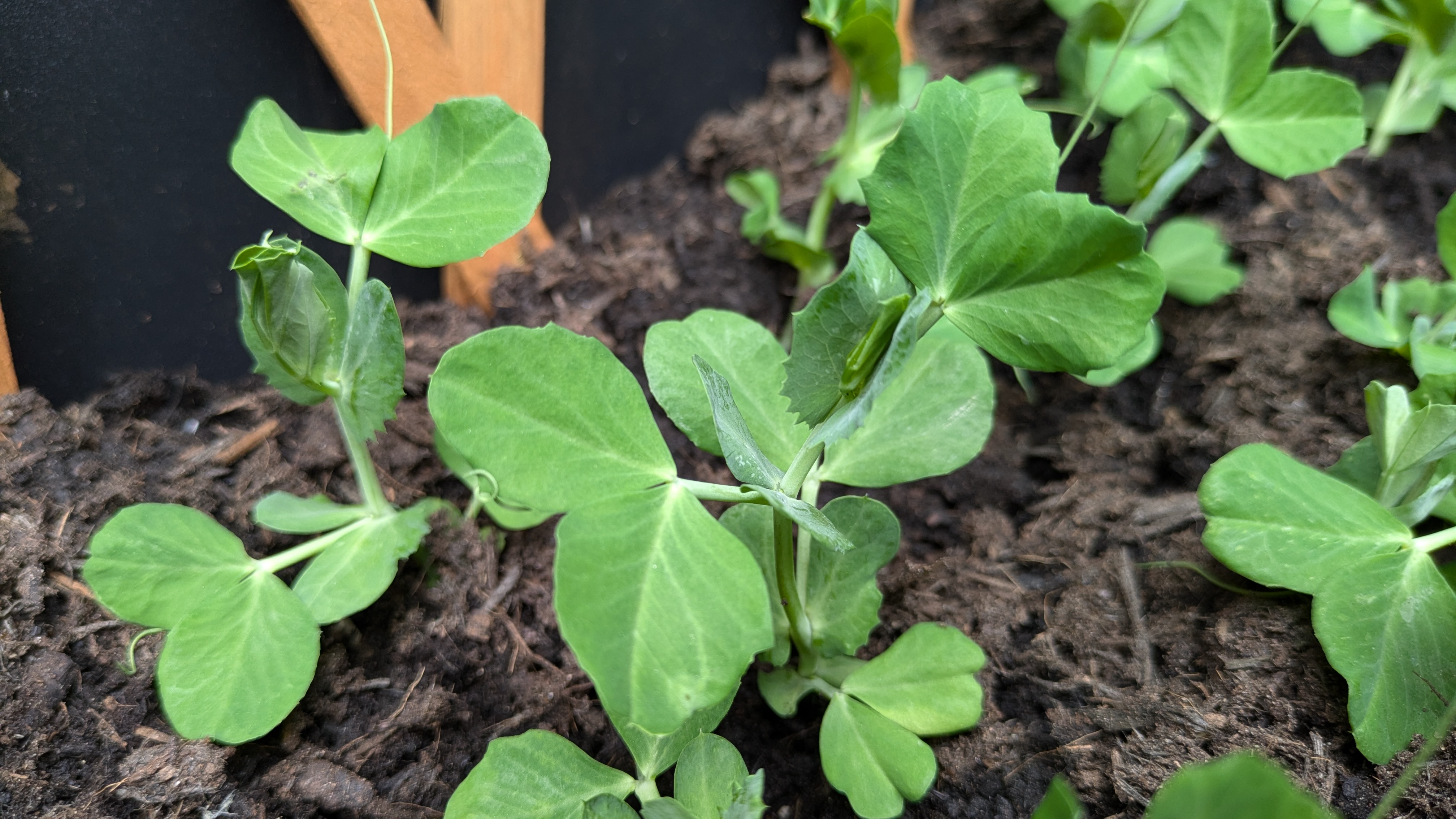
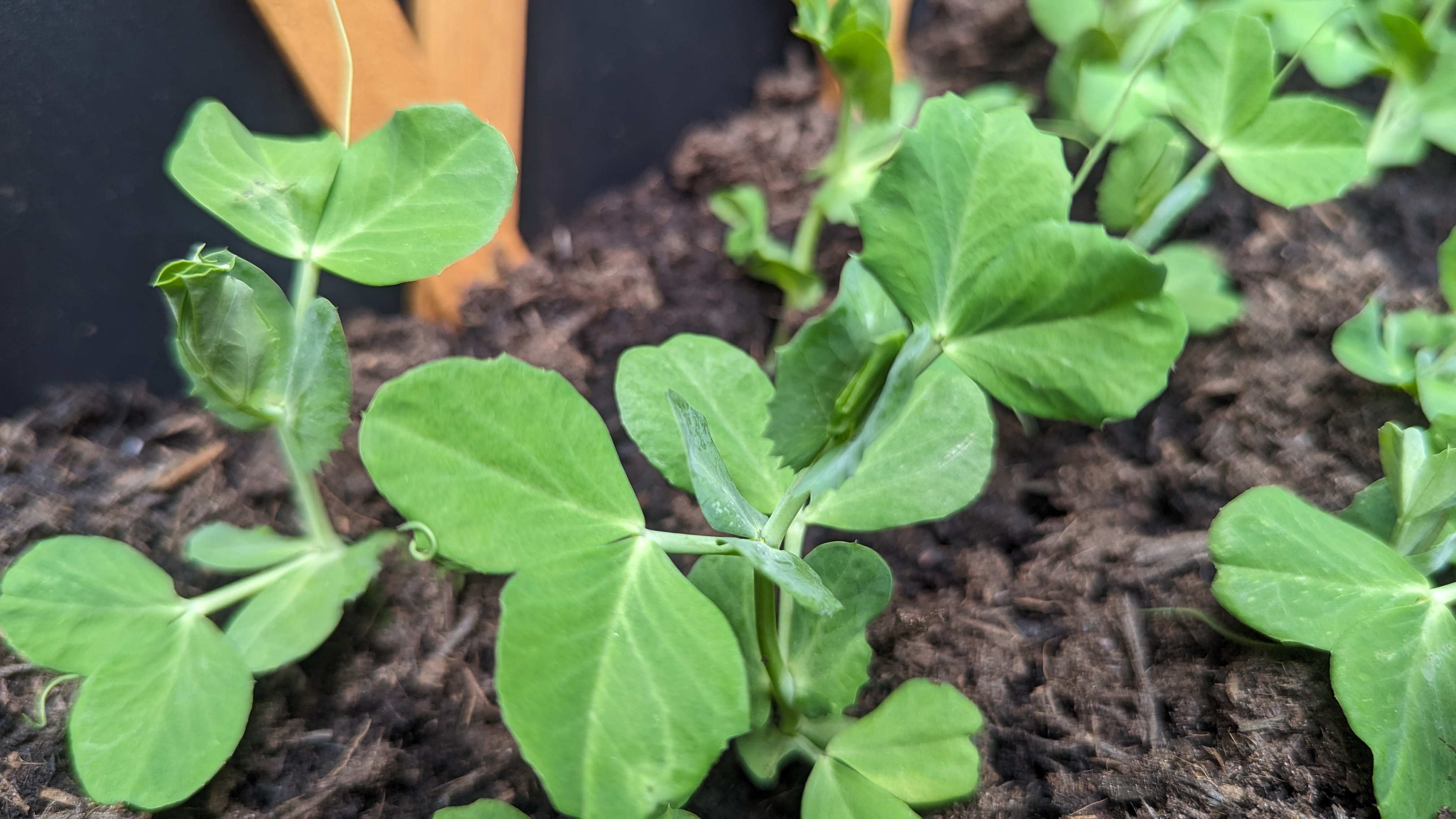
Low Light
The low light photography on both phones is rather a mixed bag. It seems to be that the Pixel 6 Pro performs better in darker areas where there isn't as much ambient light. The larger camera sensor gets to work drawing in more light and enables us to see more and in sharper detail than the Pixel 8a.
At the same time, that increased light draw has a disadvantage in brighter areas. Light sources end up with an absurd lens flare effect and the environment looks overexposed and often rather blurry. While the images on the Pixel 8a are darker, they're also clearer and a little more true to life.
Winner: Pixel 8a.
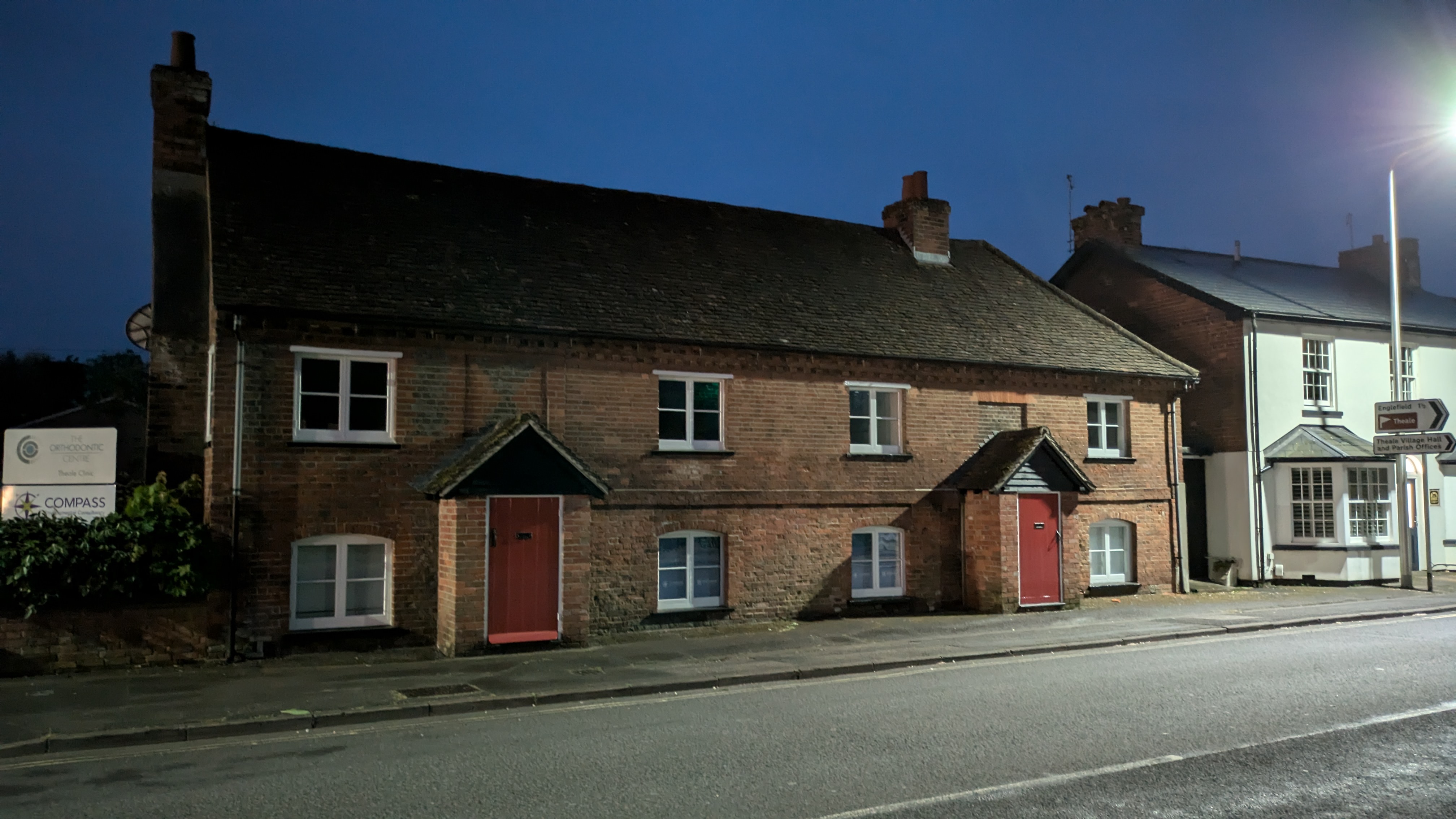
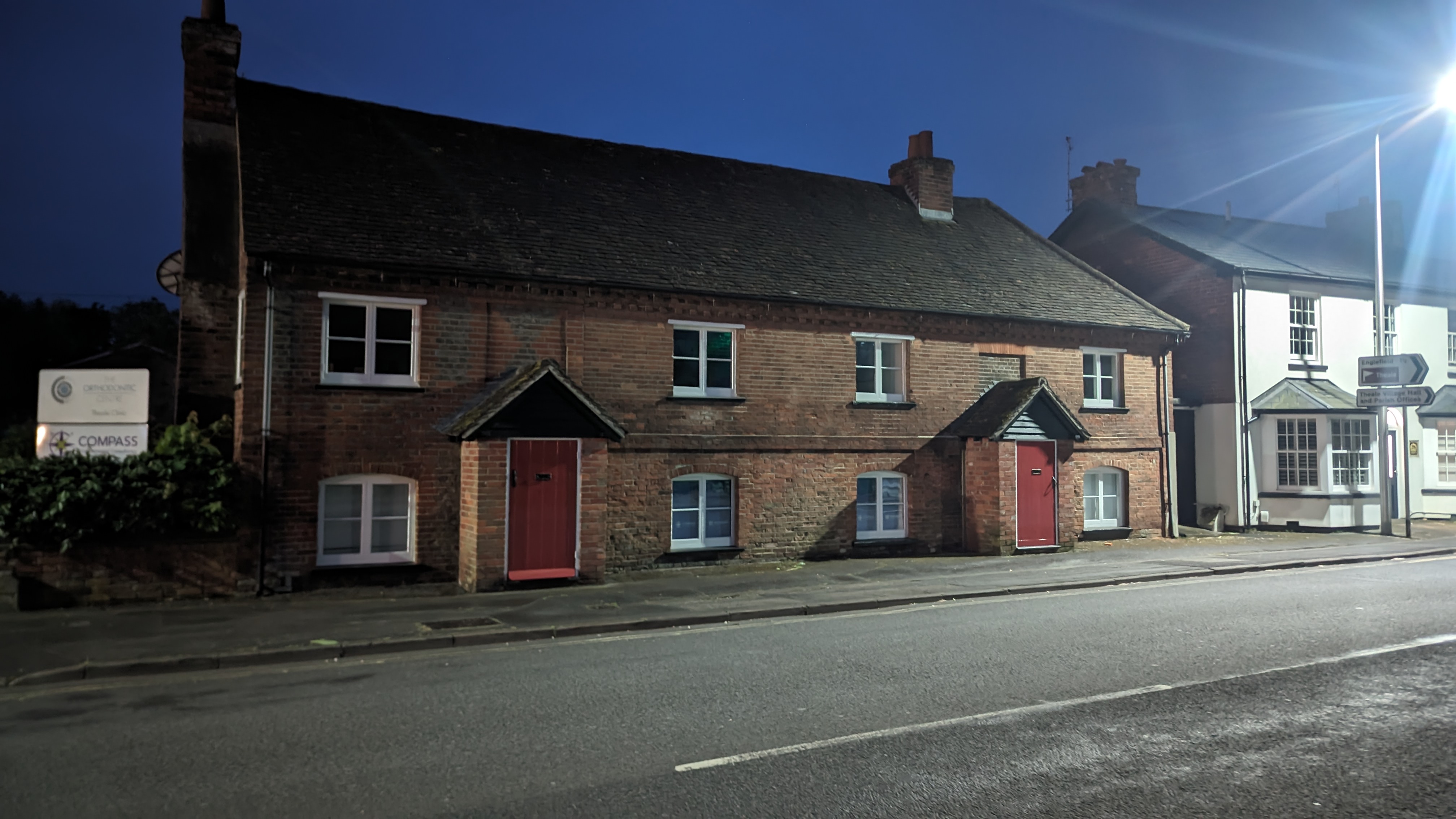
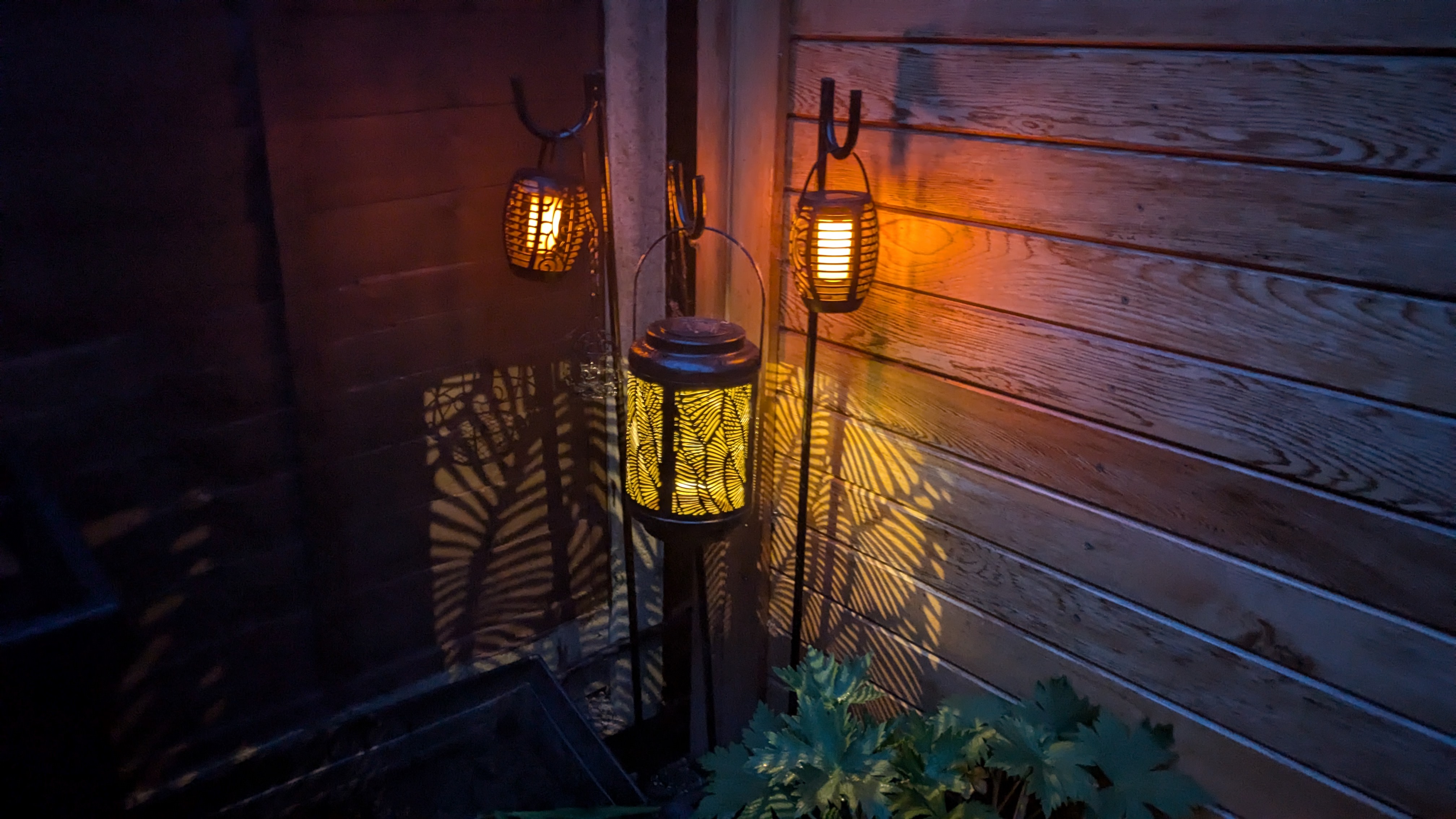
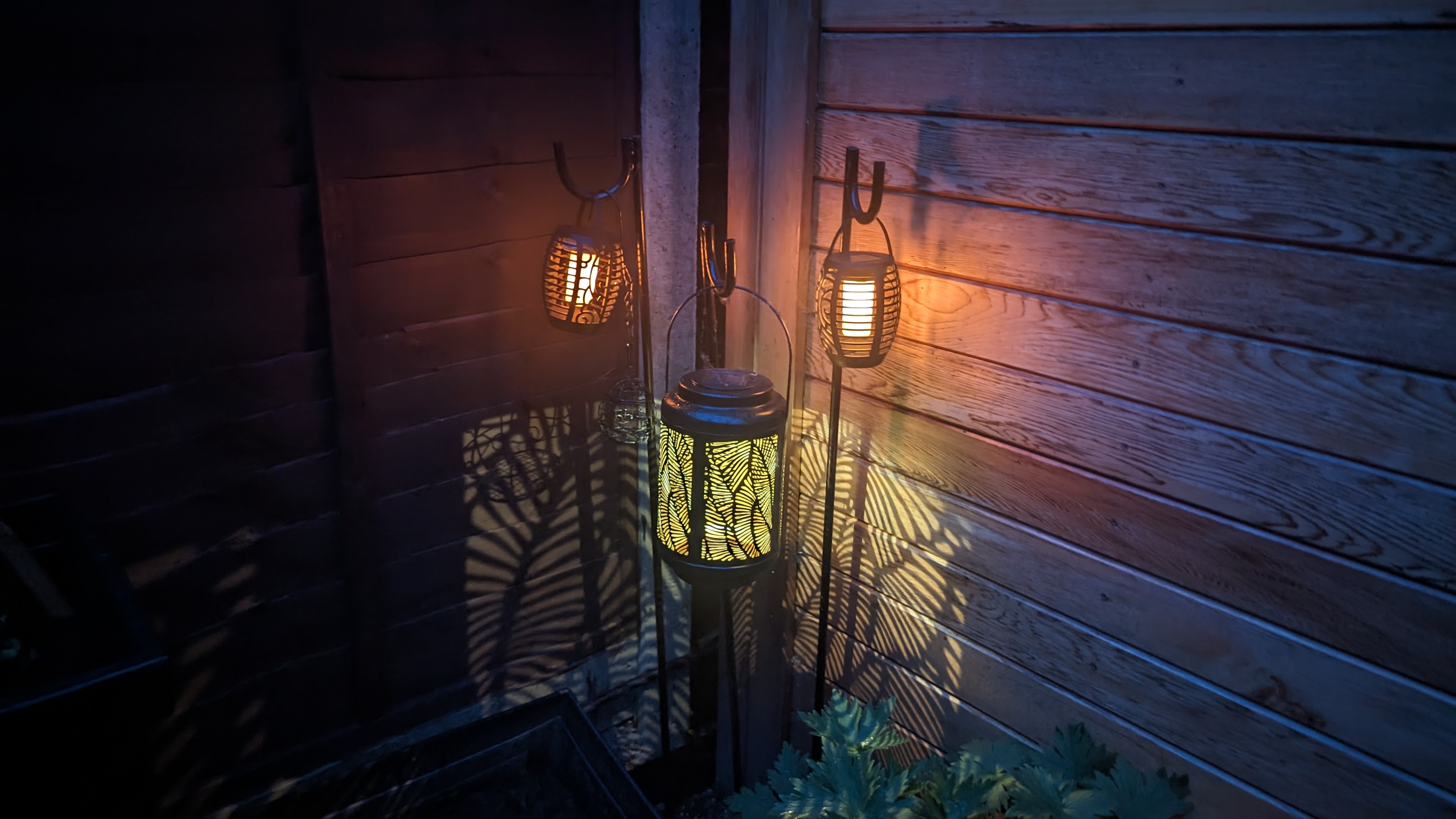
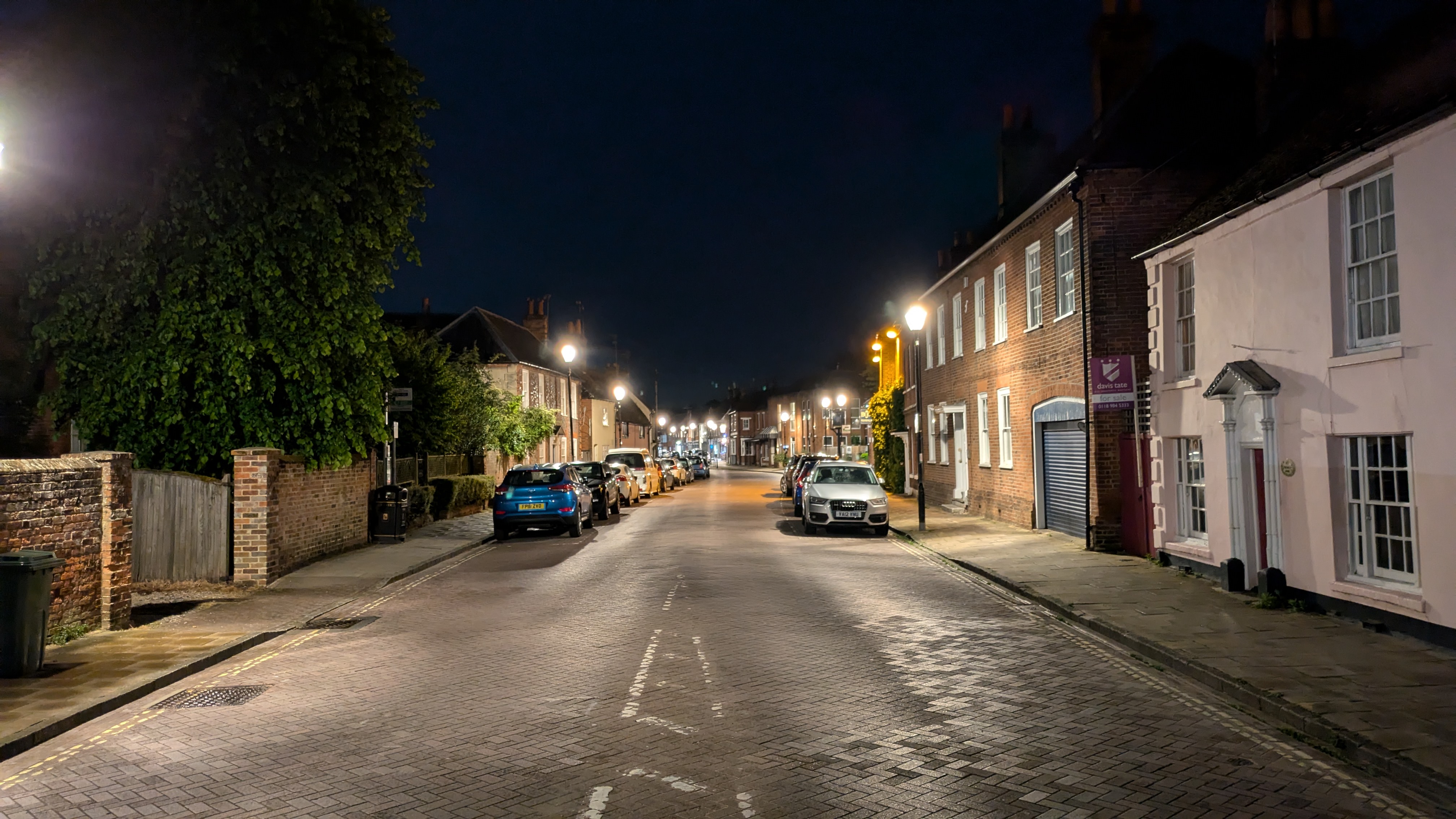
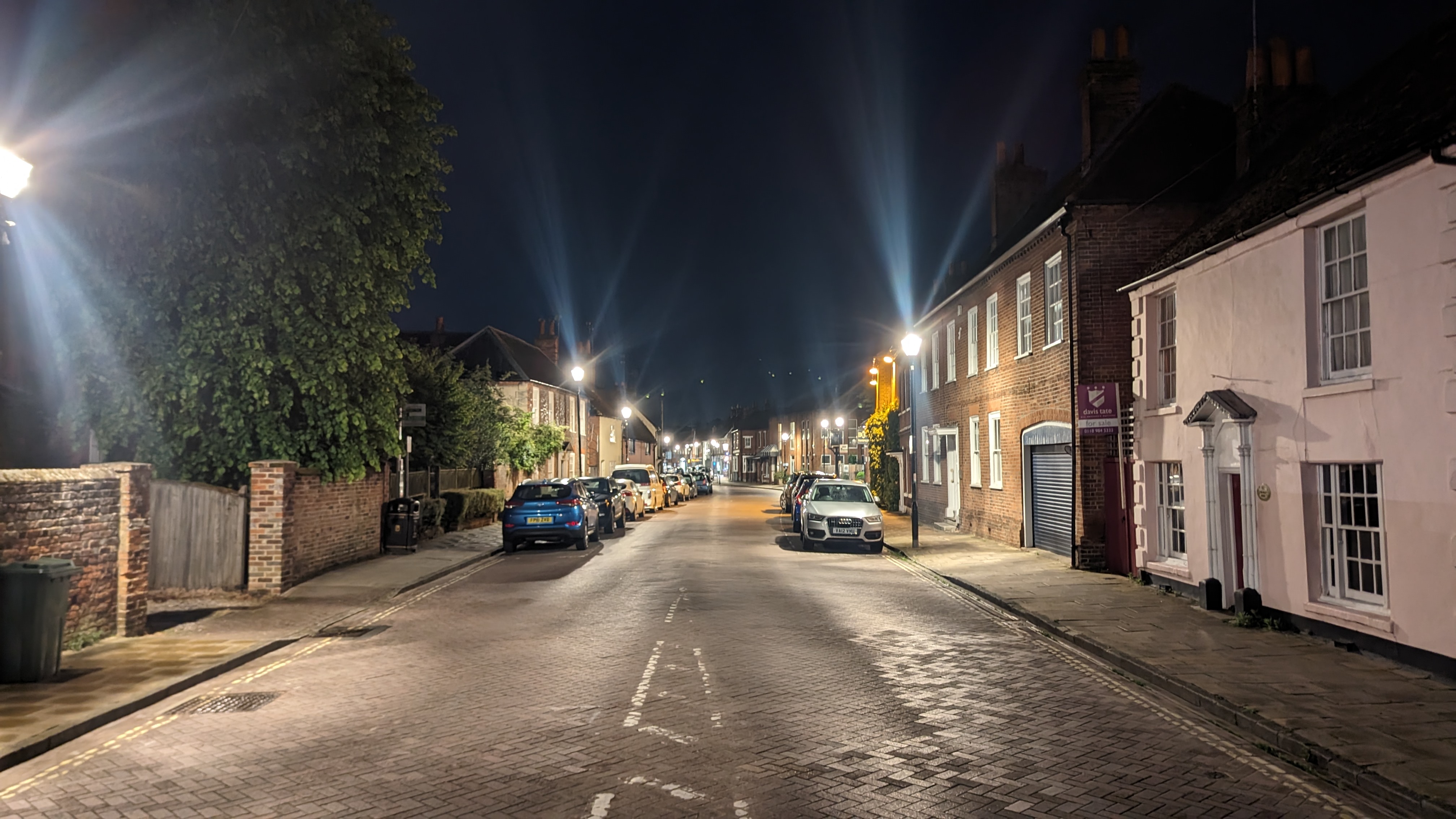
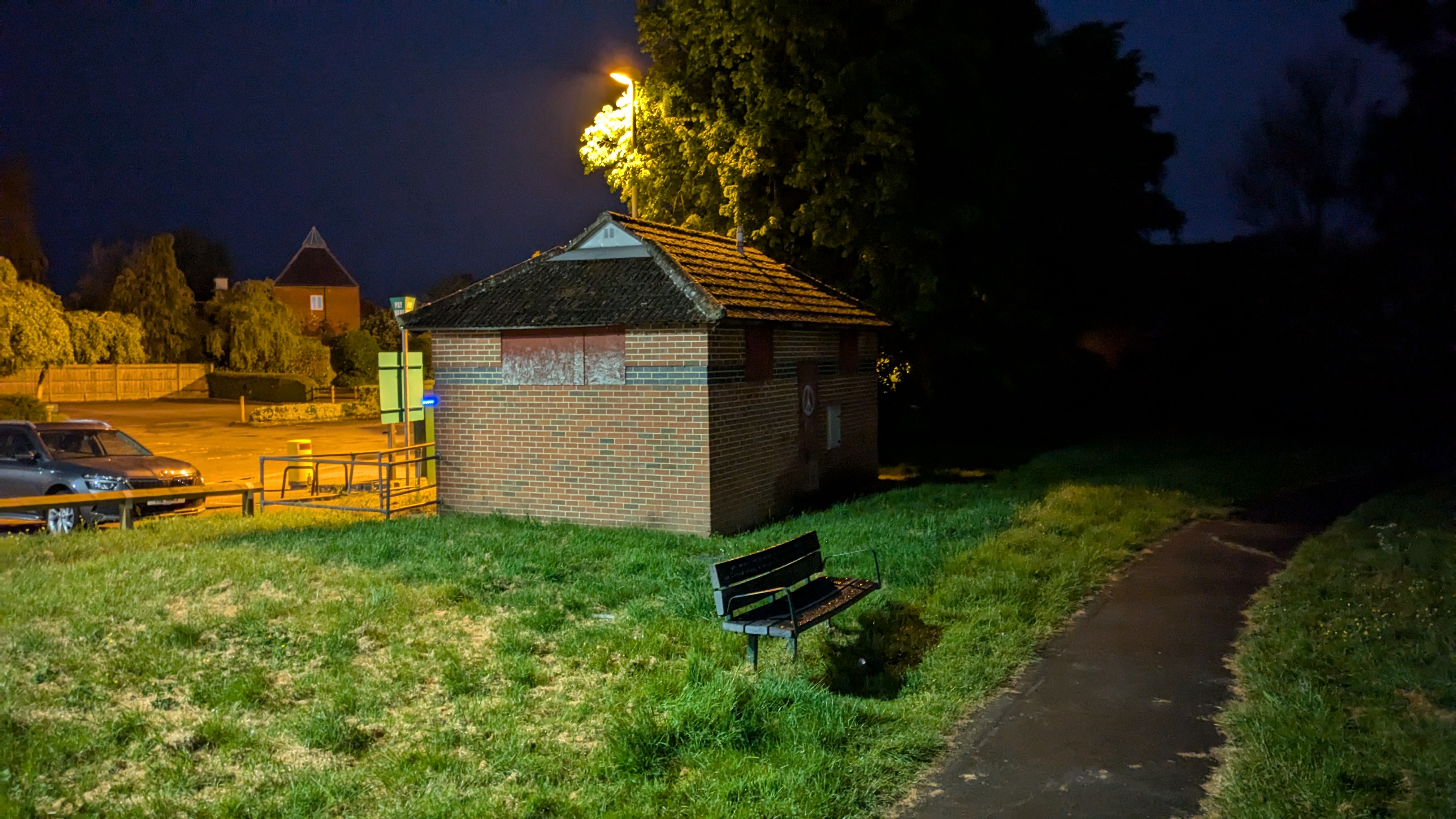
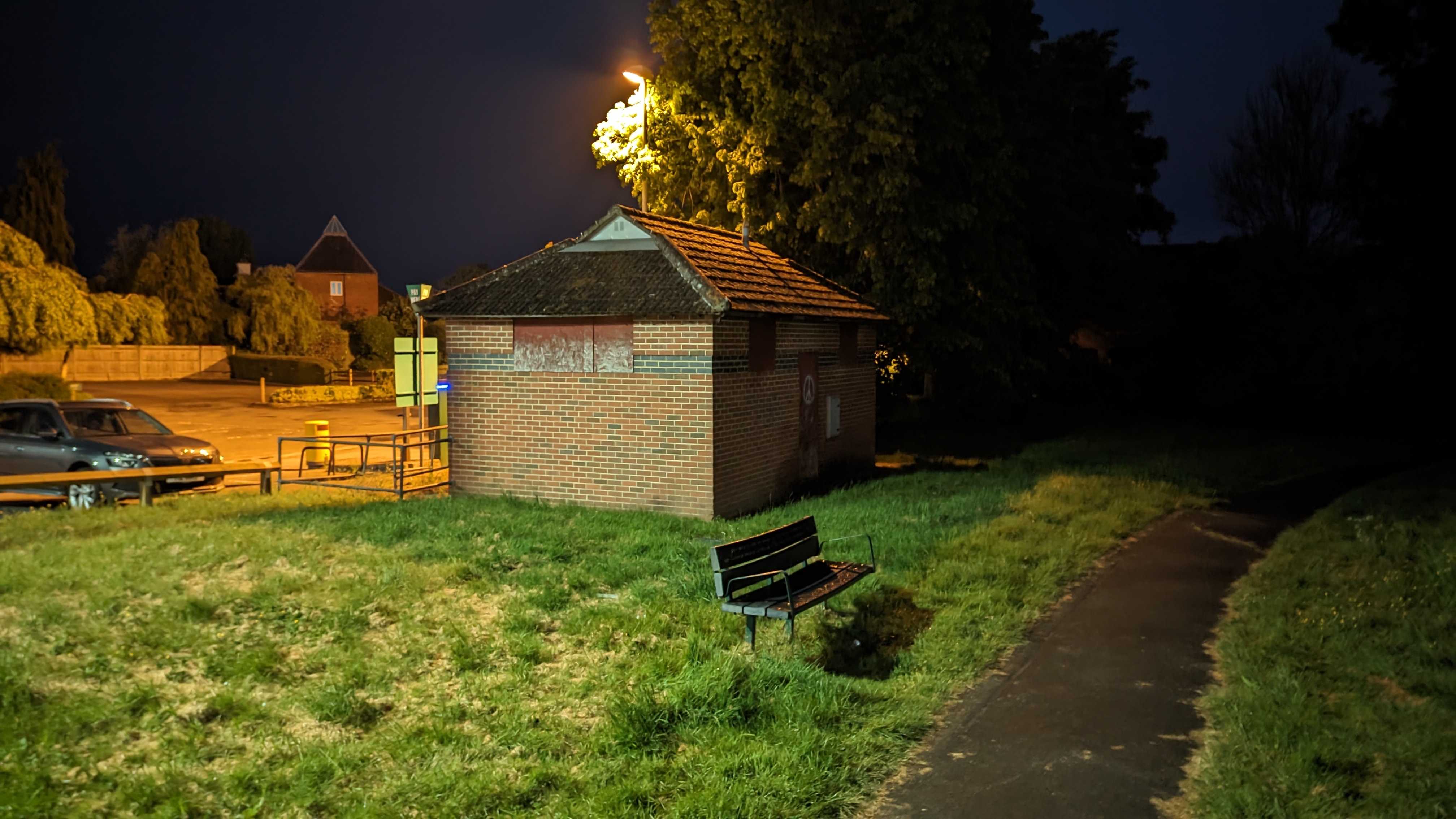
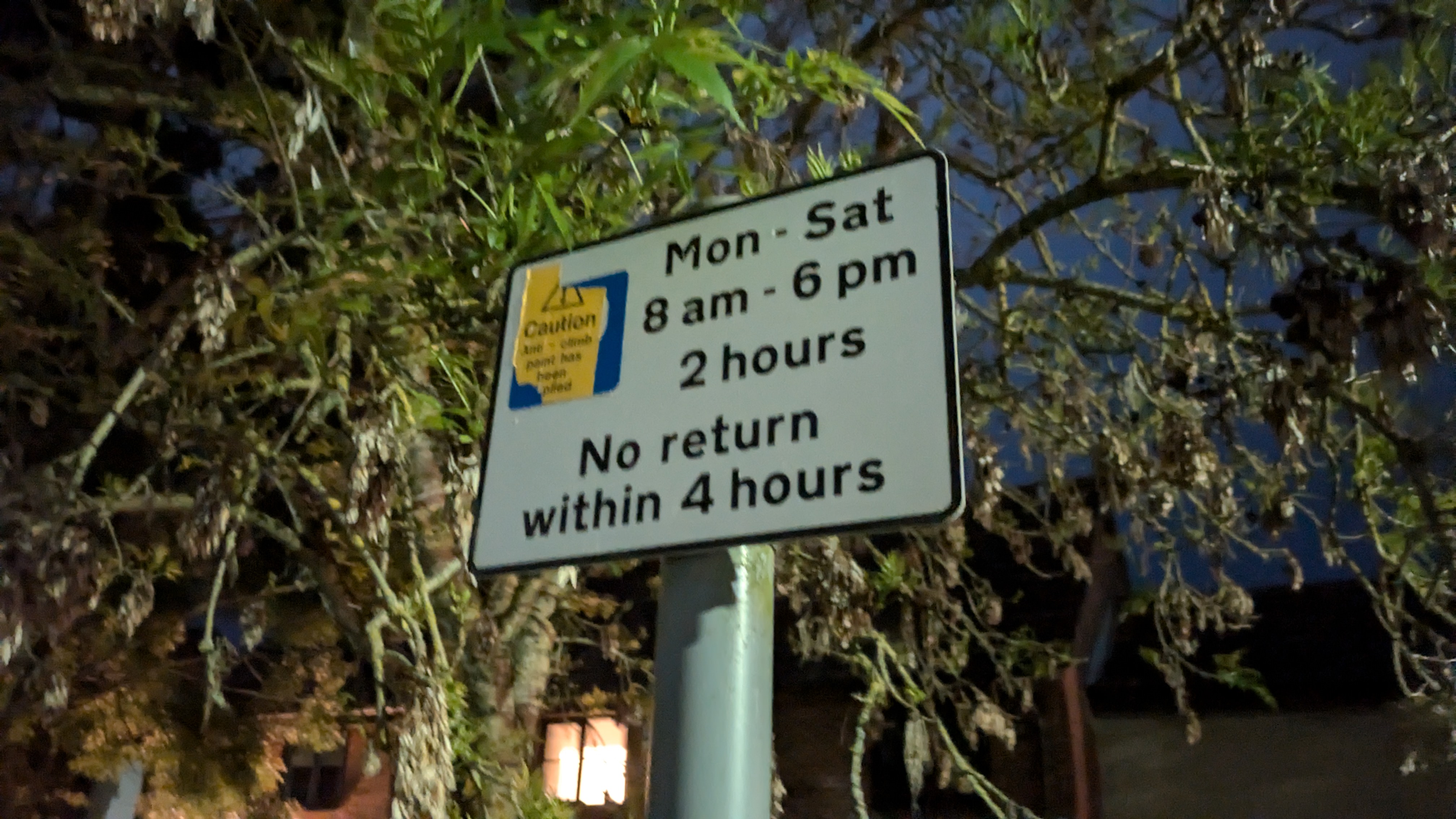
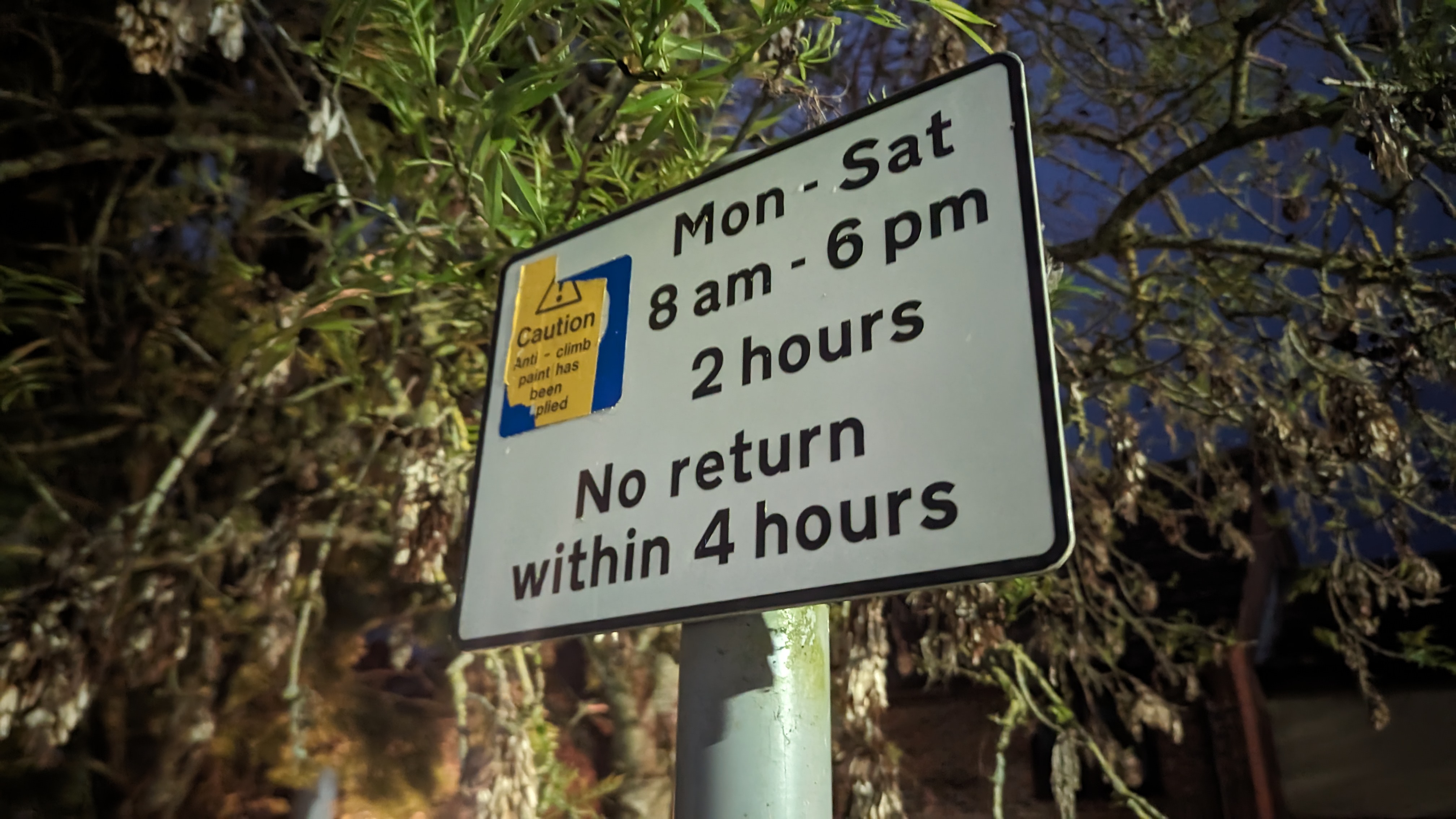
Verdict
The Pixel 6 Pro may have a name that suggests a level of superiority, but it is showing its age. The fact is that the Pixel 8a easily grabs the victory in this face-off, performing significantly better in a number of key categories.
There's been a lot of advancement in mobile camera technology over the past few years, especially on the software side of things. Which is how a mid-range A series can trump 2021's Pro model. While the front and ultrawide lenses offer similar quality and performance, the main camera really sets the Pixel 8a apart.
That's not to say that the Pixel 6 Pro has a bad set of cameras. It especially wins on zoom, but that's not a surprise. A telephoto lens or some sort of digital hybrid trumps the pure digital option every single time. But when it comes to color reproduction and especially low-light performance, the Pixel 8a wins.
More from Tom's Guide
- I shot over 200 photos with the Pixel 8a vs iPhone SE — here’s the winner
- I got into astrophotography with phones, but fell in love with the hobby thanks to smart telescopes — here’s how
- Excited for Apple's AI features? You’ll need this iPhone to make the most of them

Tom is the Tom's Guide's UK Phones Editor, tackling the latest smartphone news and vocally expressing his opinions about upcoming features or changes. It's long way from his days as editor of Gizmodo UK, when pretty much everything was on the table. He’s usually found trying to squeeze another giant Lego set onto the shelf, draining very large cups of coffee, or complaining about how terrible his Smart TV is.
 Club Benefits
Club Benefits






